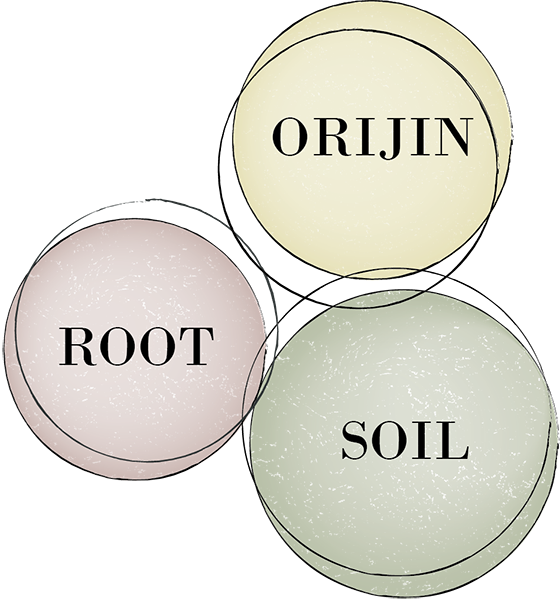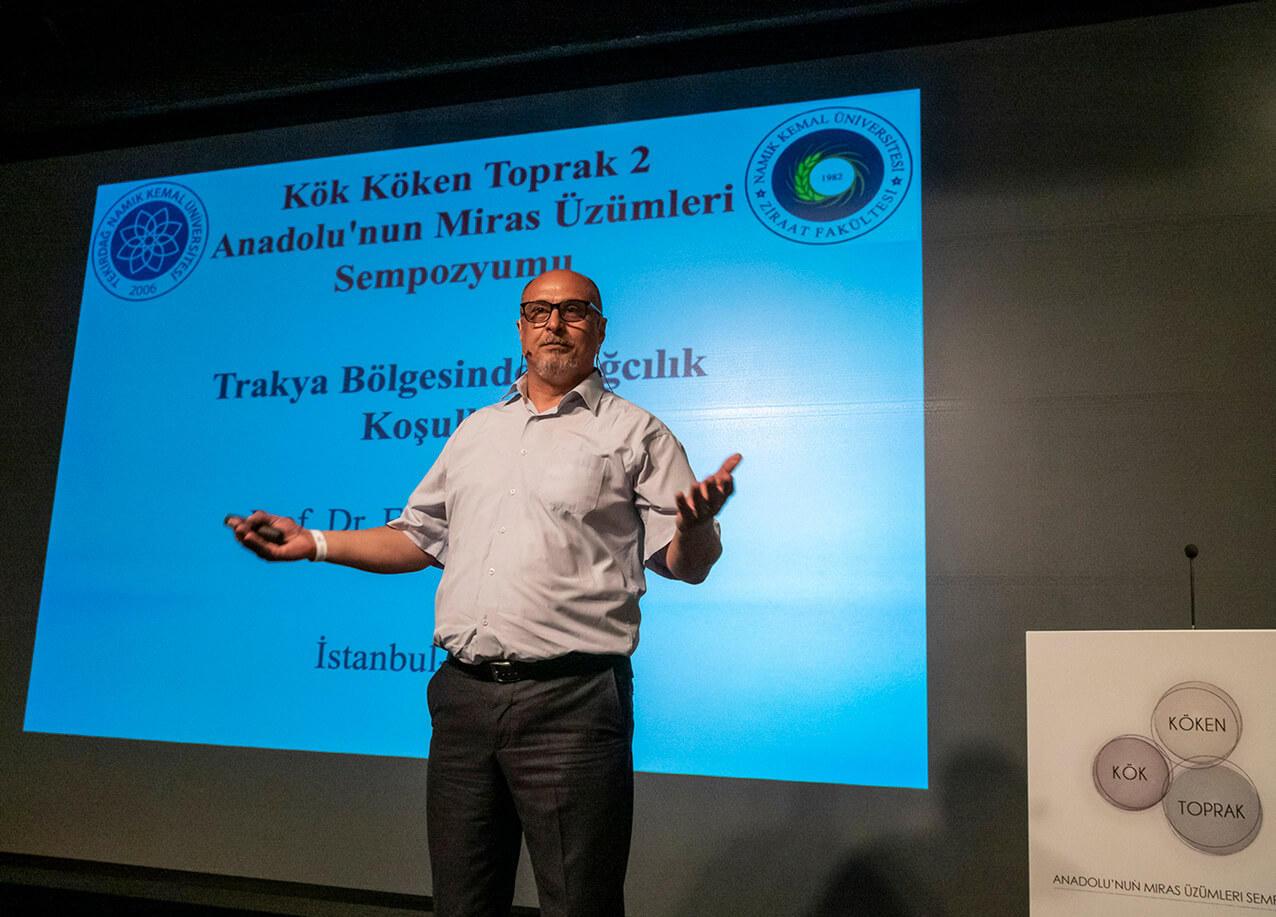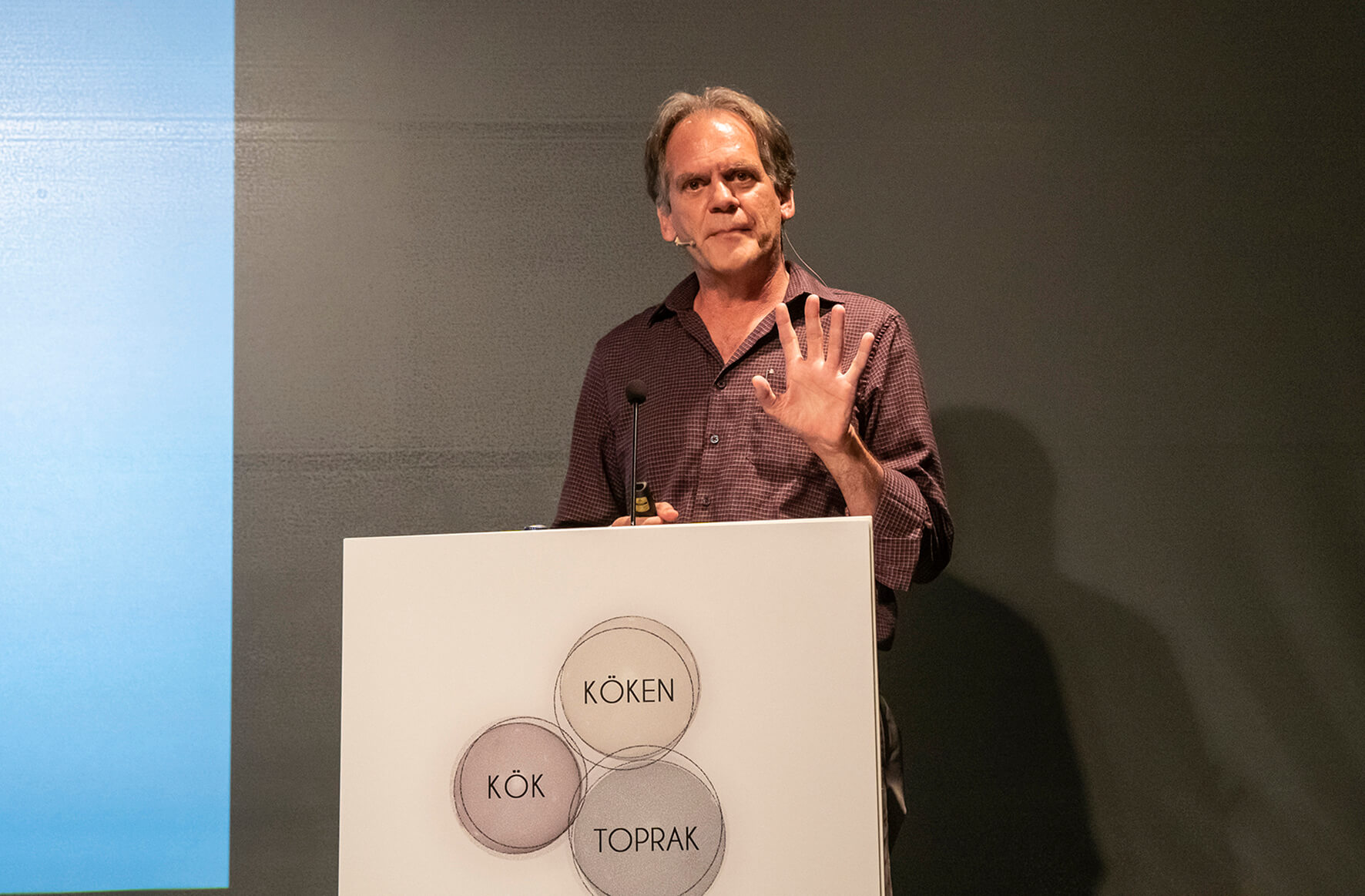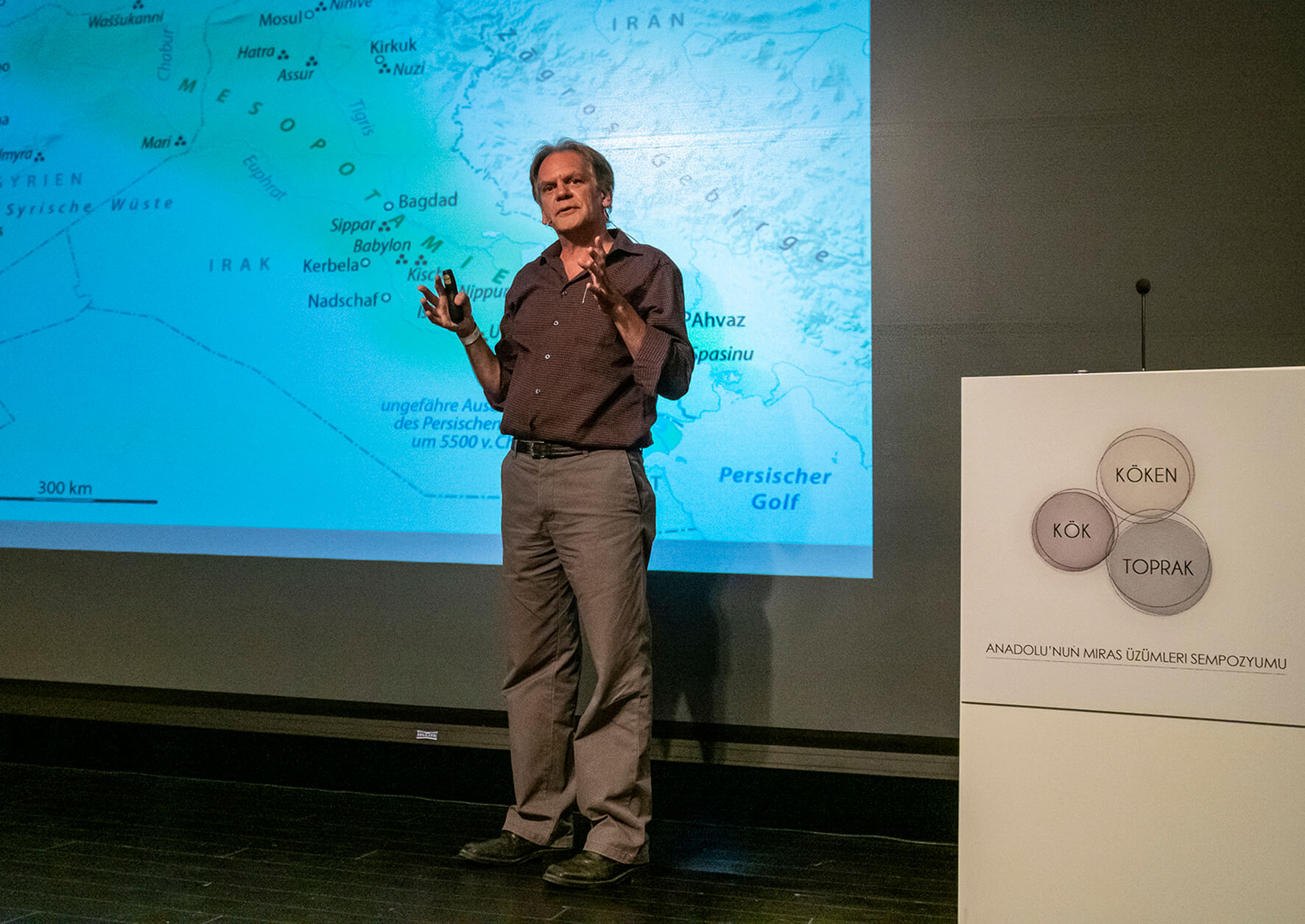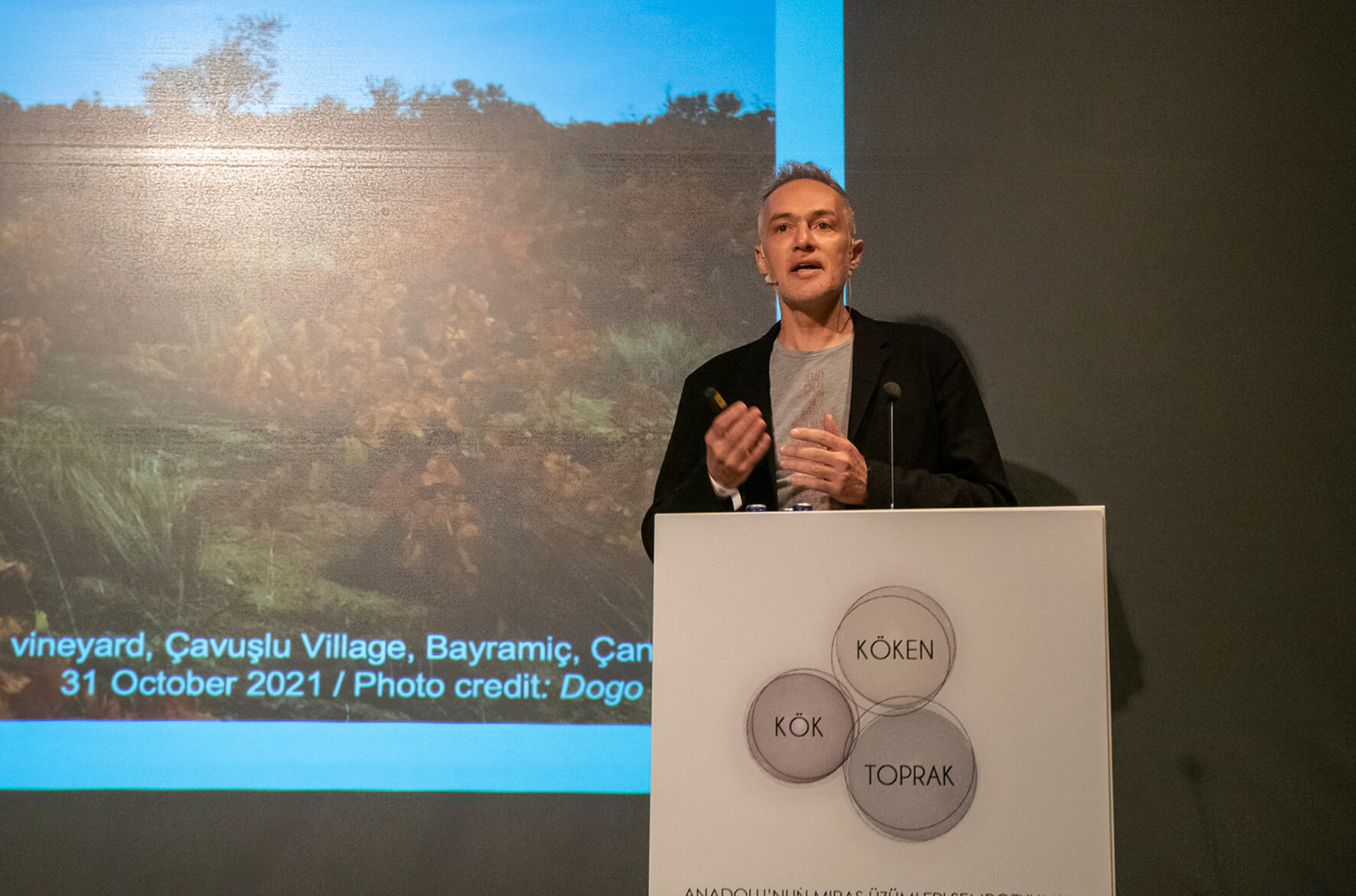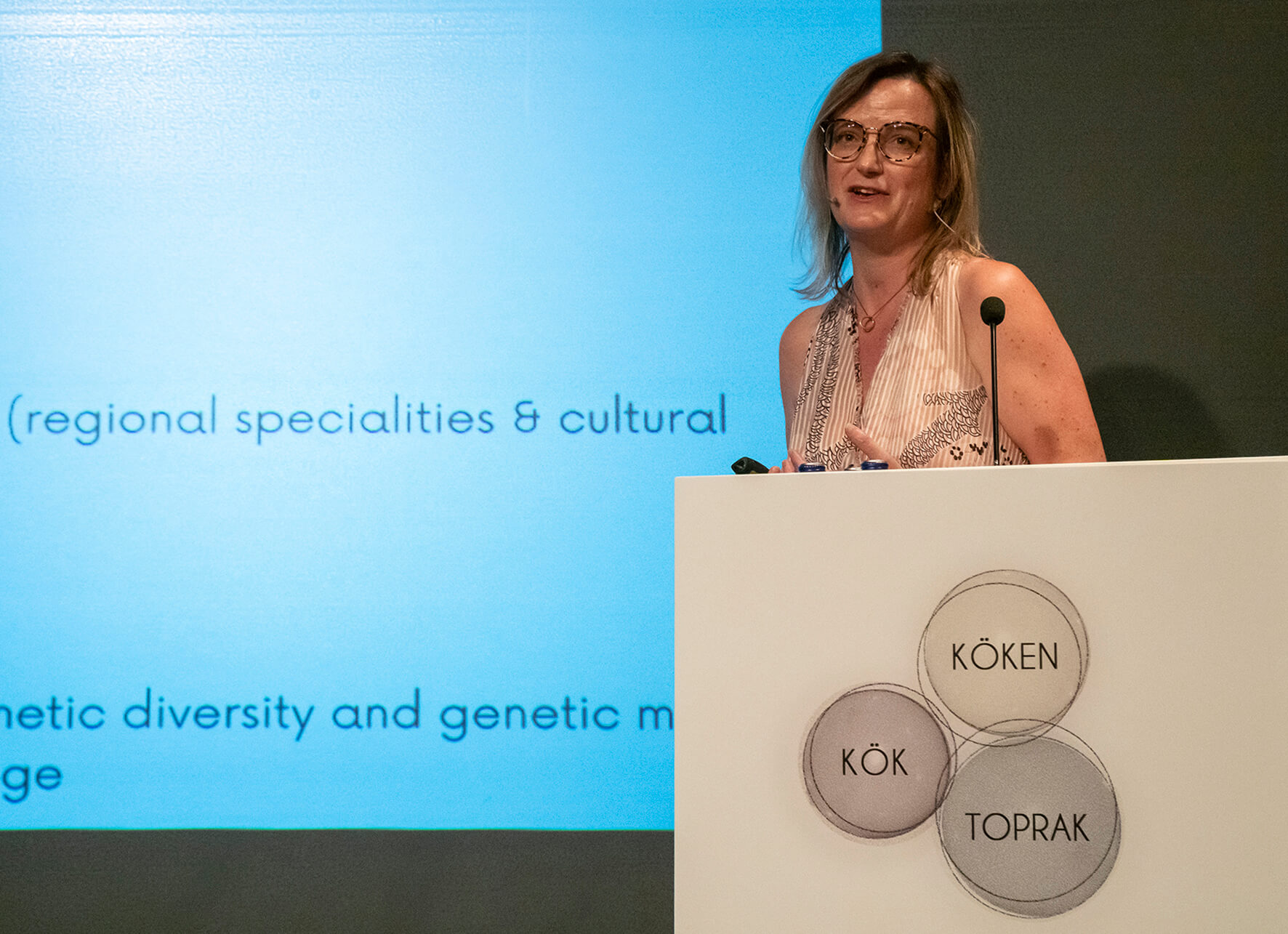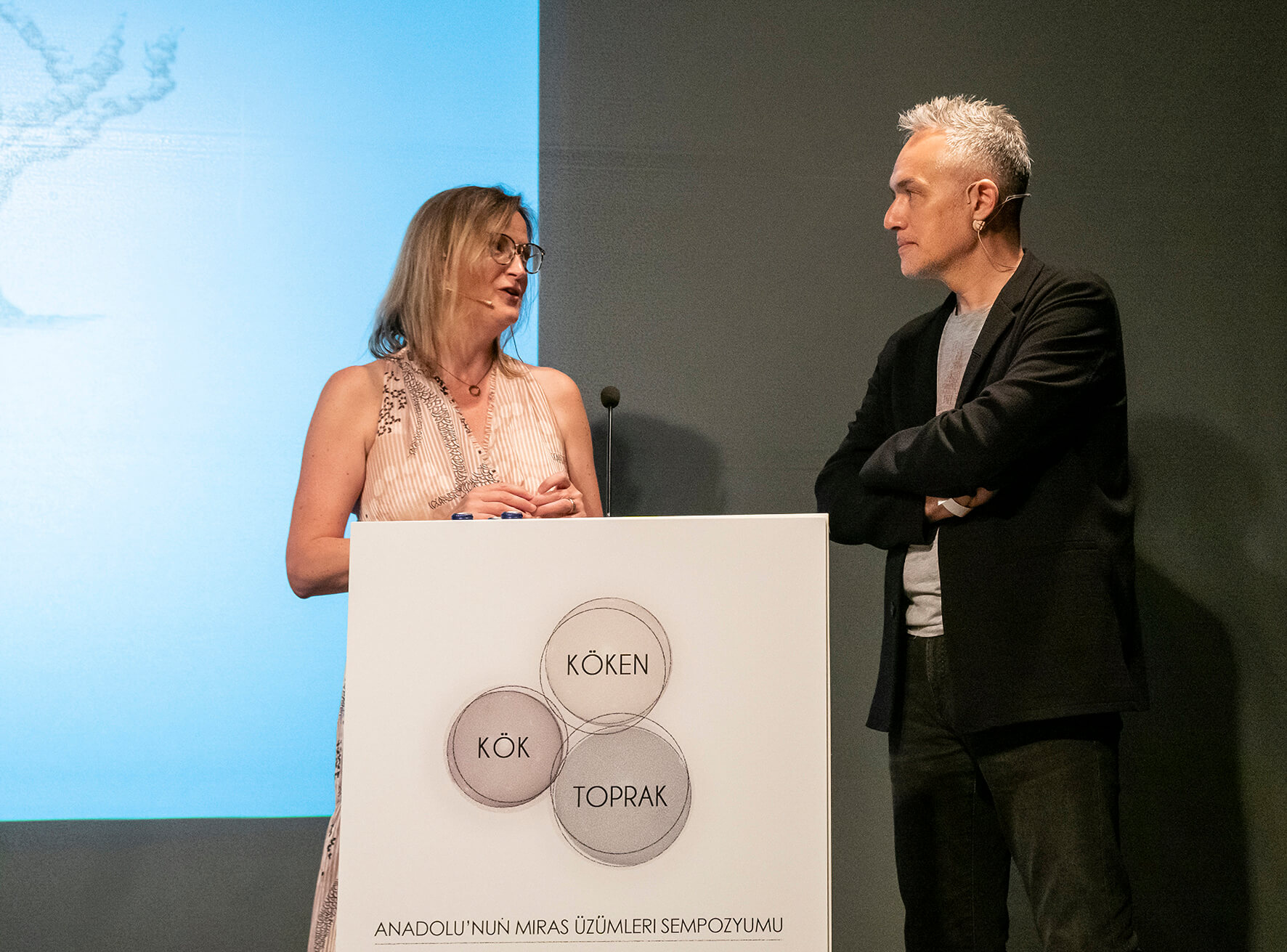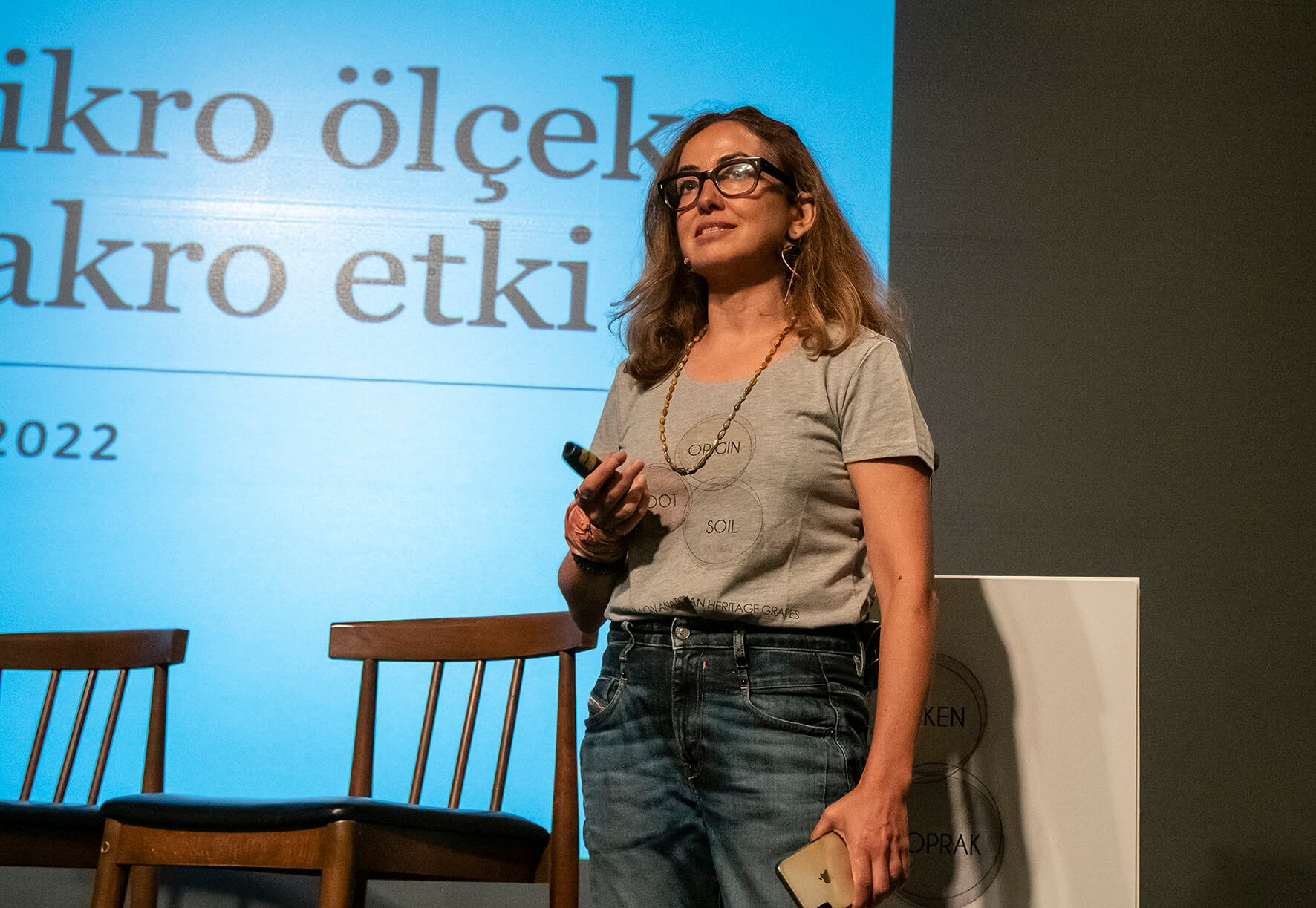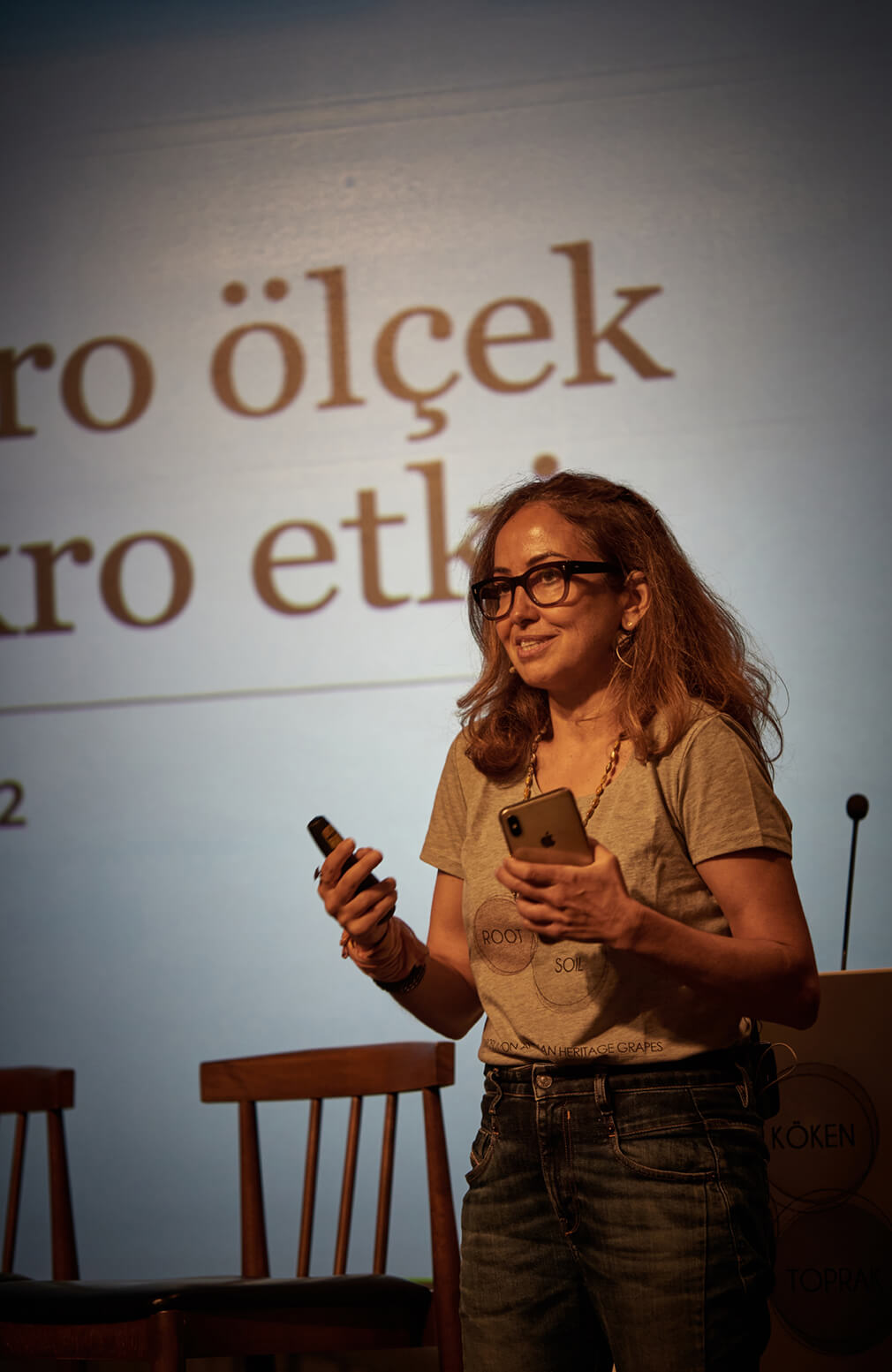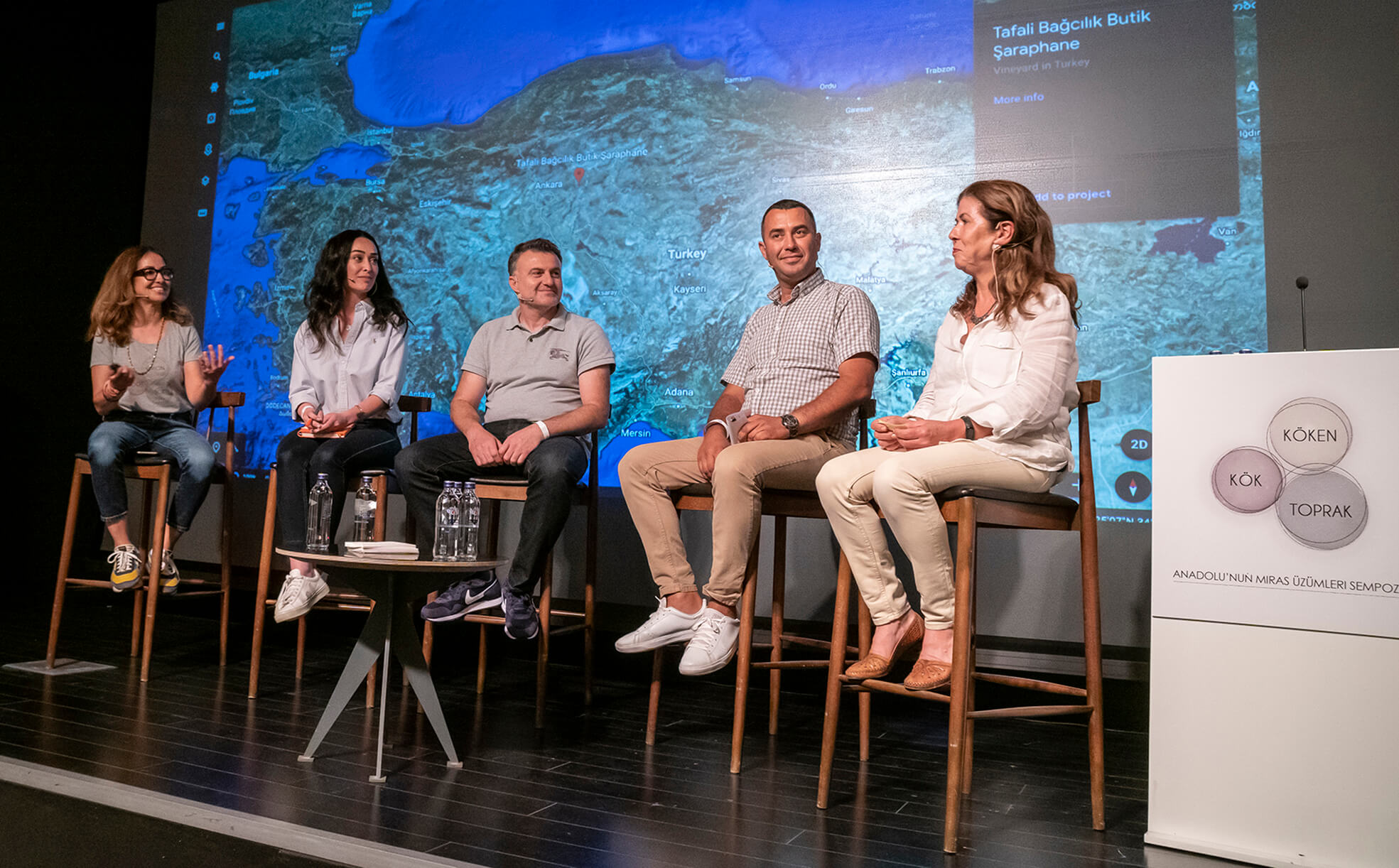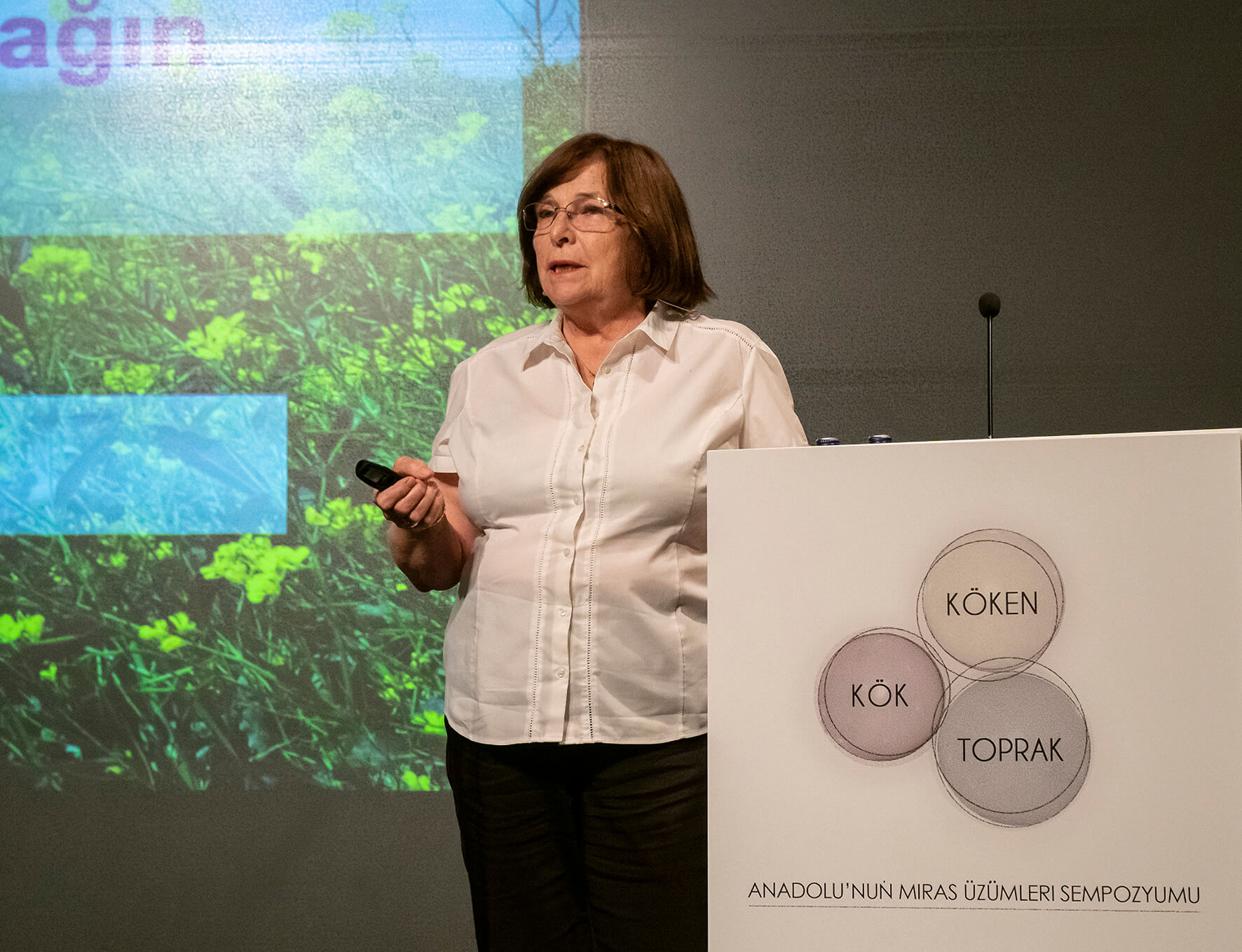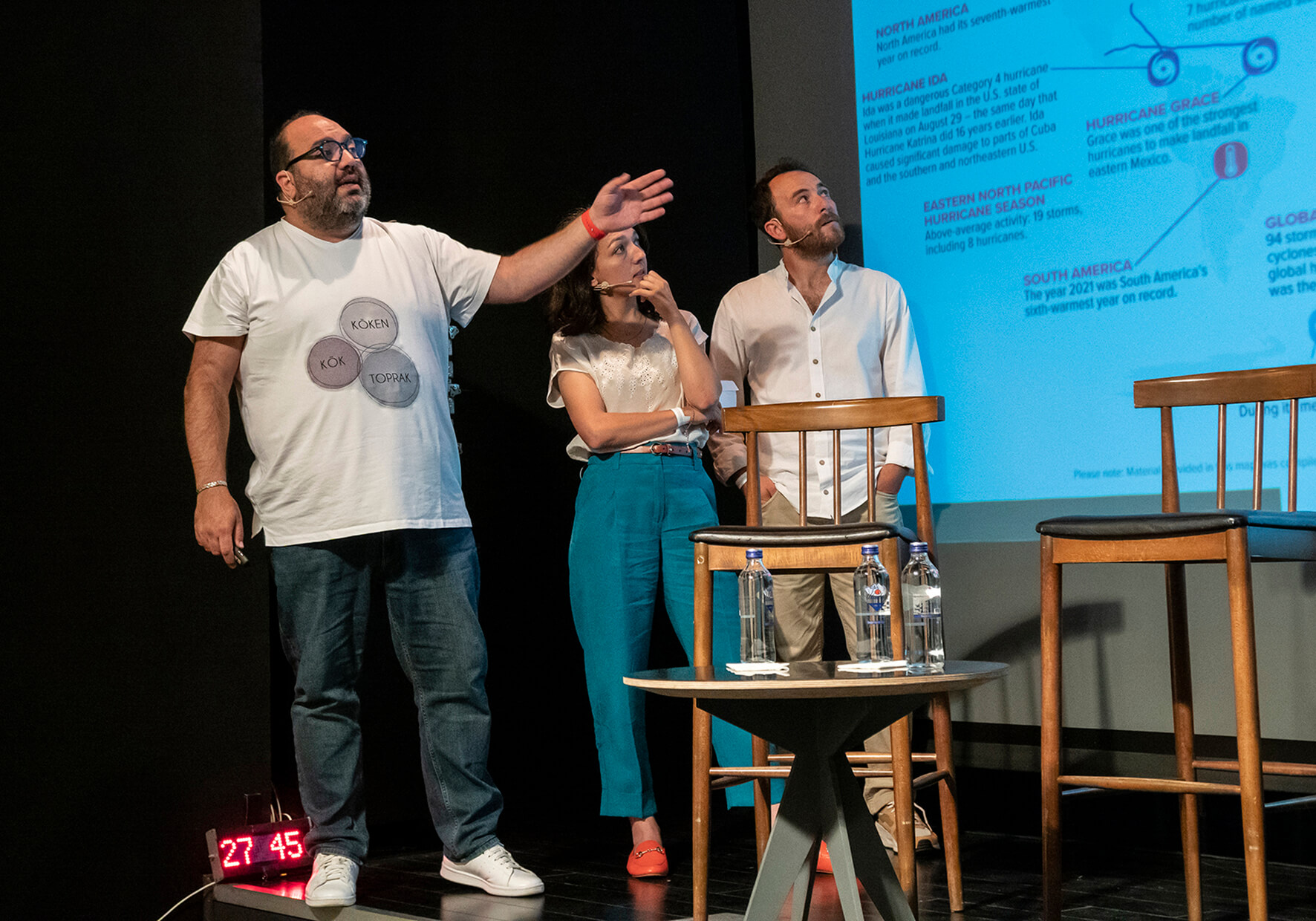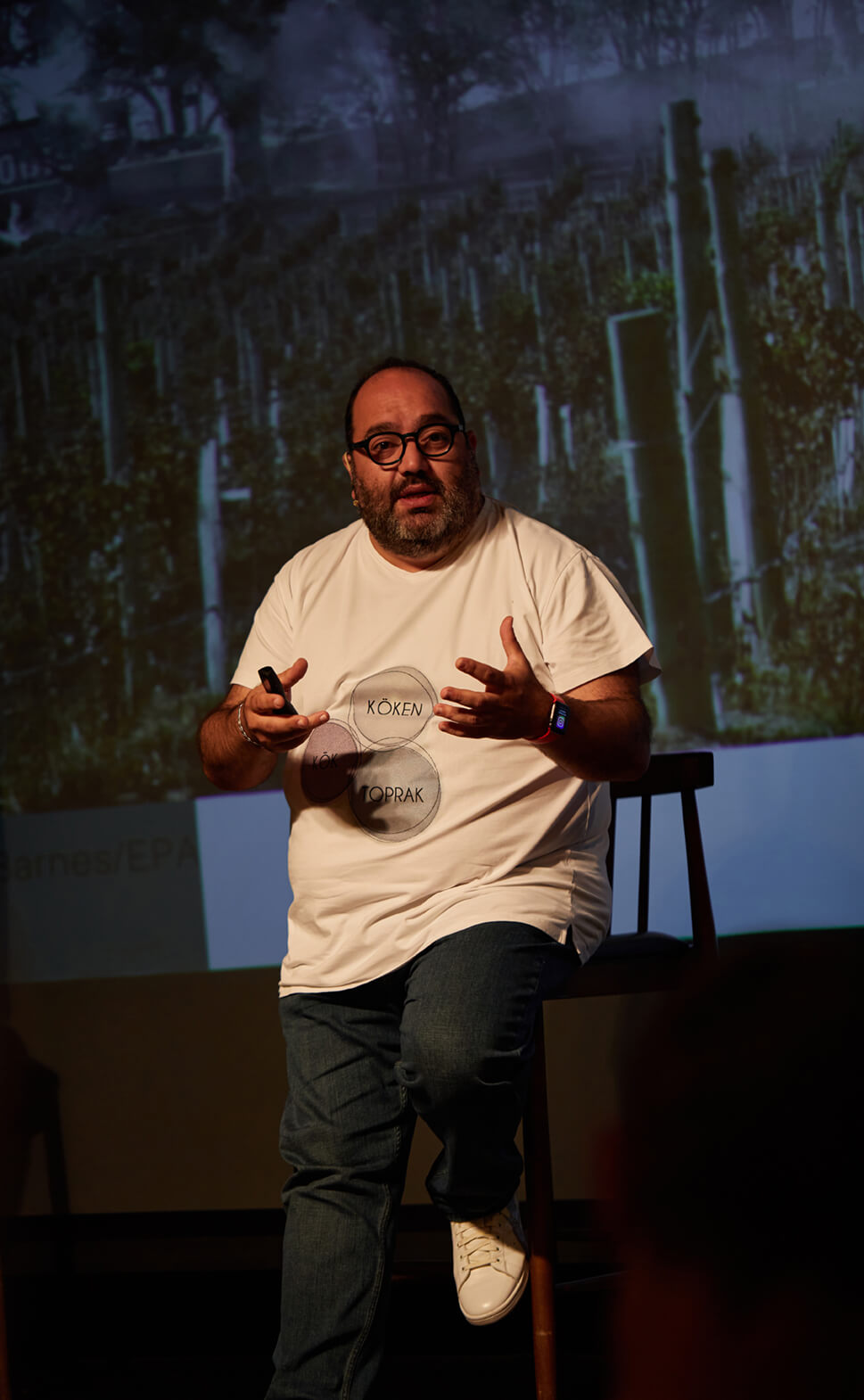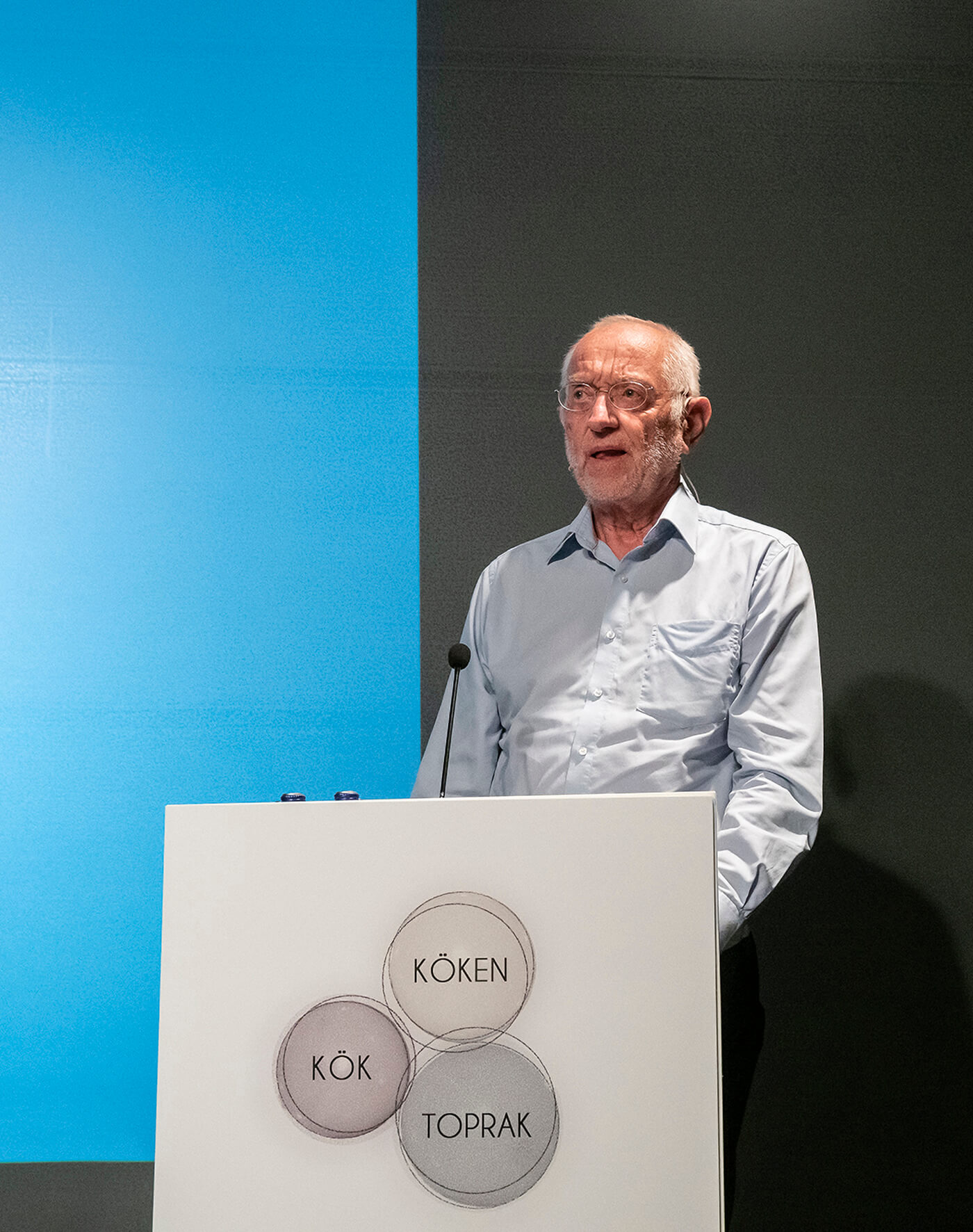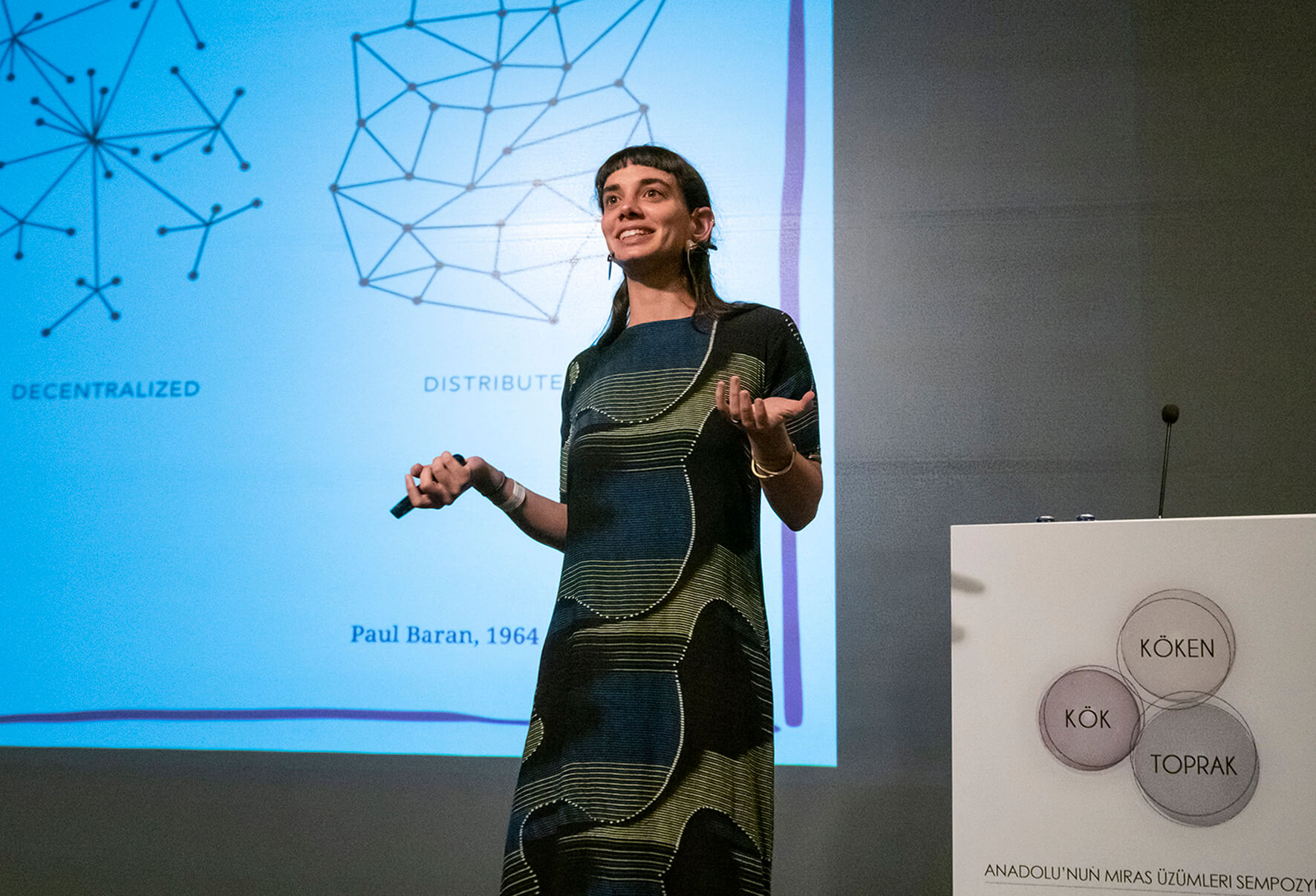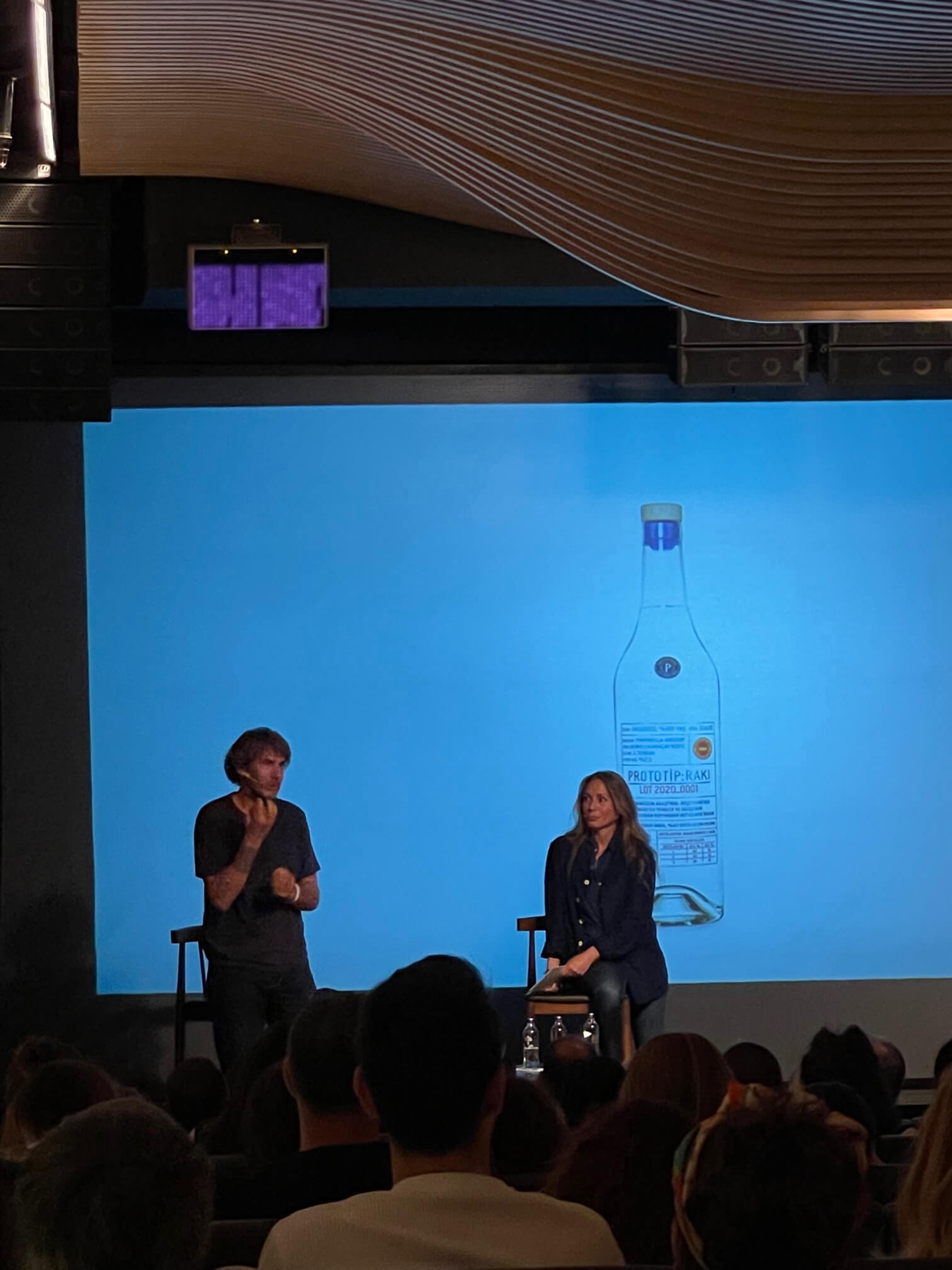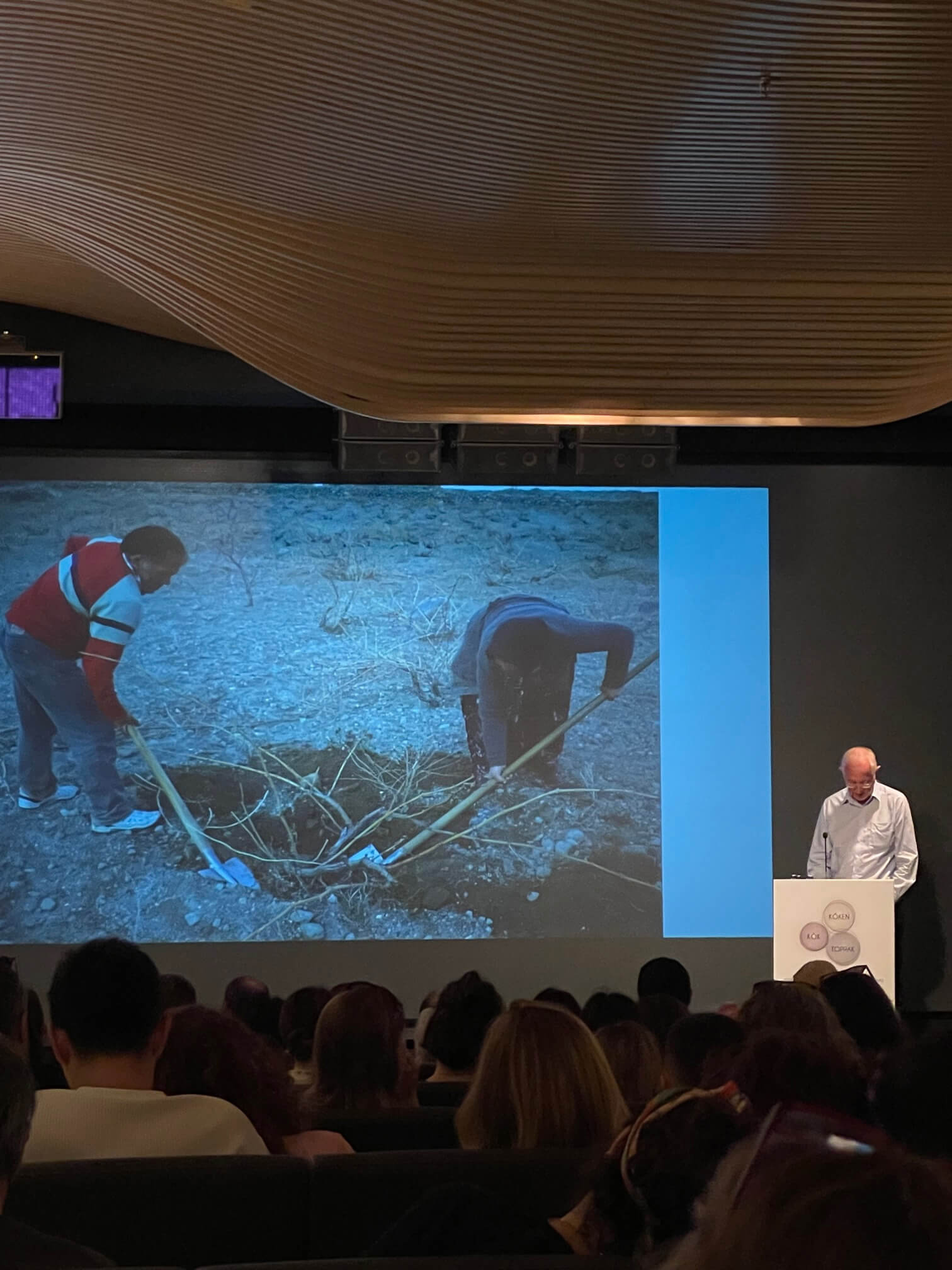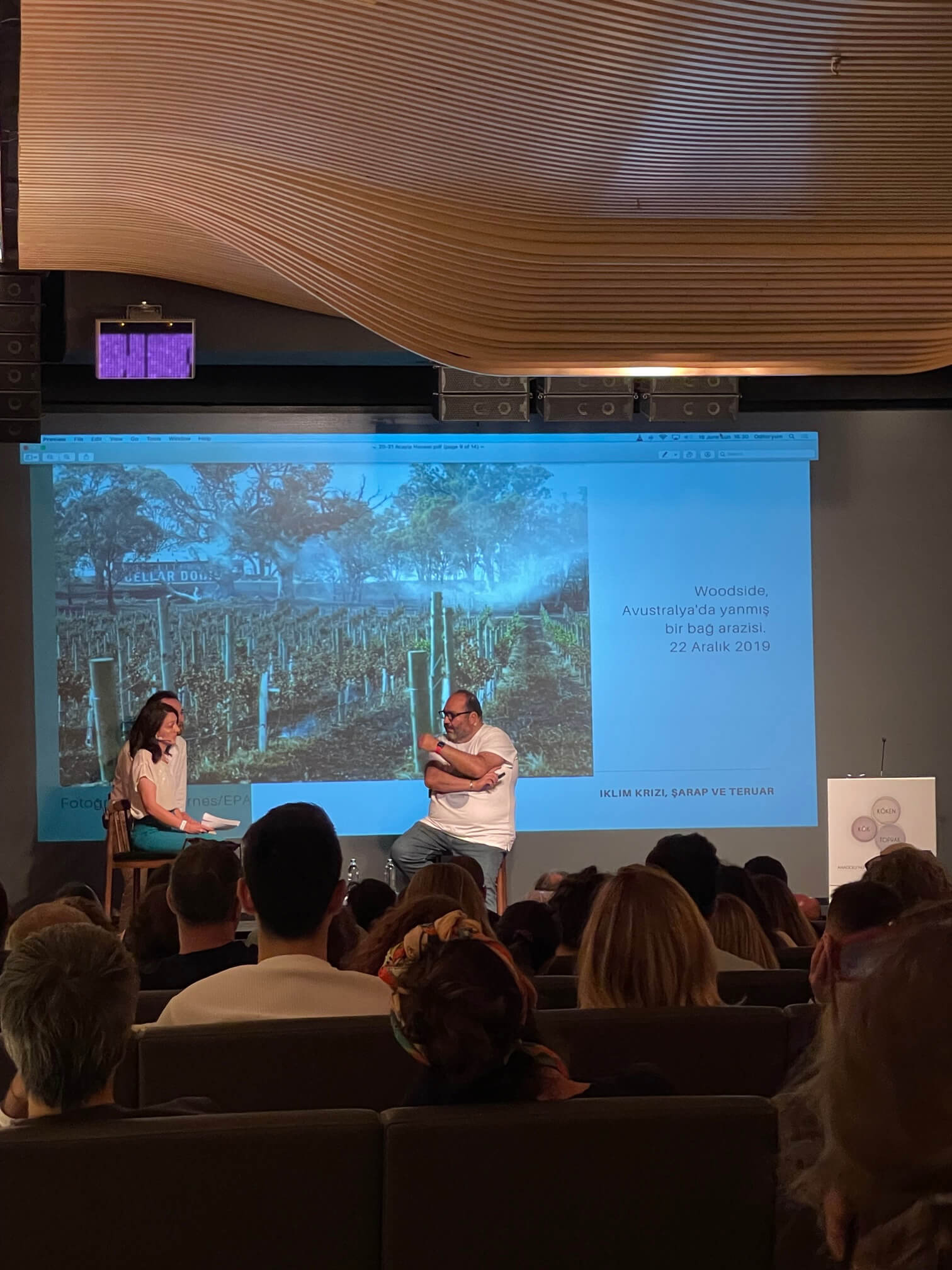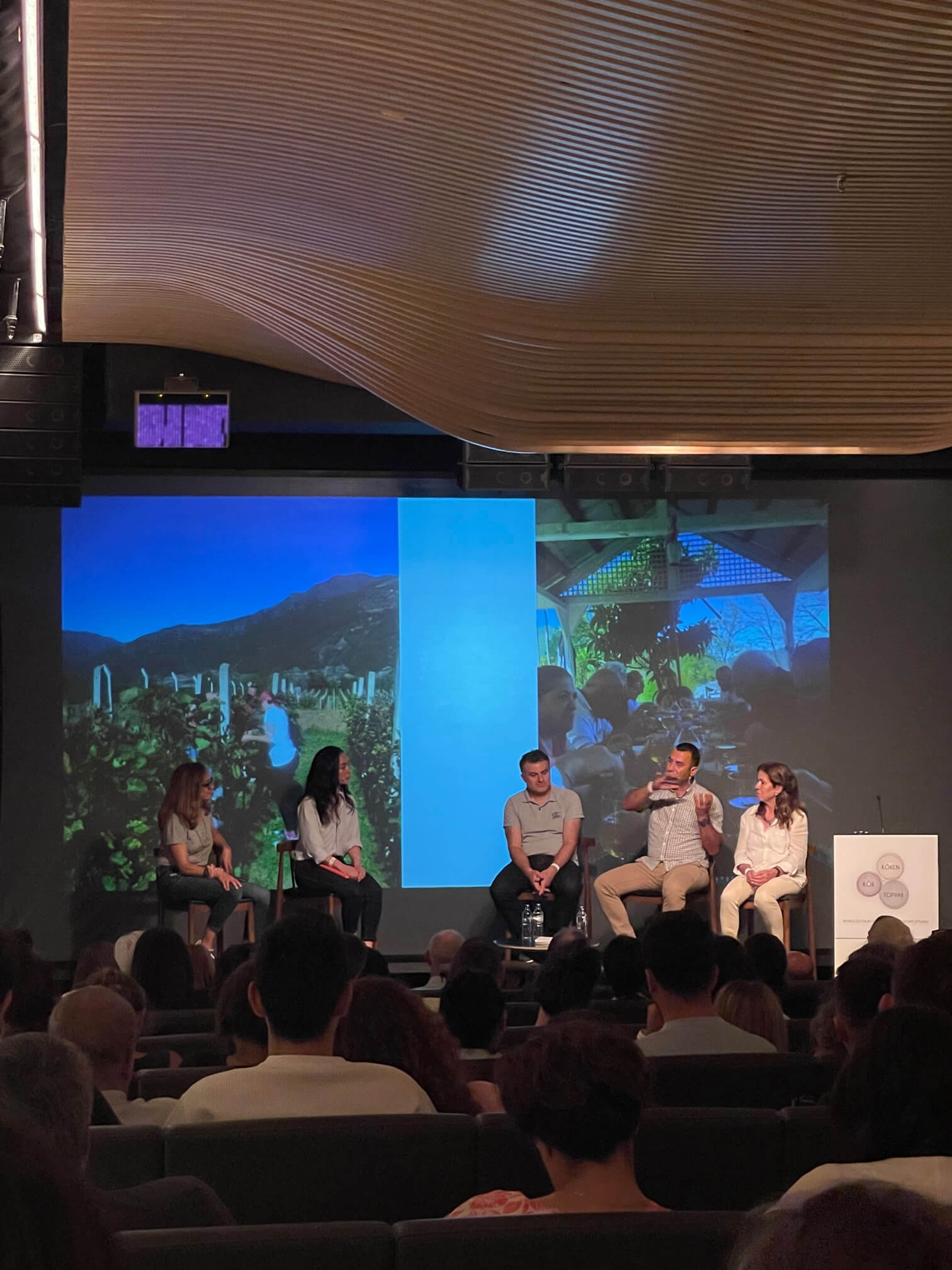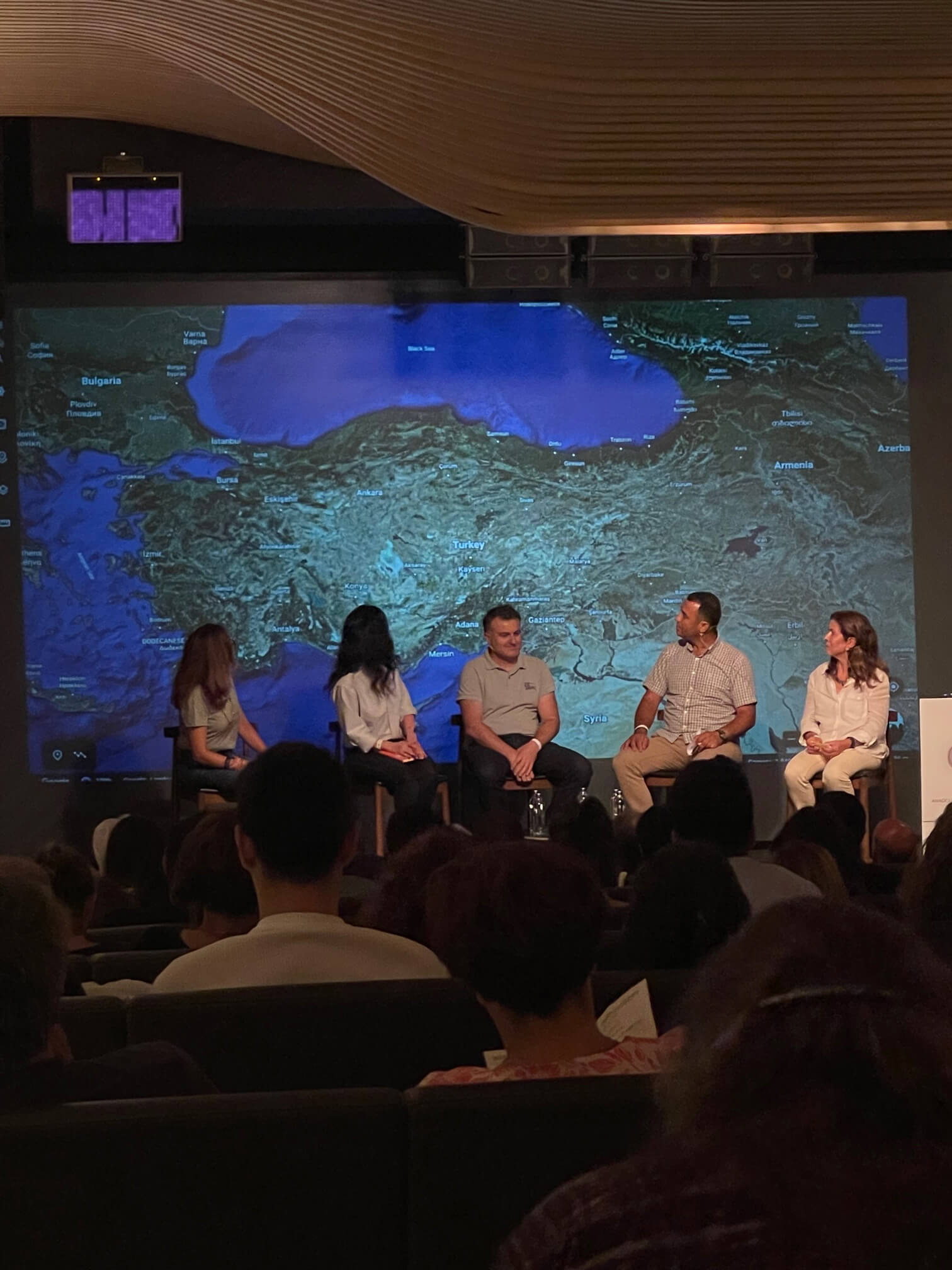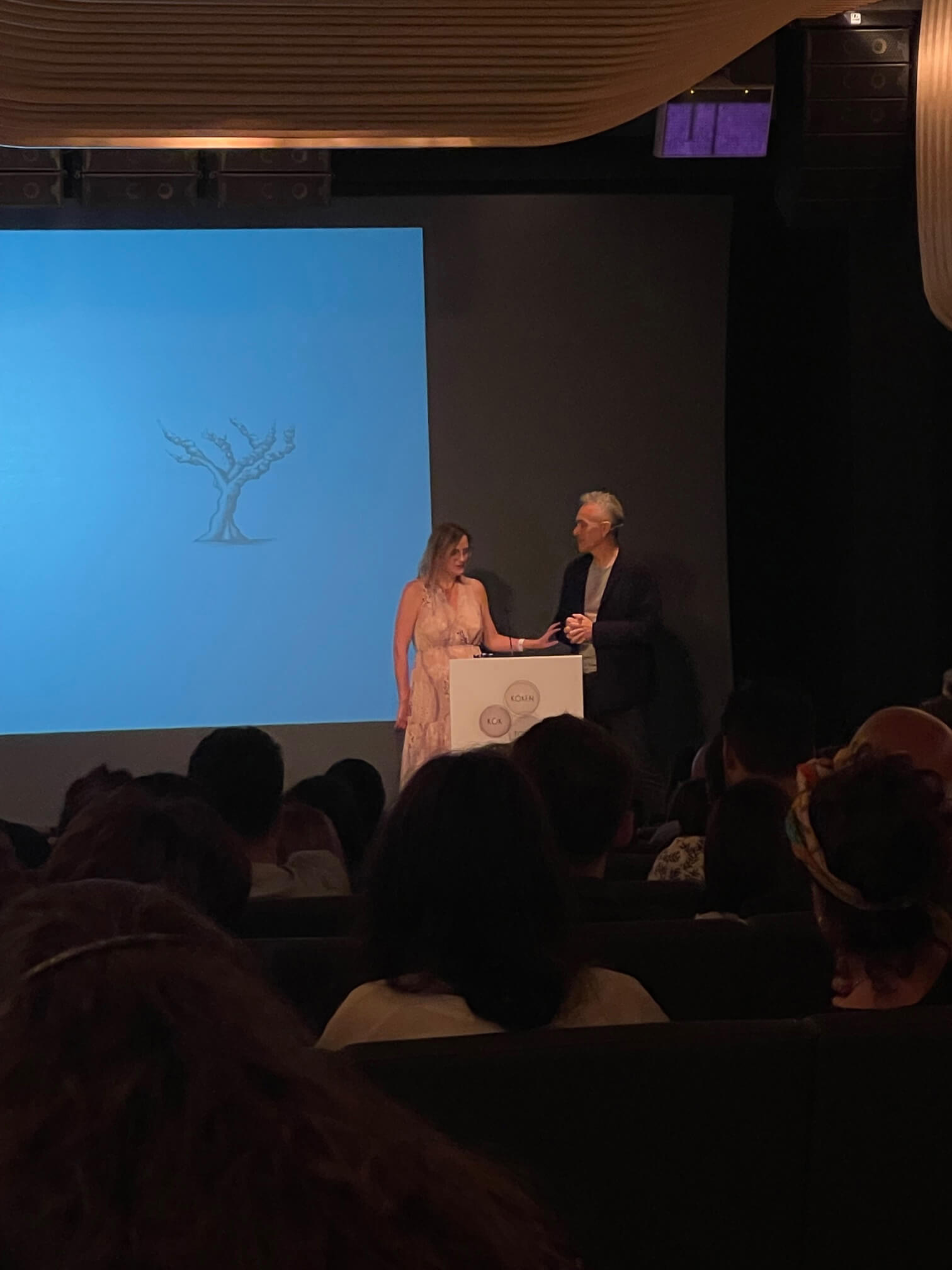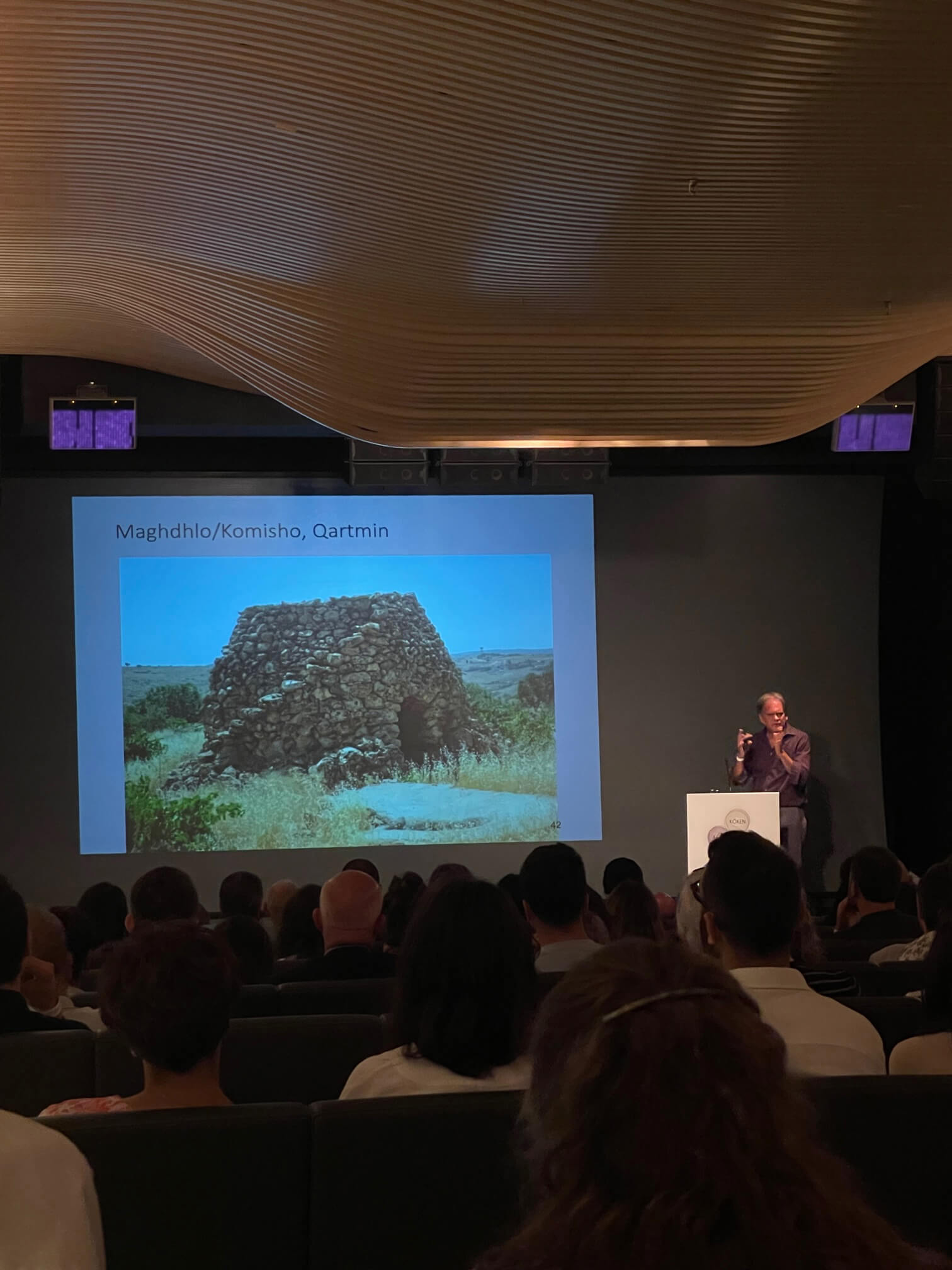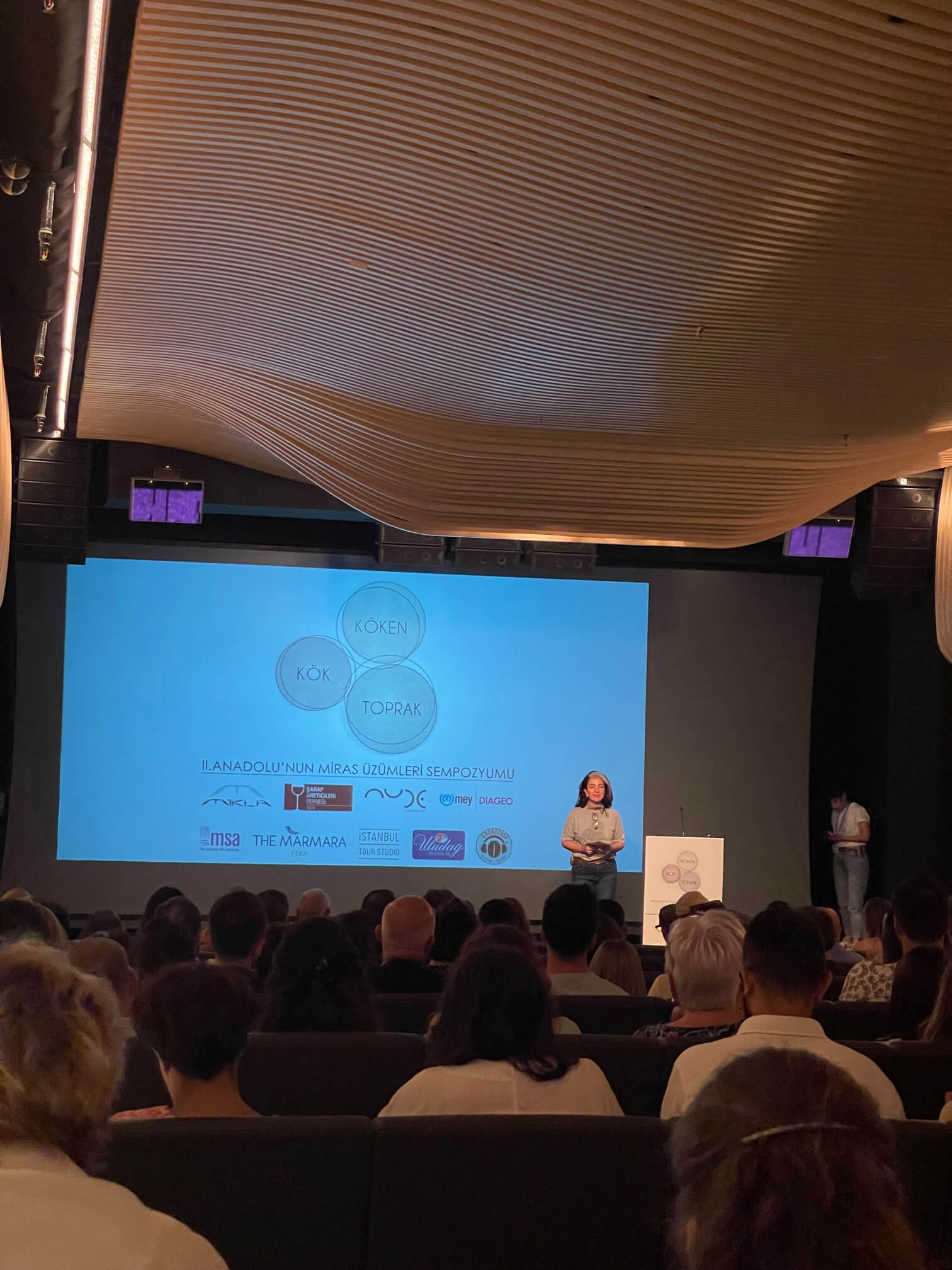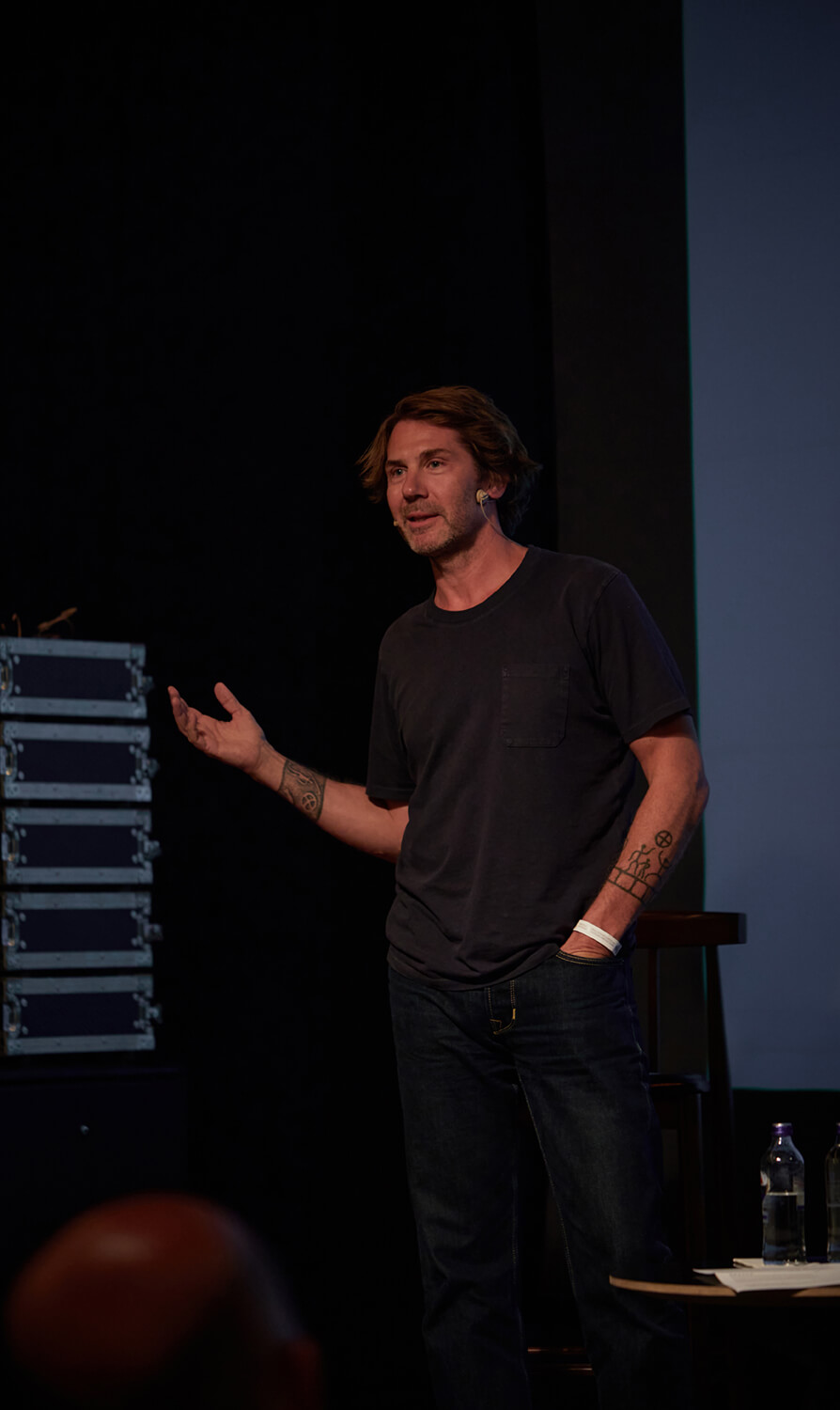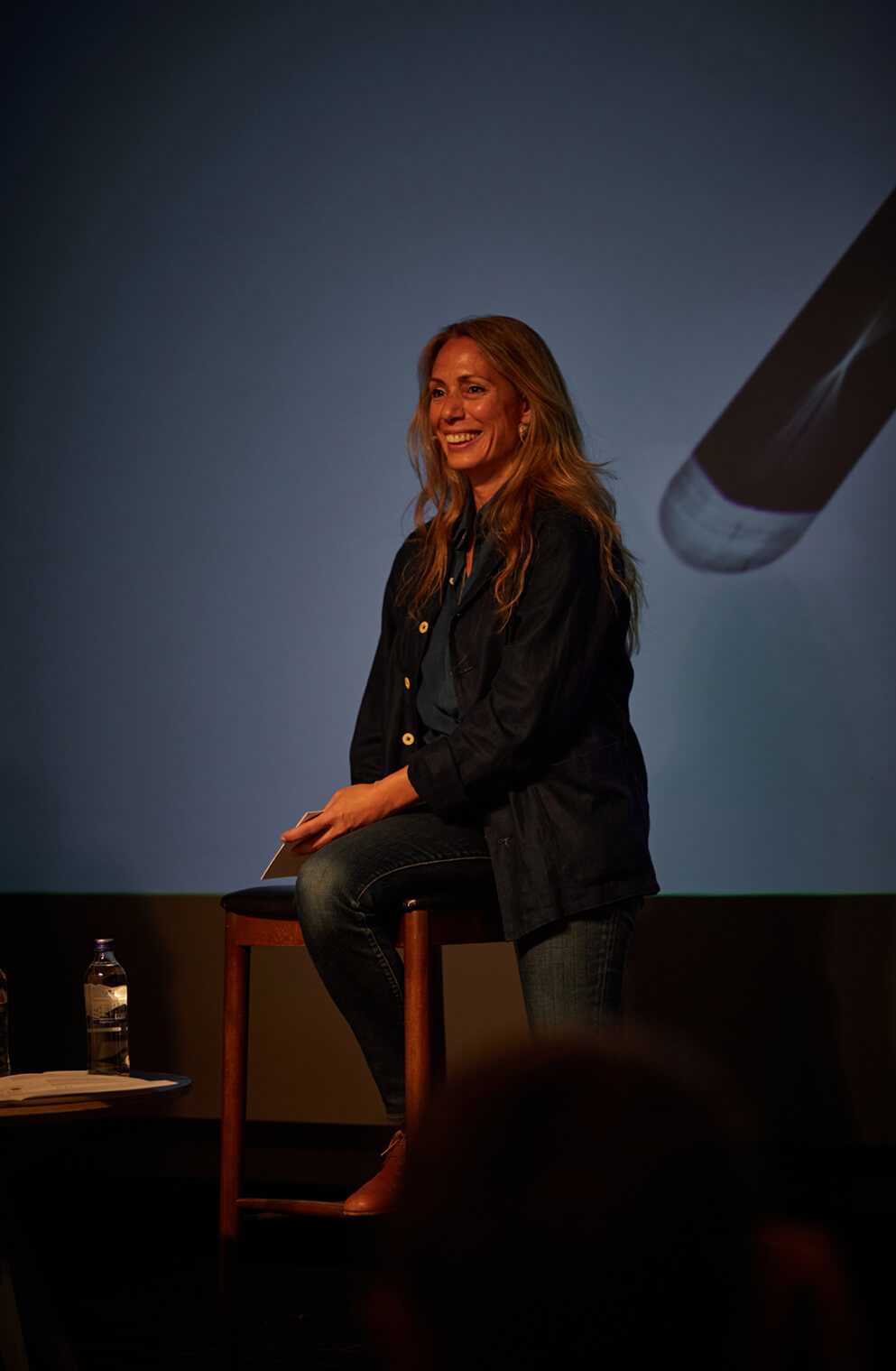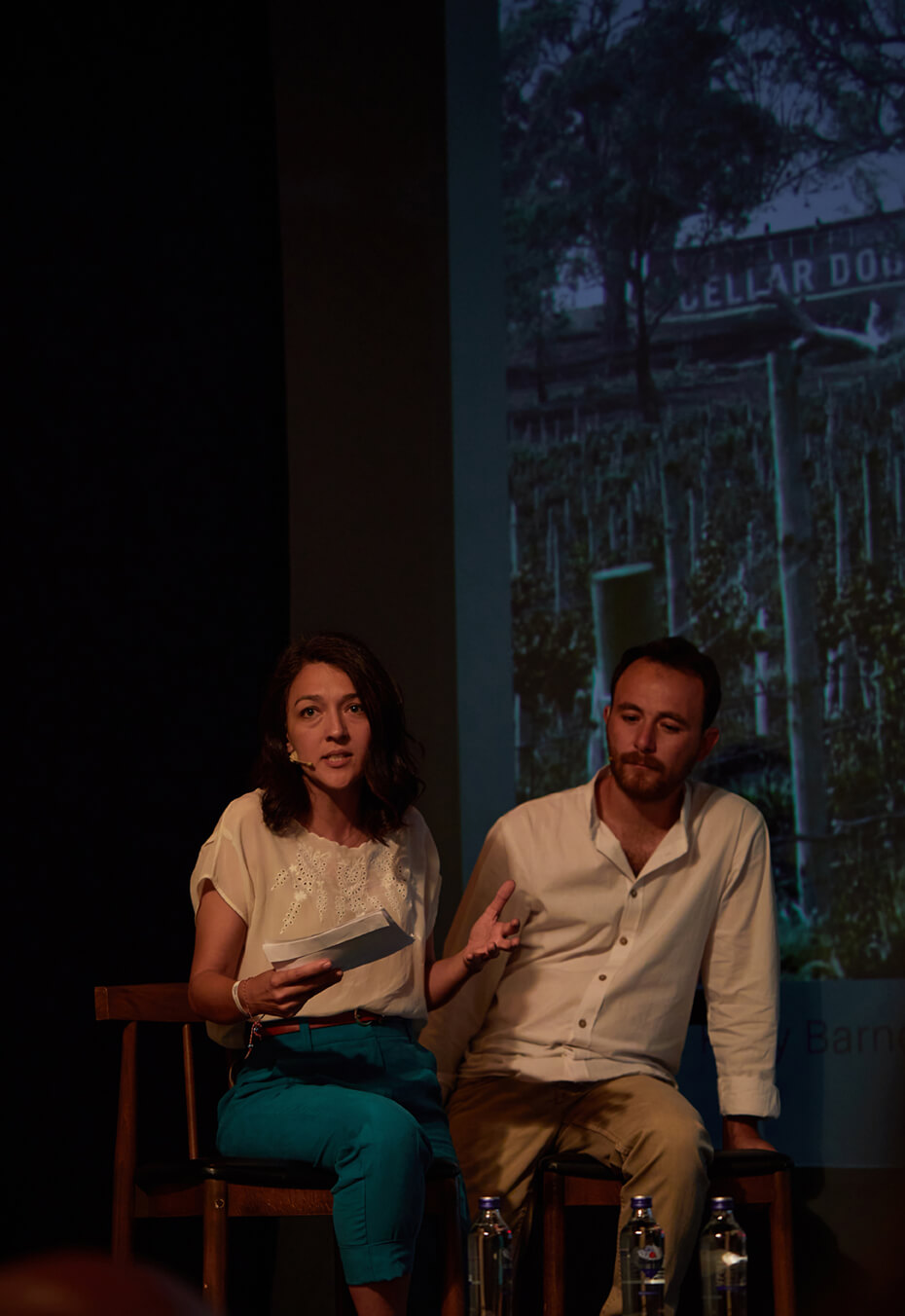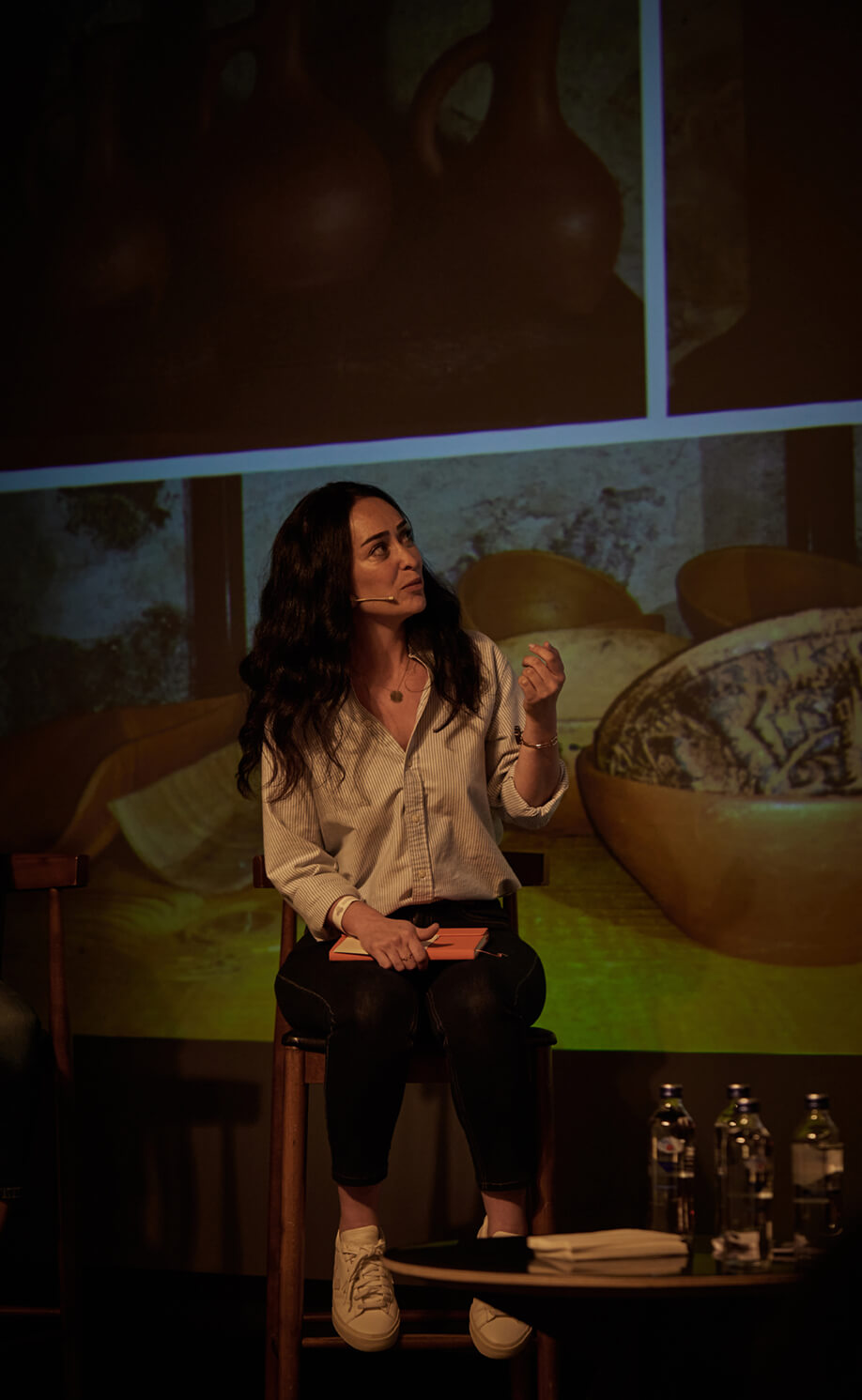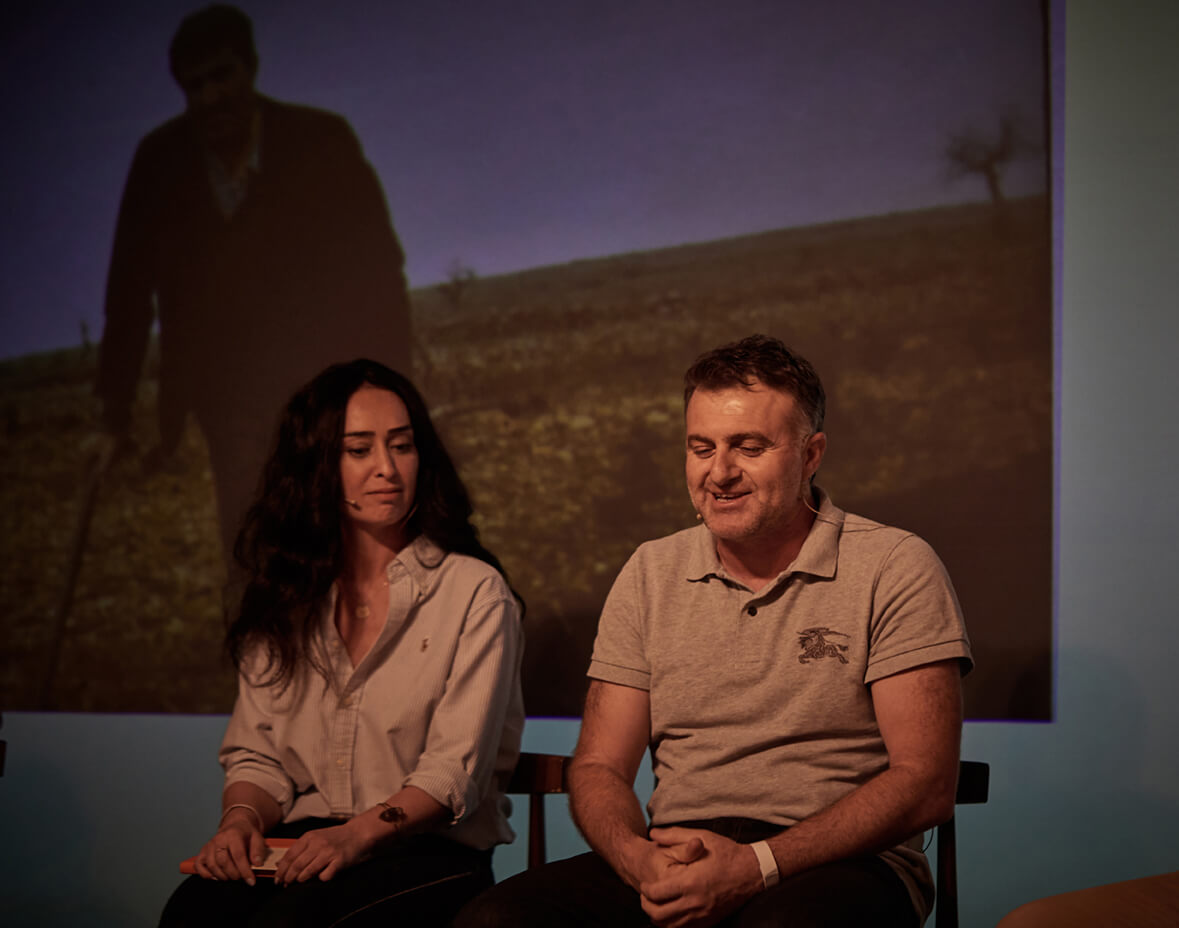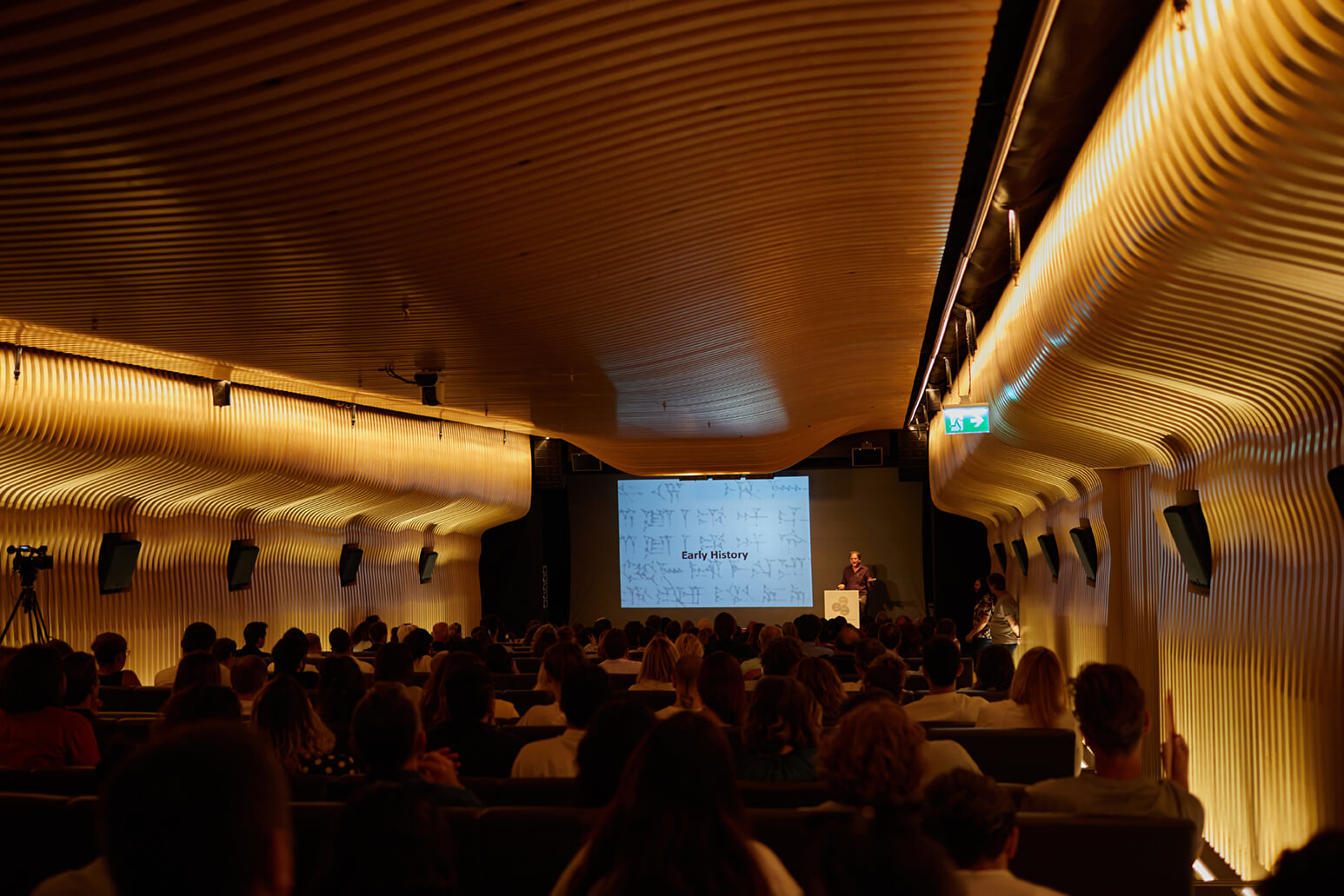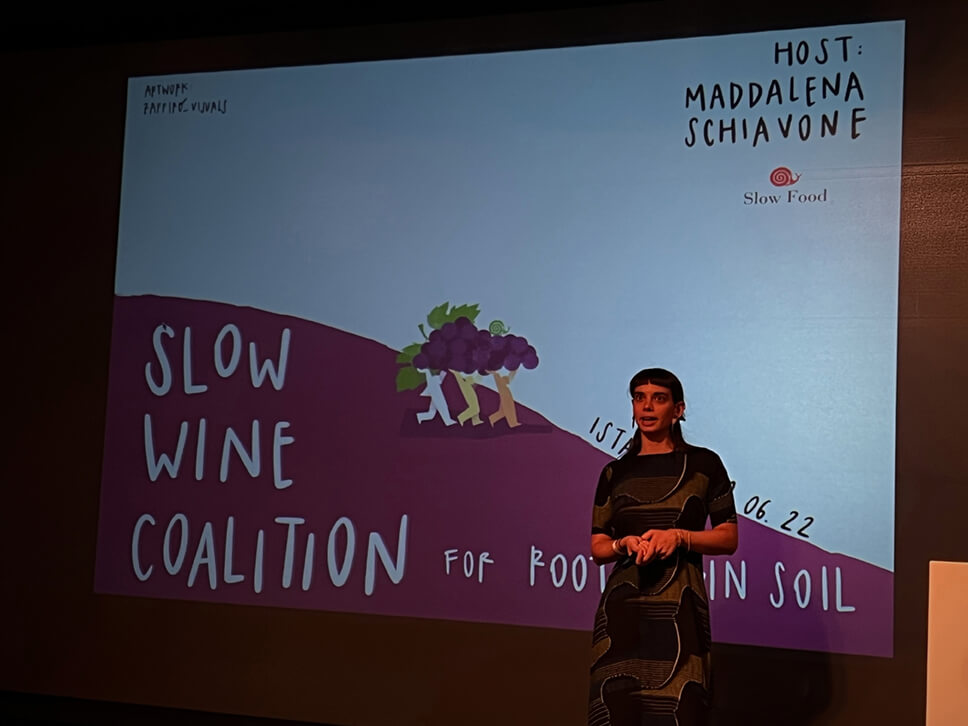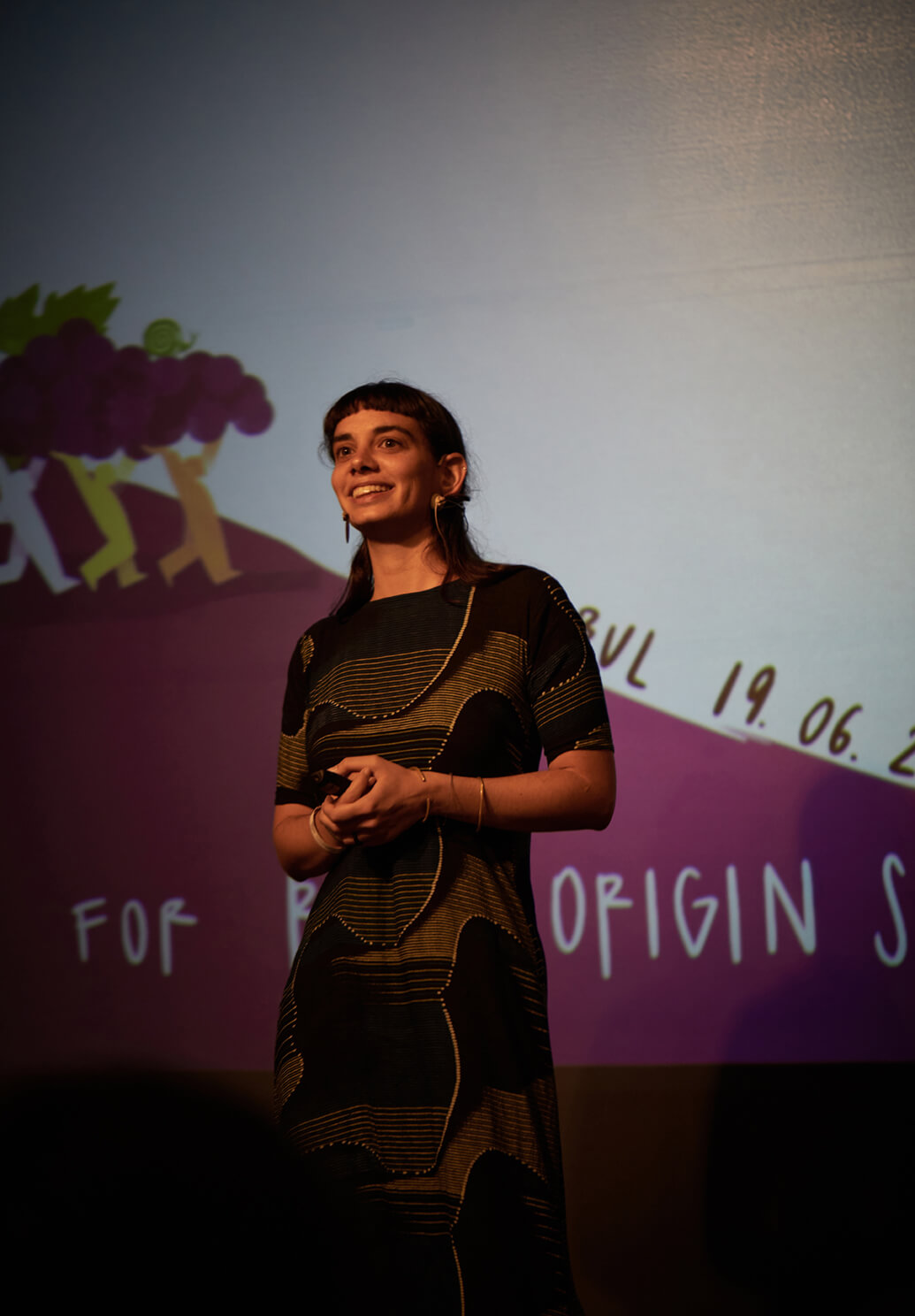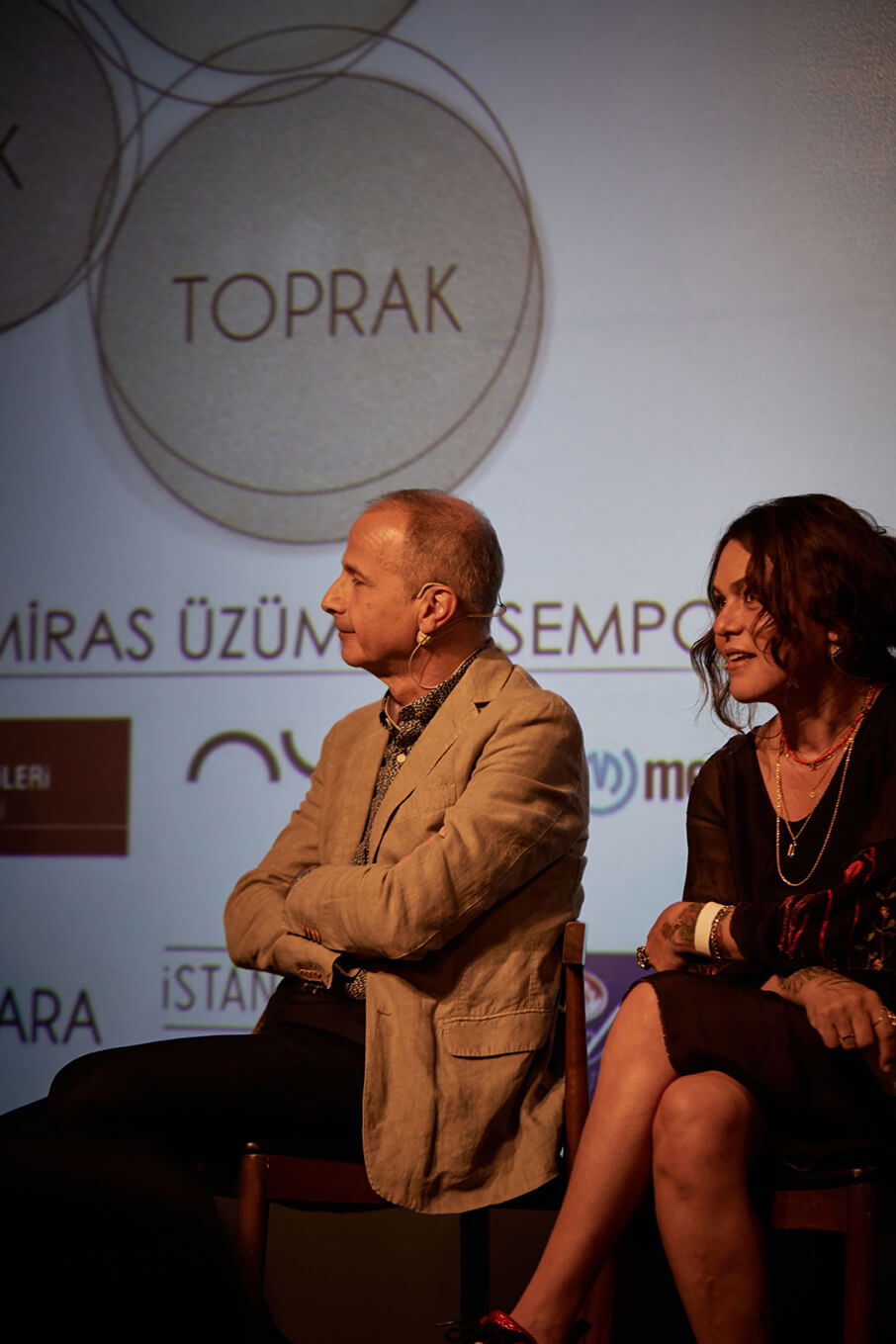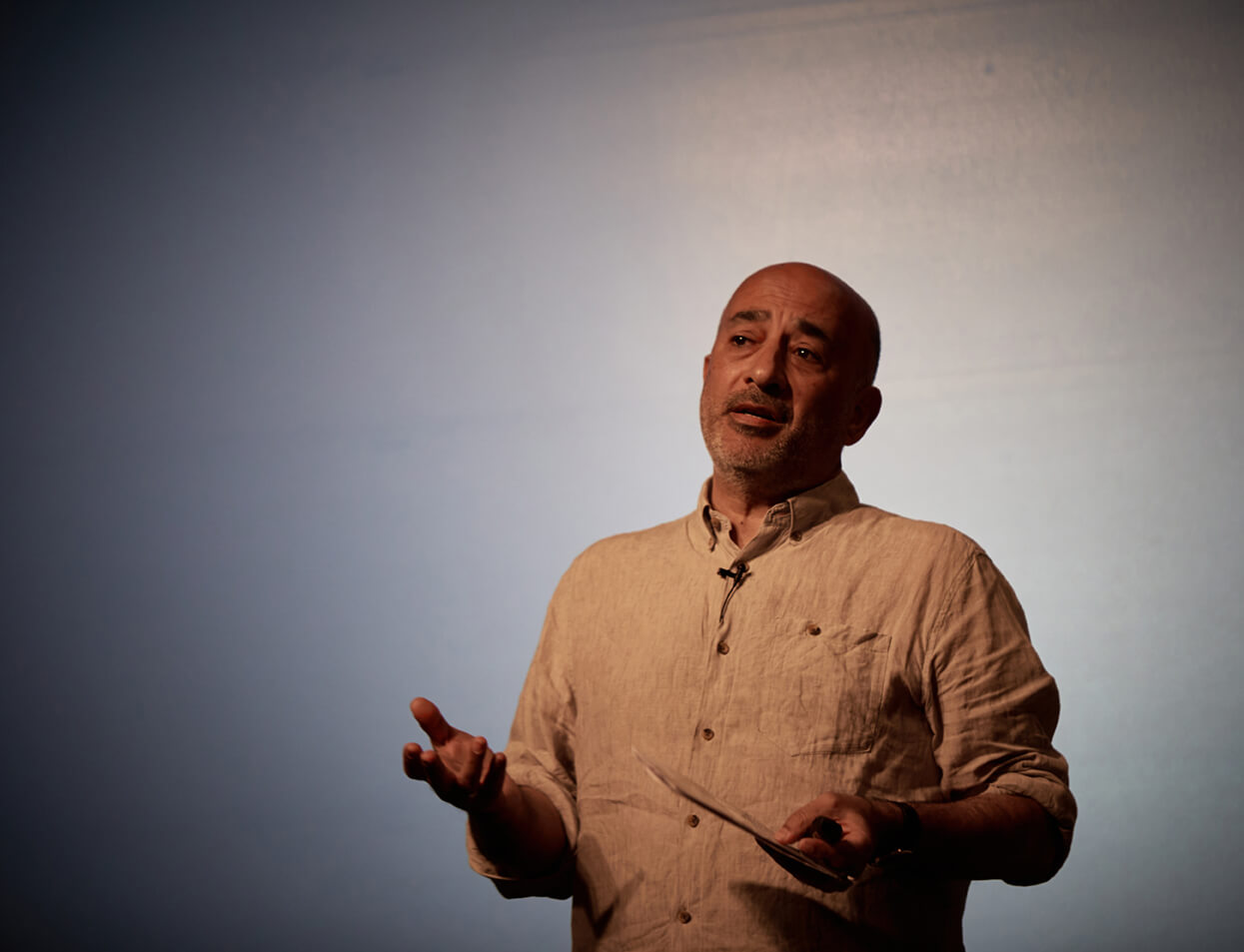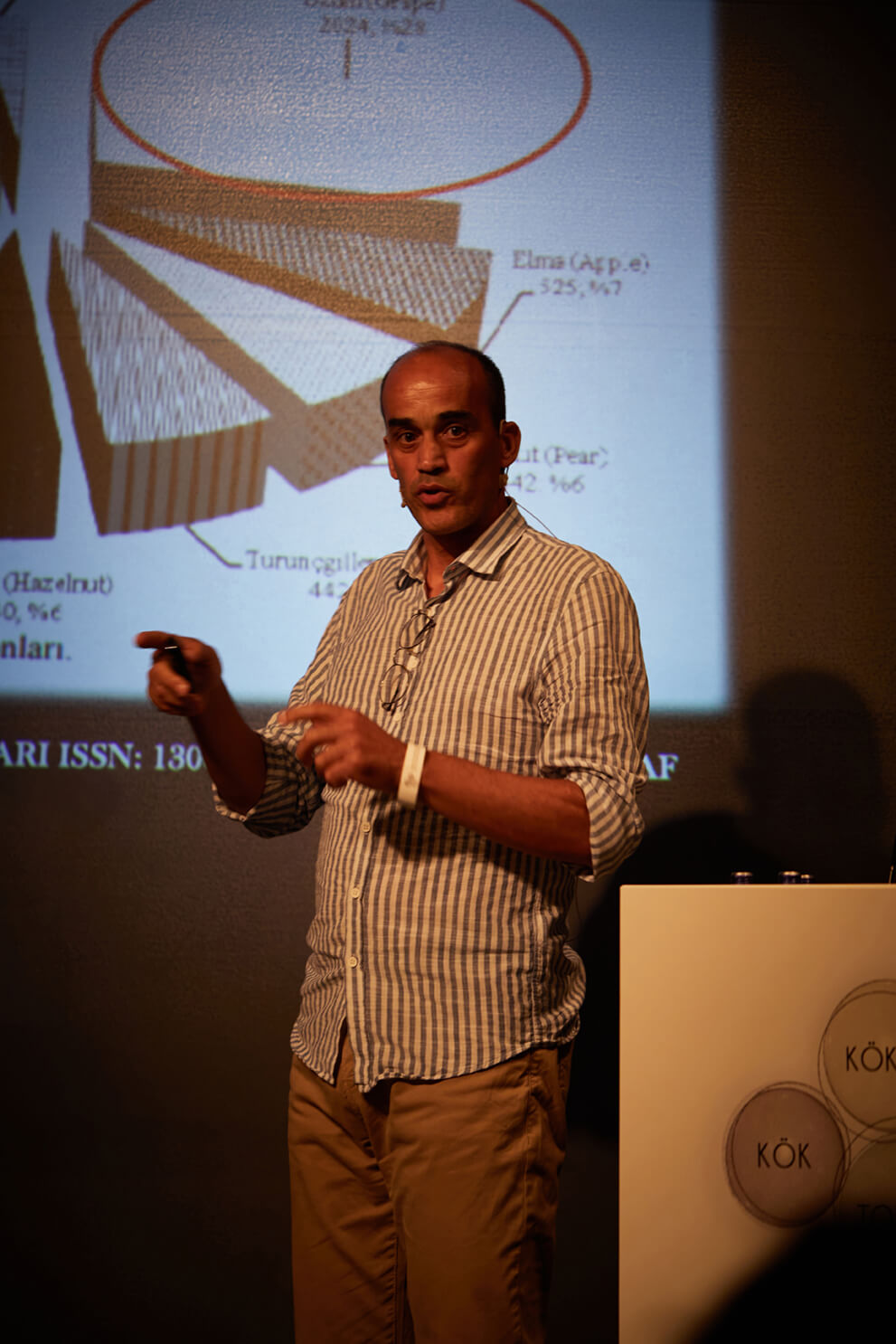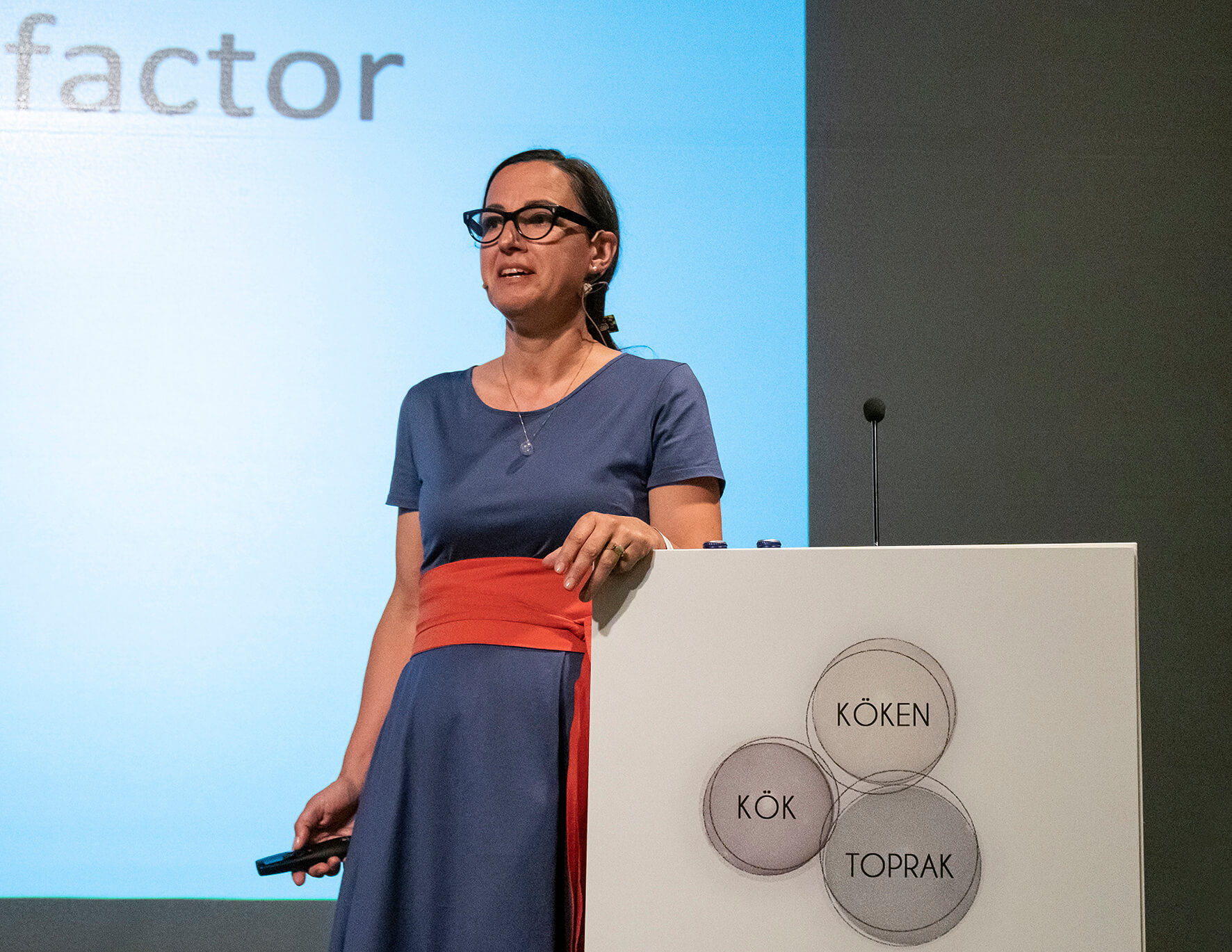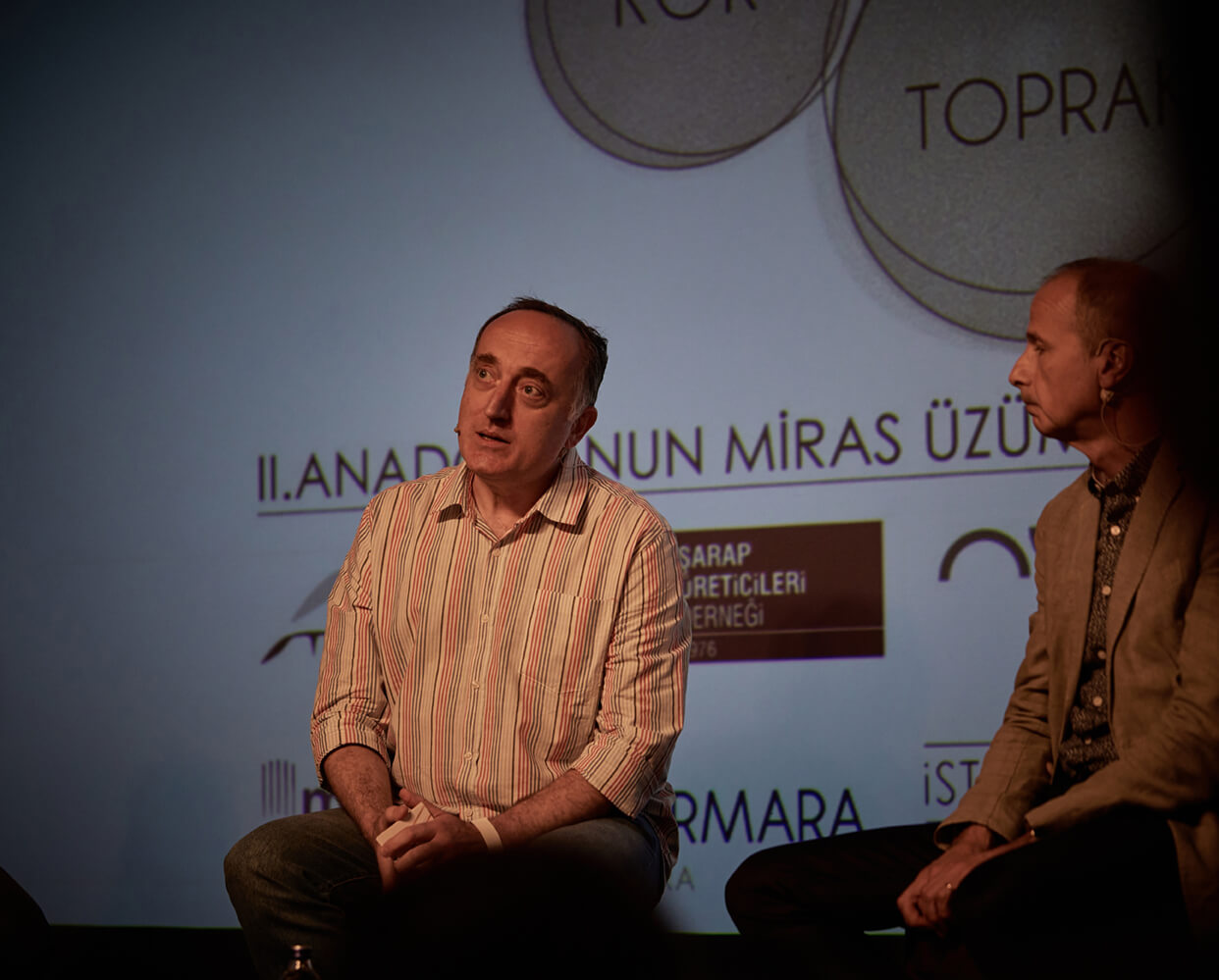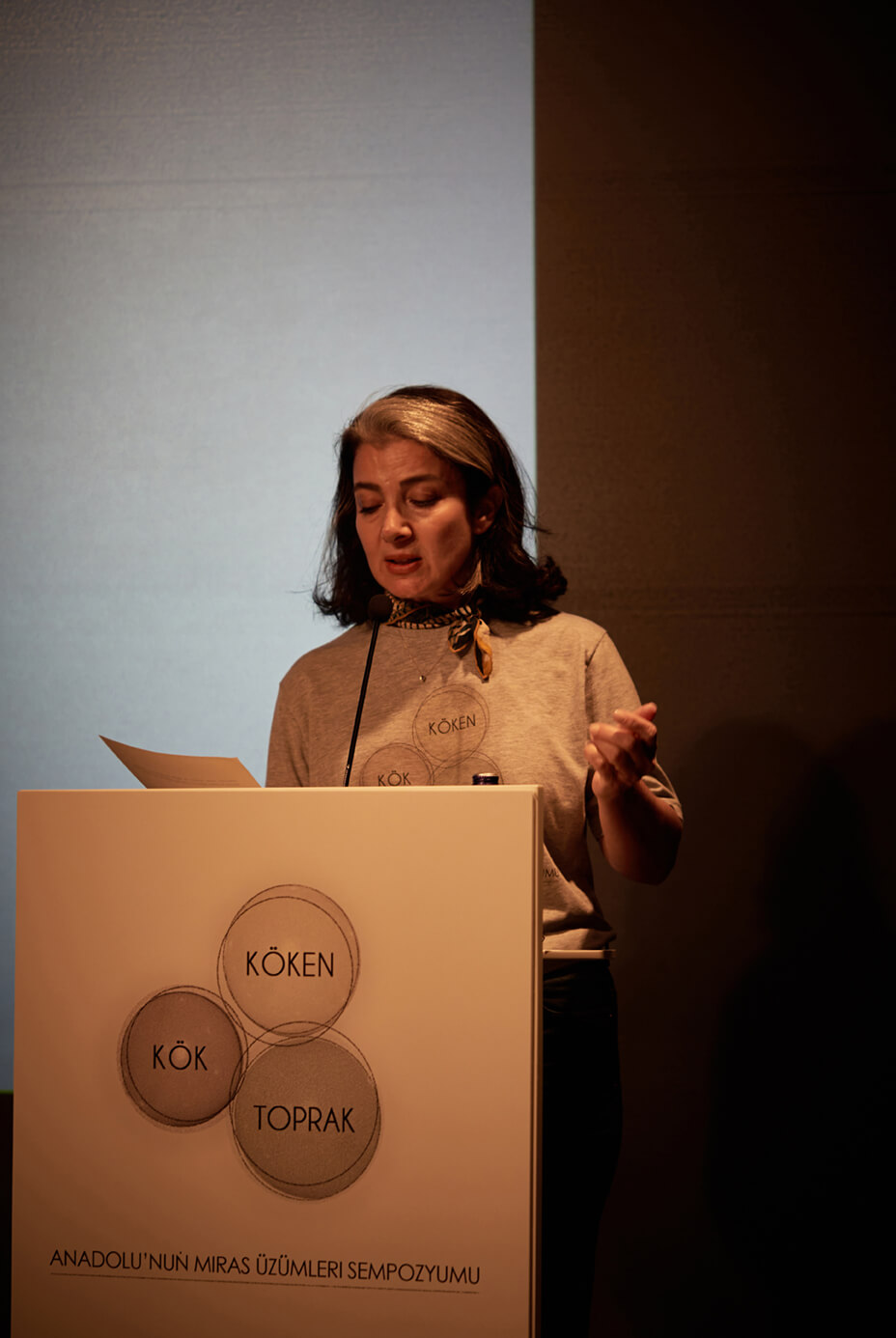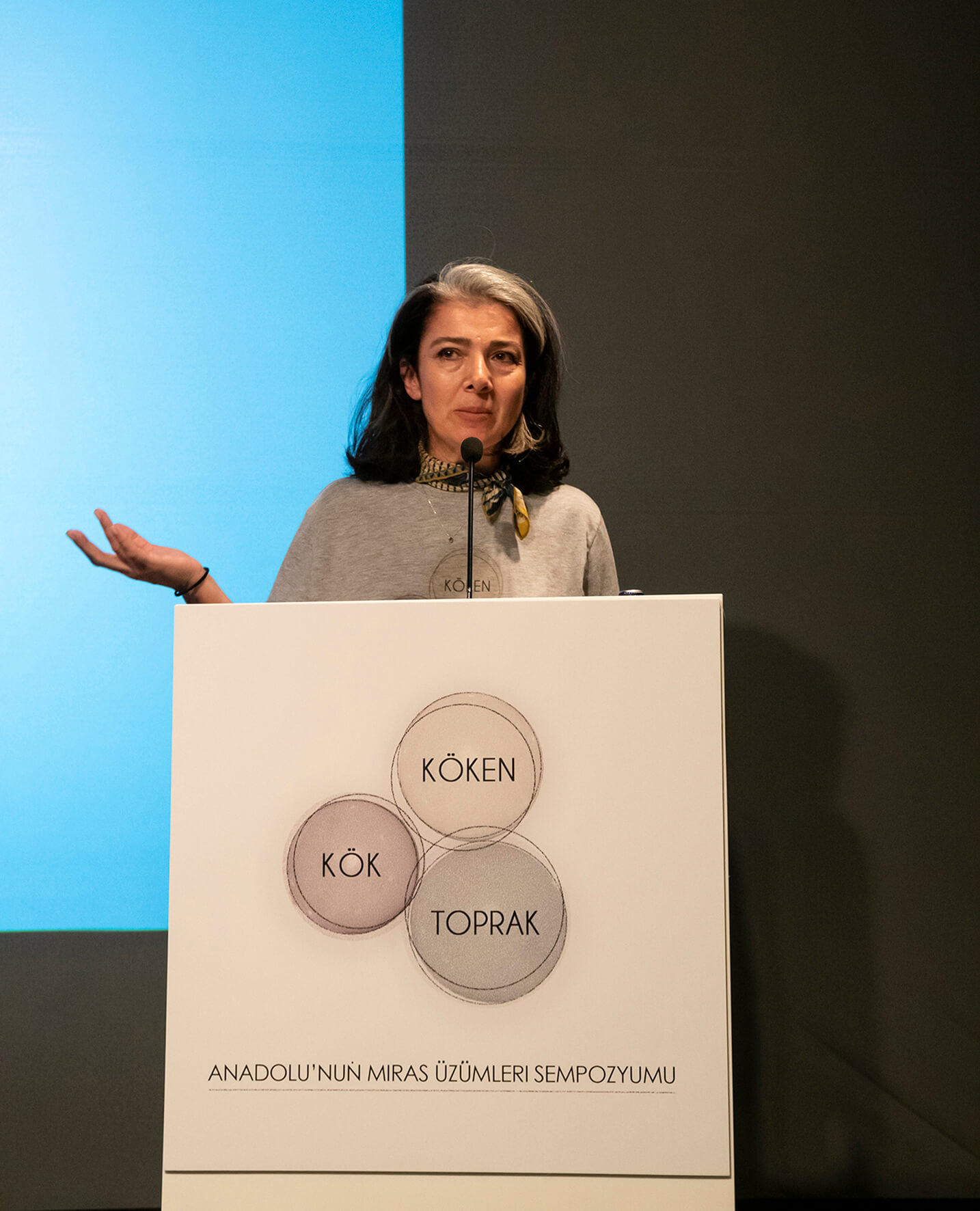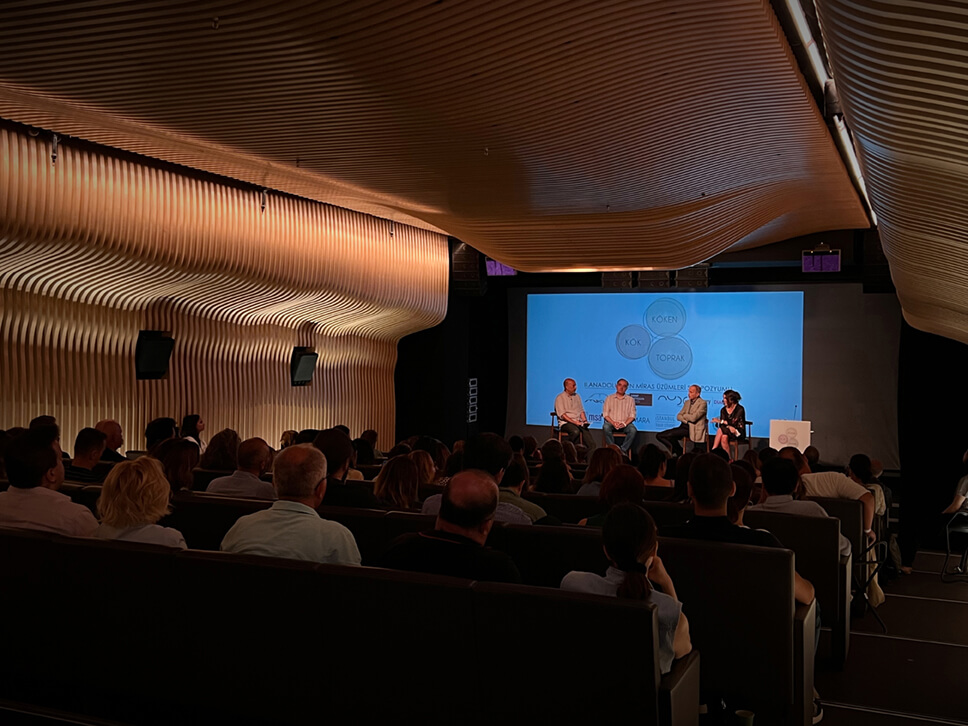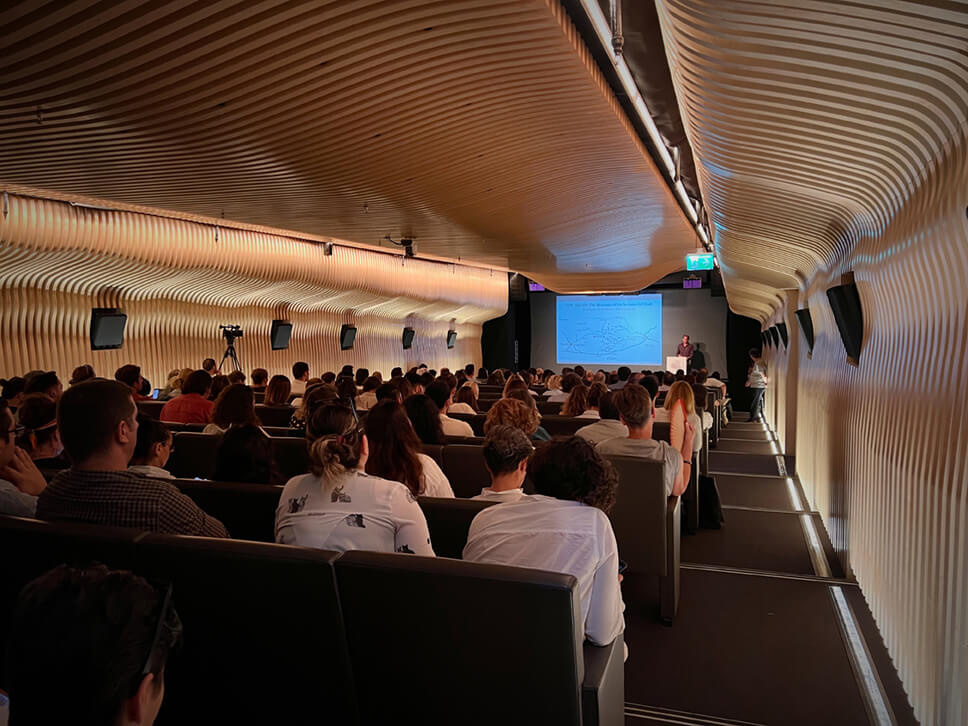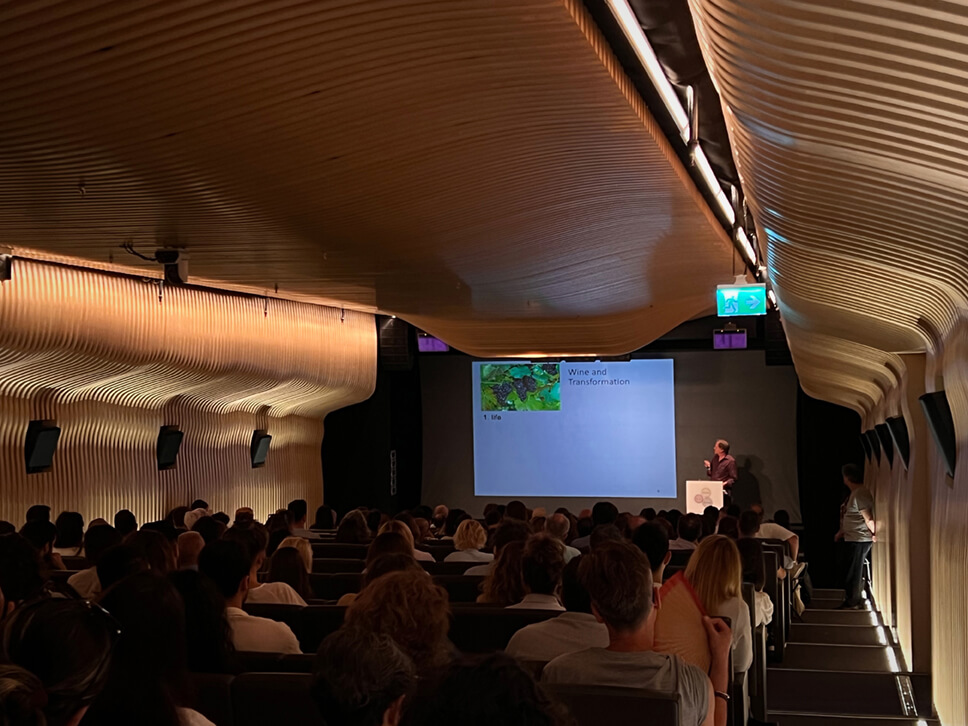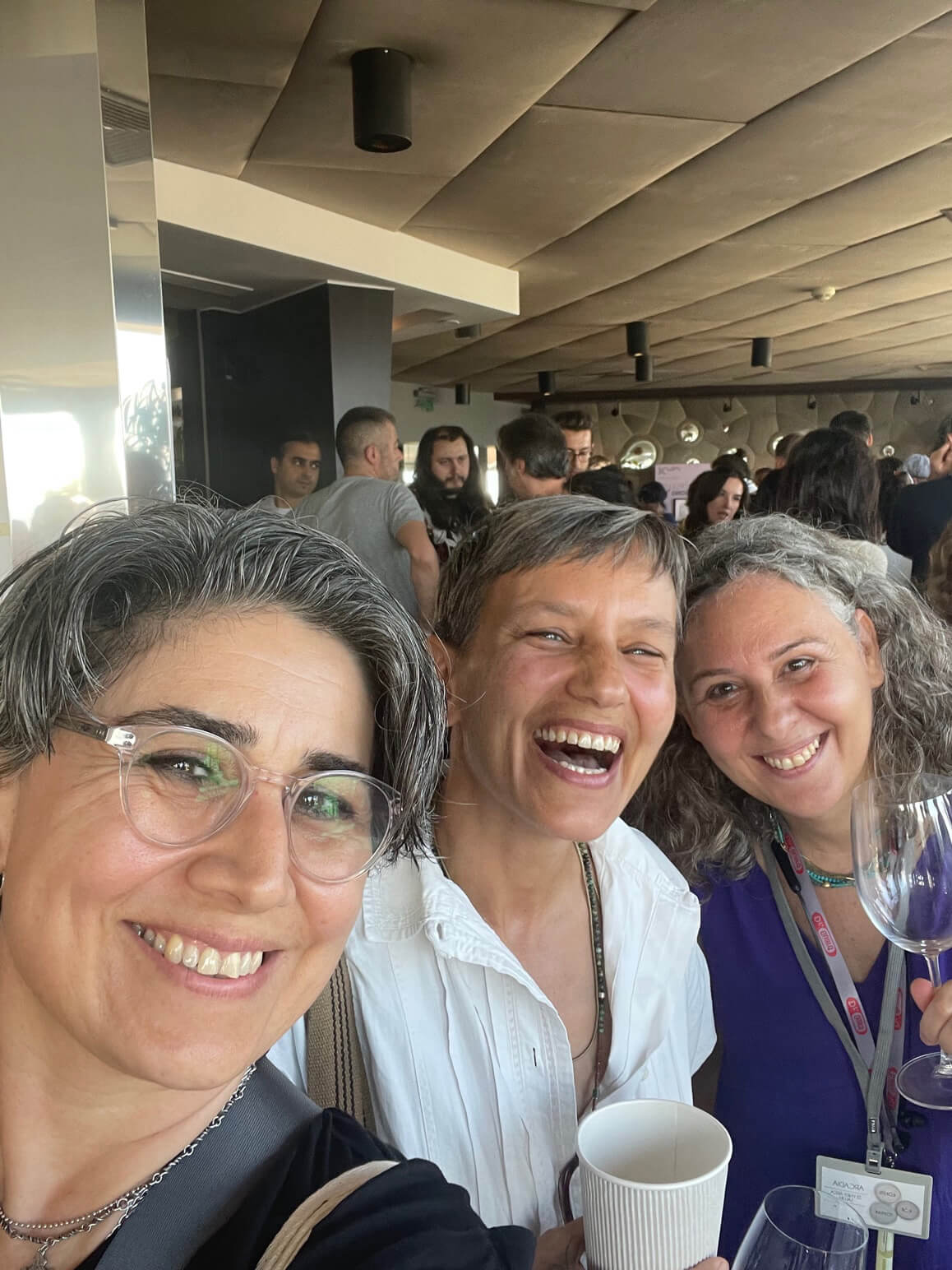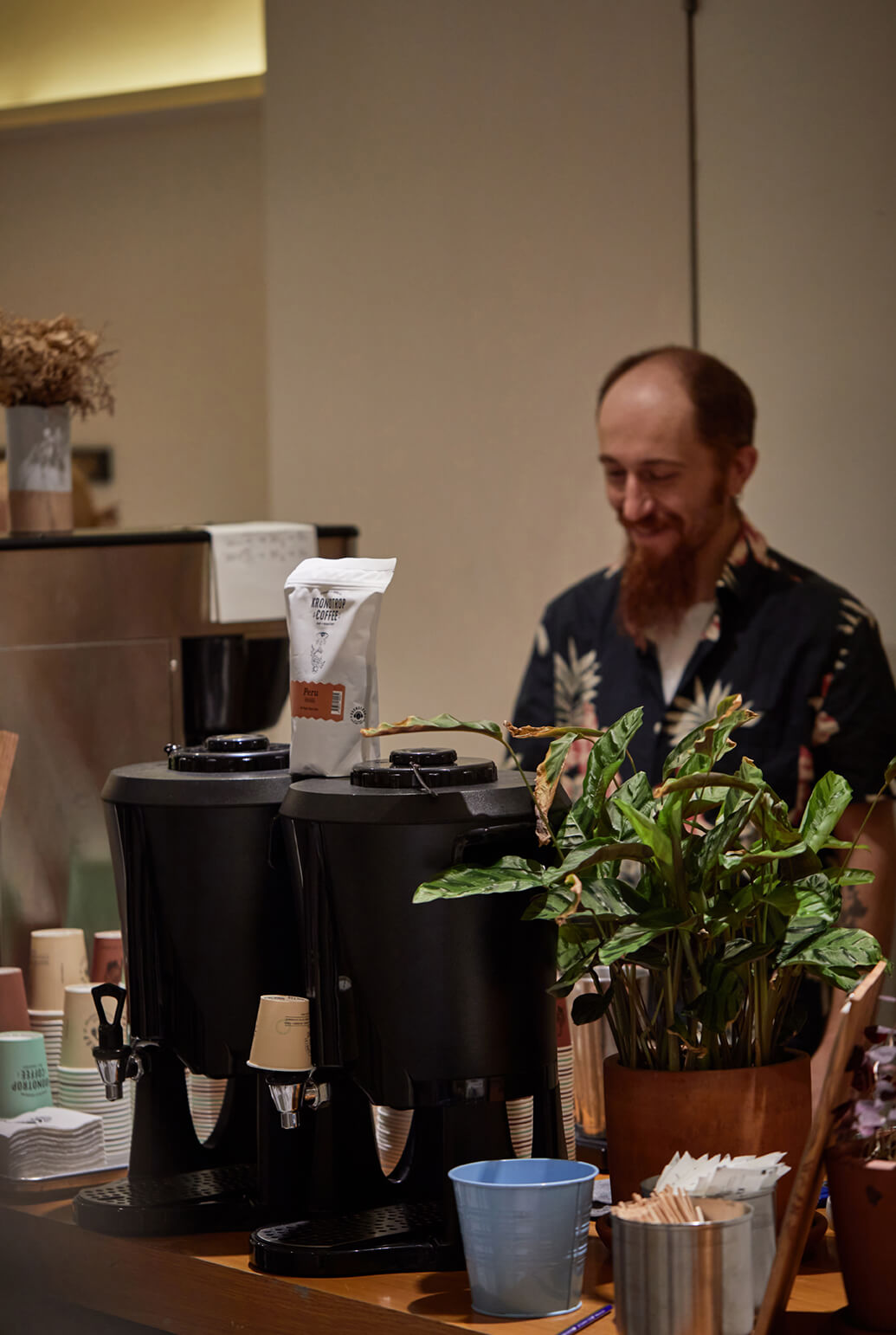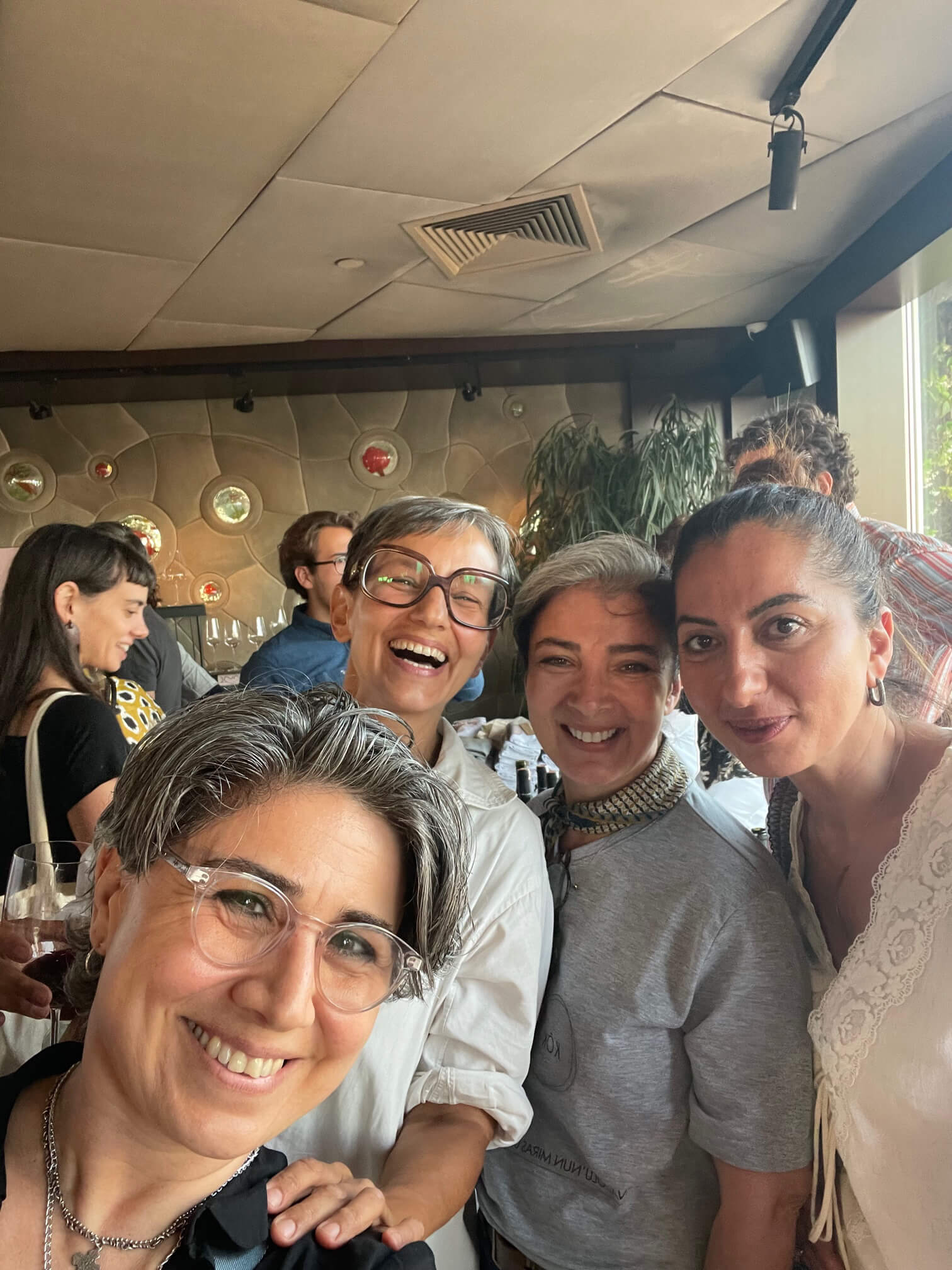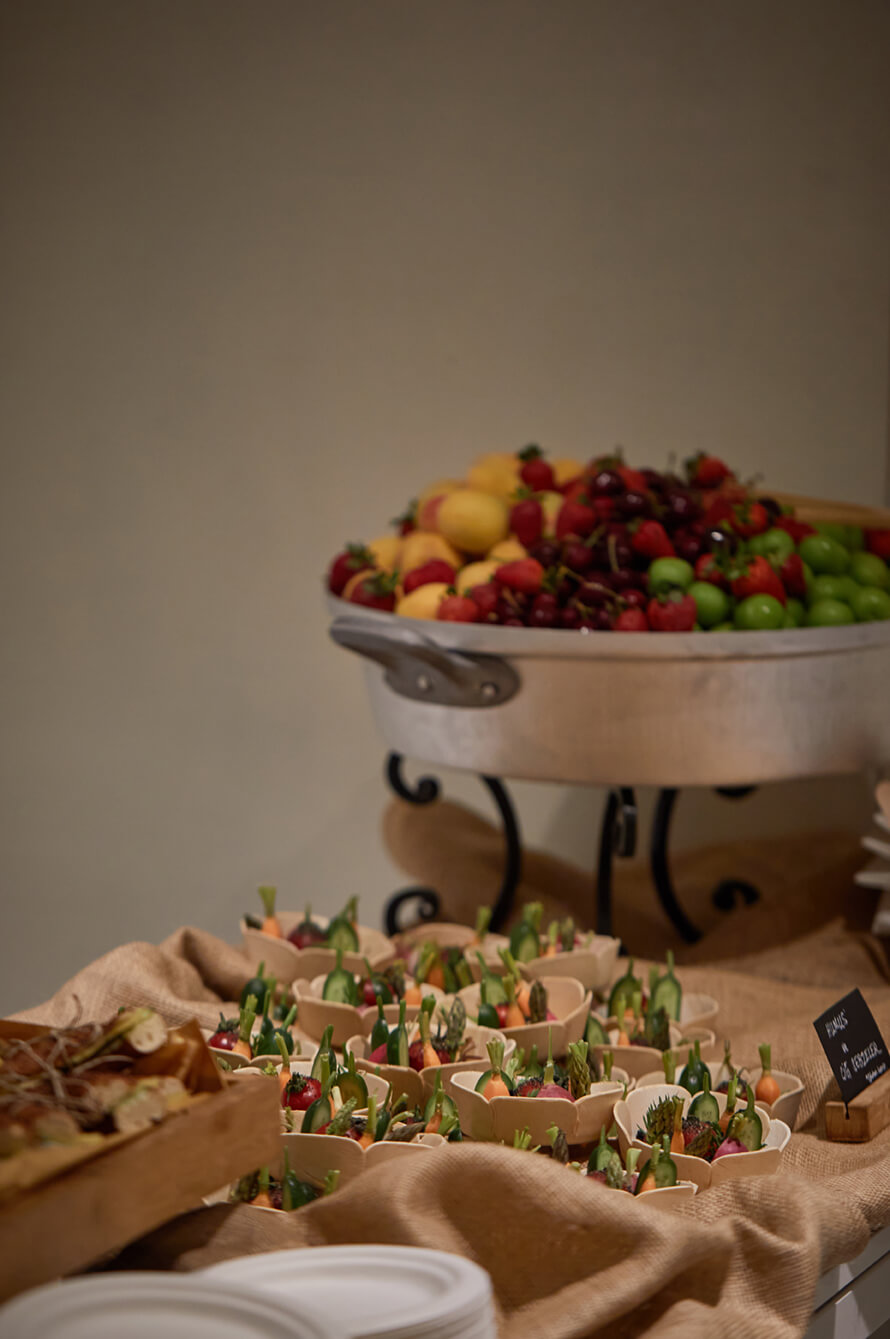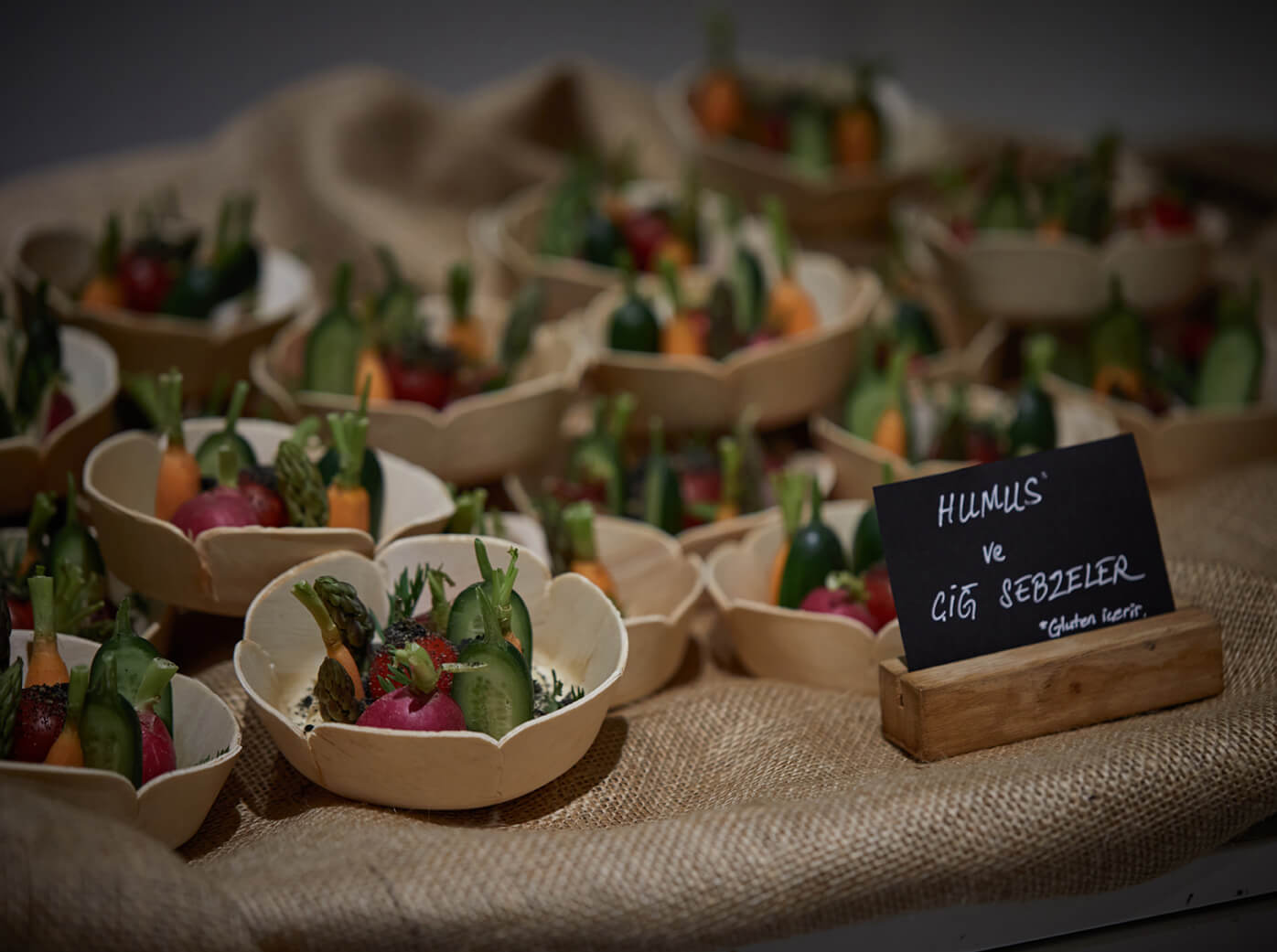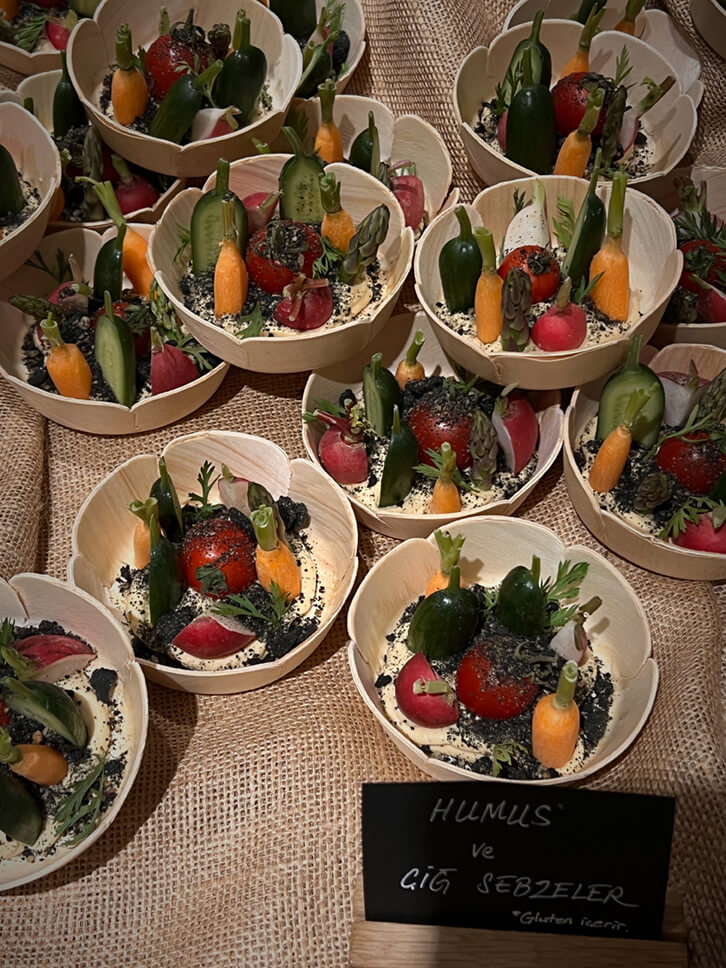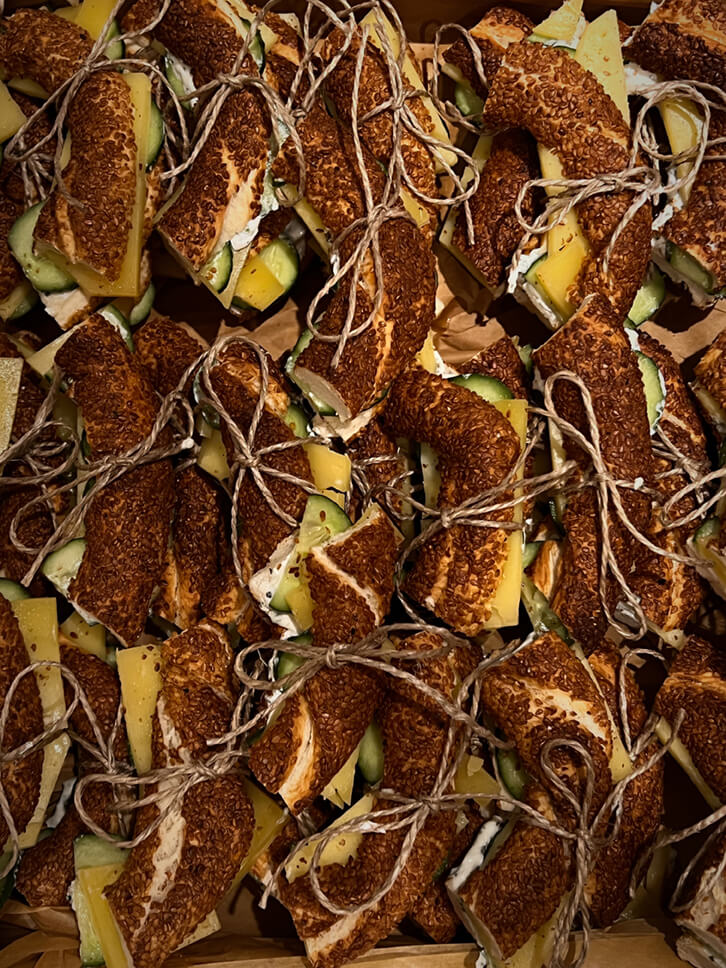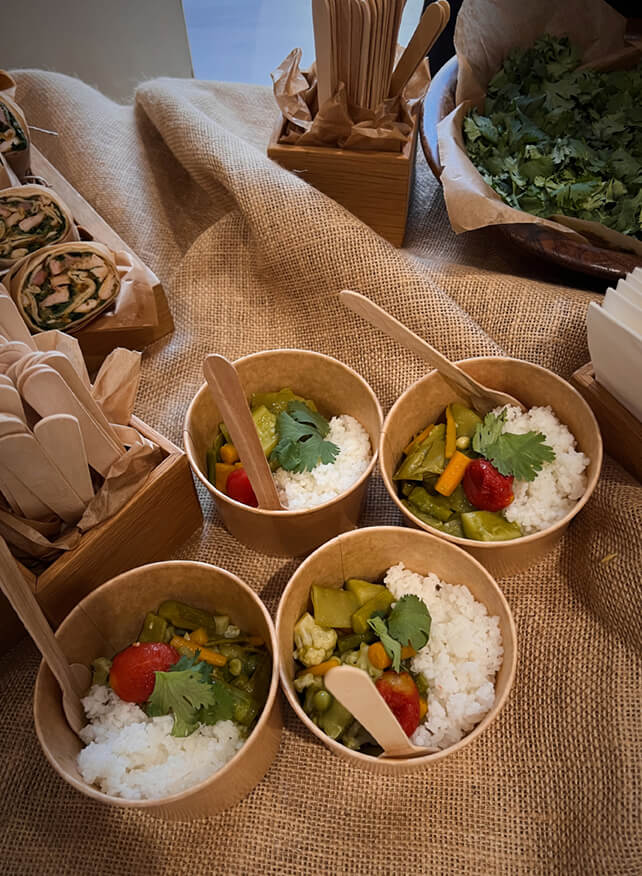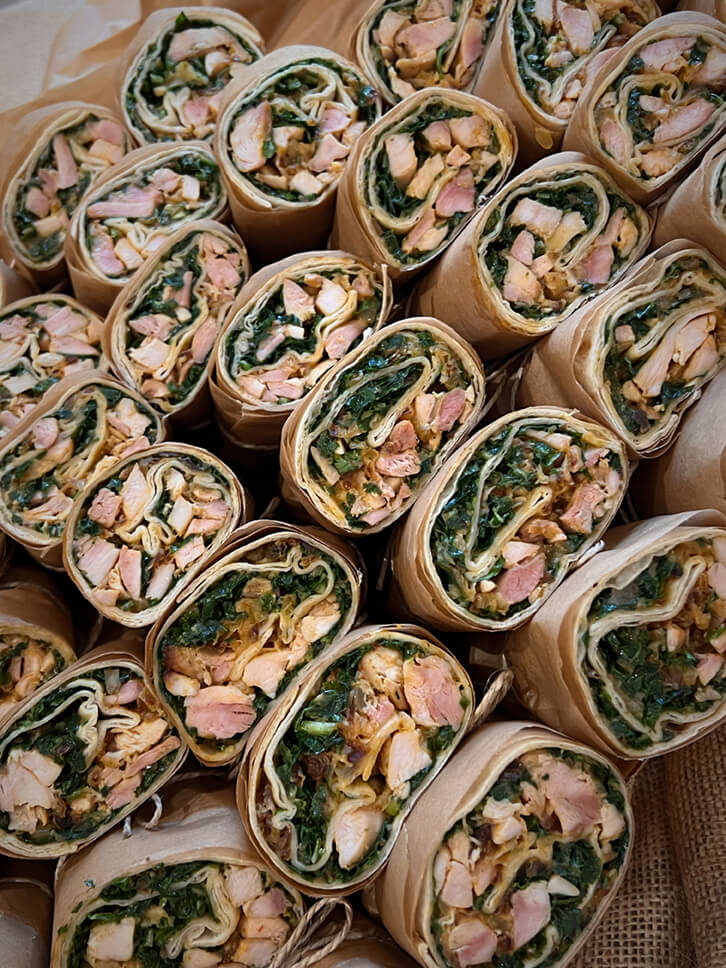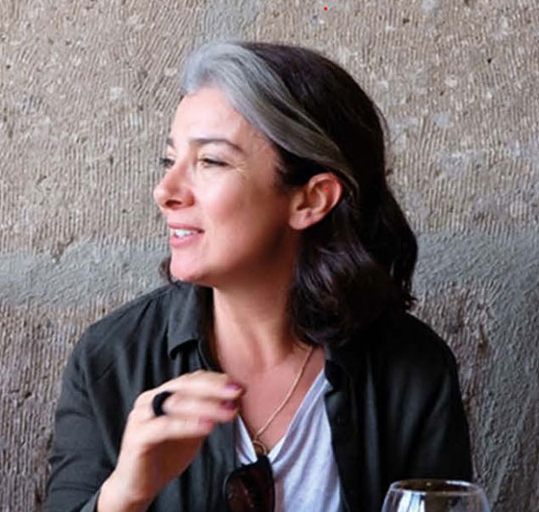
Sabiha Apaydın Gönenli
Founder of Root Origin Soil - Wine Expert and Educator
Sabiha Apaydın Gönenli has emerged as one of the foremost players in the Turkish gastronomy industry and has made significant contributions to the development of leading brands. Her extensive experience and knowledge are now used in her role as a management consultant in the food and beverage industry. A dedicated advocate of the global and Turkish natural wine movement, Sabiha is committed to promoting local grape varieties, old vineyards, and broader wine culture. An example of this determination is her involvement in many projects to promote Anatolian grapes and wines at home and abroad.
She founded the ‘Root Origin Soil’ conference, which is an important event in terms of viticulture and enology, especially for Anatolian varieties. As a certified WSET instructor, she also teaches ‘Wine and Business Management’ courses at the Istanbul Culinary Arts Academy, combining her academic knowledge with industry practices.
Additionally, her key involvement in the Heritage Vines of Türkiye initiative and member of the Slow Wine Coalition and Old Vine Conference underlines preserving and promoting viticultural heritage.
Her contributions aim to give the cultural and historical richness of Anatolian viticulture the value it deserves.
Root Origin Soil, two
With its first session held in June of 2019, the Root Origin Soil symposium aimed to go after the local grape and then wine. It was driven by the idea that it is about time, and this is our heritage, therefore, coming together as a collective we can work on it. We come together from the idea that having an event involving wine doesn’t always have to come from a competition or a tasting but from listening to one another and getting to know one another and opening ourselves to the idea that what opportunities this could open up. And that is exactly what happened.
After a two-year-long lockdown, we came back into our lives with old knowledge, rewritten at times with a new accessory we do not dare separate from ourselves.
Transferring experiences to future generations
If you live in a country where there are unlimited natural resources and the country’s economy uses these resources correctly and can gain a positive power, you can consider yourself very lucky. Existing in unique geography like Turkey with different climates means having one of the main elements of herbal diversity naturally. Isn’t this diversity an invaluable natural resource? When we look at historical sources, we see that this diversity starts from very ancient times. Being in the lands where many agricultural products and plants were born must be the real heritage that belongs to all of us!
It is necessary for us to emphasize the importance of the grape and viticulture in Anatolia, which continues to exist in richness despite all the ignorance. The continuation of the processing of grapes that are about to disappear, by local people and large and small wine companies, should be the sole issue that we will not stop talking about, both in terms of a sustainable future and in terms of distinguishing Turkey from others in this large and global industry. At the Root Origin Soil conference, which we will hold for the second time on June 19 this year, we will continue to talk about the past and future of local grape varieties with the participation of many valuable academics, wine professionals, and producers. It should be our common goal to protect local grapes with thousands of years of history and value, without being a prisoner of mediocrity and monotony.
Believing that good things will come keeps us going. Let’s all act together to protect this valuable culture with good intentions and let it take root, allowing us to pass on the experience and knowledge to future generations without being erased from ourselves as its heirs.
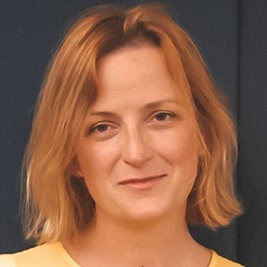
Sarah Abbott
Master of Wine
Sarah Abbott MW is co-founder of The Old Vine Conference and director of marketing agency Swirl Wine Group; she has worked in the wine industry for 25 years. Her interest in ancient varieties and the origins of wine is long-standing. She works with generic and national wine bodies, advising them on how to communicate their shared identity and increase their collective brand value. In recent years, Sarah has spent a lot of time in the cradle of wine by visiting the vineyards of Georgia, Armenia, Turkey and Lebanon. Her experience in expanding new markets for emerging wine regions convinced her that Old Vine Wines must be marketed as a form of collective category in order for their value to be realised and for great old vines to become commercially sustainable.
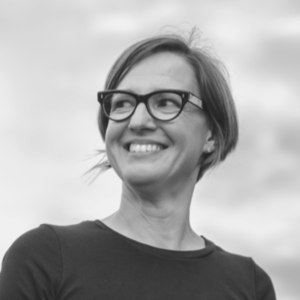
Mateja Gravner
Gravner Wines - Communications and Marketing
Mateja Gravner was born in Gorizia in 1973. Brought up among vineyards, fermentations, and refinements, after studying oenology (at a young age), she takes the road of communication and marketing. She works for years away from home, first managing wine promotion, then at the Istituto Agrario di San Michele all’Adige and subsequently at Bertani Domains. In 2014 she returns to Oslavia and she has since then been handling the commercial bracket and marketing for the family business.
Our soils can no longer be exploited as a “production factor”
Due to the rising necessity to increase agricultural production in order to feed our globe’s growing population, our soils can no longer be exploited as a ‘production factor’. Rather than being envisioned as a modifiable or replaceable commodity, in fact, soil demands to hold space and significance of its own in the common imaginary.
With recently observed sudden increases in climate challenges, many world regions have started to experience a rise in water scarcity which amplifies concerns about soil conditions. We require an in-depth assessment of the ‘ground’ we cultivate, which must be considered both terroirs and the fundamental means of meeting the market’s growing demand for food – but whose fertility and productivity must be preserved without hindering economic sustainability for crop producers. Moving forward, this complex theme and its ramifications can only be confronted if discussed from a holistic perspective.
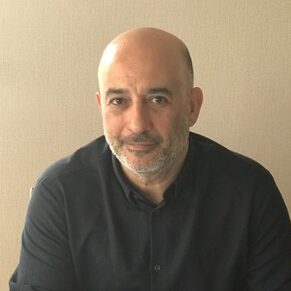
Uğur Gürses
Economist - Journalist
I was born in Ankara.
I graduated from Ankara University, Faculty of Political Sciences, Department of Economics in 1985.
I started my career in 1986 at the Central Bank of Turkey.
I worked on exchange rate policy, portfolio management, foreign exchange reserve management and open market operations.
The main changes in my career have always been with the economic crisis.
At the end of the 1994 crisis, I left the Central Bank (after the 5 April decisions) and moved to the private sector; Until September 2000, I worked as a senior manager in commercial banks.
Before the 2001 crisis, I left banking and moved to the media sector. Between 2000 and 2005, I worked as an economy commentator and economy news manager at CNN TÜRK. I continued my commentary on SKYTÜRK360 in 2012.
I started my daily economy and finance articles in Yeni Yüzyıl newspaper in 1999, and then continued writing in Yeni Binyıl newspaper.
In 2001, I continued writing my articles for Radikal newspaper.
I wrote for Hürriyet from April 2014 to July 2018.
I left Hürriyet before the 2018 crisis. While reviving my blog with my articles, I continued to write in various online news channels. I am currently writing for T24.
I am a speaker from time to time; I am explaining the Turkish economy to companies and institutions, the world economy in the coming decades, and the changing economy at a micro scale.
The economy of Wine; What to do in export?
Those who carry out agriculture and trade policy are still stuck at the “dry table grapes and sell” step. However, they do not leave the championship to anyone with the discourse of ‘value-added exports’ in the heroic speeches.
Imagine that you are directing agricultural policy; Normally, 40 million tourists come to your country every year to spend money, and nearly 20million of them are citizens of high-income countries and middle-income countries. They come to your country, visit food and beverage places, visit historical ruins and museums, and enjoy nature in summer and winter. They spend money and create an annual income of roughly 30 billion dollars for the citizens of our country and their producers. We make the export in our own home with its simple recipe. Not only that, when they return to their country, a memory of the palate and brands they have met remain in their memories, a forward-looking foreign demand and export potential.
One of the most important parts of eating and drinking is locally produced drinks. In this subject, wines come first.
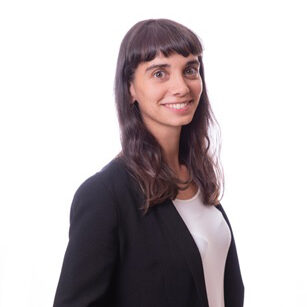
Maddalena Schiavone
Slow Wine Coalition Director
Maddalena Schiavone grew up in Italy and graduated from the University of Gastronomic Sciences, where she started drinking and never stopped. After a master’s in Organic Livestock and Agriculture in Spain and a few years working with words and food, she coordinates the Slow Wine Coalition, the network of producers, professionals, and lovers of Good, Clean, and Fair Wine. Looking for a way to help each other under the sign of the Snail: slow and sustainable production.
The Slow Wine Coalition and the Power of The Community
THE SLOW WINE COALITION IS AN INTERNATIONAL, INCLUSIVE AND COLLABORATIVE NETWORK THAT BRINGS TOGETHER ALL THE ACTORS IN THE WORLD OF WINE: WINEMAKERS, WINE LOVERS AND PROFESSIONALS THROUGHOUT THE WHOLE THE SUPPLY CHAIN.
Together we make connections and improve relationships between the world of production and the world of consumption!
The objective of the SWC is to foster dialog among different wine-growing regions, to embolden its members and motivate them to take concrete actions that support winemakers in this process of growth and transformation towards sustainability, and to encourage them to take these important steps towards a greater awareness of their role with speed and consistency.
All the network have signed a Manifesto of Good, Clean and Fair Wine, built colletively. Through the production and consumption of wine made according to the Manifesto, we aim to positively influence the future of viticulture, by breaking the ties from the use of chemicals and monocultures, and re-establishing our connection to biodiversity across terroirs and regions.
For some years now, vanguard vignerons from across the globe have understood and communicated that we must change course. This change, however, cannot happen by acting alone. For this reason, we are calling on wine lovers and professionals alike to come together and play a fundamental role in the promotion and consumption of wines with strong environmental, ethical and social values. This is important now, more than ever, as we navigate a period of economic and ecological reconstruction.
Slow Food aims to join together all the protagonists of the wine world with a shared awareness that the role of wine can no longer be simply hedonistic, but must be a driver of change that promotes authentic environmental sustainability, the defense of rural landscapes and the socio-cultural growth of the areas where wine is grown
https://slowinecoalition.slowfood.it/#slowinecoalition
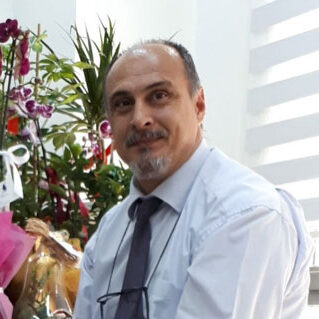
Prof. Dr. Elman Bahar
Namık Kemal University Faculty of Agriculture Department of Horticulture
He was born in 1967 in Silistra (Bulgaria). He came to Turkey in 1978 with a bilateral immigration agreement and settled in Tekirdag. After completing his primary, secondary and high school education here, he won the Department of Horticulture at Trakya University Tekirdağ Agriculture Faculty in 1985. He finished his undergraduate education in 1989 and started his graduate studies at Trakya University Institute of Science in the same year. He won the Research Assistant exam in 1990 and started working in the Department of Horticulture. In 2005, he opened the Vineyard and Winemaking Program in addition to the existing ones at the same school. This program was later named Wine Production Technology and is the only program still operating in our country. In addition to an advanced laboratory for the Wine Production Technology Program, it has established a tasting room, workshop, cellar, basic analysis laboratory, and vineyards. Between 1989 and 2022, Tekirdağ Viticulture Research Institute, Private Vineyard and Wine Enterprises, and University cooperation, problems of viticulture, solution suggestions and development, hydroponic systems, grape sapling production, wine and table grape quality, vine physiology, water stress, local winegrowing He has concluded many projects and research studies on cultivars, local vine types, etc. Elman BAHAR, who received the title of Professor in 2017, has been working as the Head of the Department of Horticulture since 2019.
—

Dr. Mark Soileau
Independent Scholar
Dr. Mark Soileau is a cultural anthropologist and historian of religion who studies mystical religious traditions and the cultural history of wine and winemaking in Turkey.
Making Süryani Wine: History, Identity, and Authenticity
Viniculture is currently undergoing a renaissance in the region of Tur ‘Abdin (Mardin province). Home winemakers have expanded production in recent years, to accommodate the growing demand for local wine that has been accompanying the increase in tourism the region has been seeing. New wineries have also begun production in Midyat, and tasting shops have opened in the old cities of Mardin and Midyat. The wine produced and sold there has come to be known as “Süryani wine” (Süryani Şarabı), and marketing it as such has helped build its popularity among tourists seeking an authentic experience. But while these modern developments reflect an important moment in the history of winemaking in Tur Abdin, this history is in fact quite long, going back at least as far as the historical record allows us to see. It is likely that humans have been making wine in the area continuously for at least three thousand years, and possibly much longer. As history has progressed, however, the cultural significance of wine and winemaking for the people who participate in its production and consumption has continually shifted in accordance with the changing circumstances, leaving traces on their religious and communal identities. It is the purpose of this paper to follow the long vinicultural history of Tur ‘Abdin from the earliest times to the present, to note the ways its significance has changed along with changing historical exigencies, and to gauge the effects this has had on the development of the notion of a Süryani people continuing in time and tied to the land of Tur ‘Abdin.
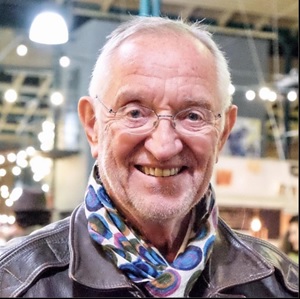
Udo Hirsch
Gelveri Wine – Co Founder, Winemaker
Has been working as a consultant in the field of international environmental protection and development aid.
“1435” Autochthones Anatolian Vines
The very high amount of autochthonous vines in Anatolia results from thousands of years of adaptation to the different soils, landscapes, and climates of Anatolia. A further factor is the multiple uses of grapevines by villagers and wine producers.
The main products from Anatolian grapes are:
Pekmez, grape molasses
Raisins
Table grapes
Grape juice
Vinegar
Pickled vegetables and fruits (with vinegar and / or salt)
Vine leaves
Wine
In the past, Europe concentrated on its wine production nearly exclusively on a reduced number of successful grapevines. In Turkey, however, many autochthonous grapevines survived within the frame of a traditional subsistence economy and the multiple uses grapevines.
Contrary to the general use of one grape variety in an official vineyard, the traditional Anatolian farmer always uses five or eight different varieties.
The other big and significant difference between professional wine producers and villagers is the training of vines.
Training the vines with a trellis system supports mass production and mechanized processing. Professionals mostly use this method. For Anatolian villagers, especially in the higher Anatolian plateau, the best training of their vines is with the Gobelet form. This ancient traditional method is easy, economical, and successful. With this method, you can work your vines most naturally.
This is an essential requirement for the production of Natural Wine and its exciting future.
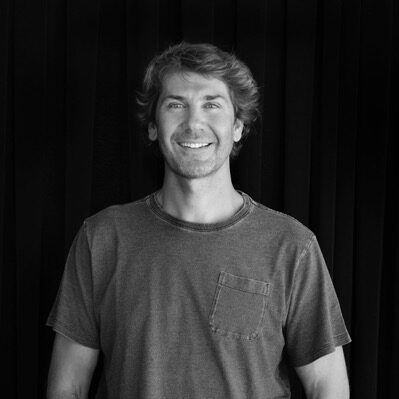
Mehmet Gürs
Chef and Entrepreneur
Mehmet Gürs, chef and entrepreneur, has owned and operated pioneering and successful Food and Beverage operations in Istanbul and other major cities in Turkey since 1996. Ranging from upscale to casual restaurants, and nightclub/ bars to a specialty coffee roastery and coffee shops. Some of the past successful brands he created includes Downtown, NuTeras, Lokanta, numnum and Kronotrop Coffee.
After many years of multi-brand and multi-unit operations within his “Istanbul Food & Beverage Group”, Gürs successfully exited from all except Mikla. He continues as a partner of Mikla, the internationally acclaimed restaurant that has been on “The World’s 50 Best Restaurants” extended list since 2015.
In addition to Mikla, he is currently collaborating with One&Only and Accor in various global projects.
He is credited by many to be the one “kicking off the contemporary restaurant scene in Istanbul” with the opening of Downtown in 1996. He is most known for introducing the visionary “New Anatolian Kitchen” and pioneering a culinary movement which has spread across the region. In this approach, traditional and true “noble” products are treated with utmost respect while being transformed with a blend of new and ancient techniques. Through years of extensive research, a dedicated creative process, and together with chefs, a full-time research team, villagers, mothers and grandfathers, Gürs’ work created an extensive network and a deep knowledge of the traditional habits, products, techniques of the area, as well as a successful cooperation between the keepers of the land and the chefs in the city as a result.
In 2021 he launched the “paradigm-shifting“ brand PROTOTİP:RAKI where he is expanding the boundaries of the traditional and beloved aniseed and grape spirit.
Mehmet Gürs is a sought-after keynote speaker at international culinary events and conferences. He is also collaborating with major global culinary and hospitality educational institutions to share his experience with the next generations. He is one of the creators of the YEDİ in Istanbul, the international food conference aimed to bring together chefs, producers, scientists and opinion leaders around powerful discussions on food and beyond.
His focus on sustainability, health, longevity, farming and food waste has resulted in the development of the far-reaching “Ruhun Doysun” project.
Johnson & Wales University, awarded Gürs the degree of Doctor of Culinary Arts, honoris causa in in 2019.
He continues in his belief that “every bite and sip we take can truly change the World”.
PROTOTİP:RAKI – A Work in Progress
We have set out on a journey of continuous evolvement and improvement. With our eyes set on making a better rakı with each passing year and harvest. We keep on digging into all aspects of the process- the grapes, the aniseed, the distilling… While pushing the boundaries a bit, we move ahead with science and our guts. As the name “Prototip” indicates, this is a never-ending process. We’re never really finished. Instead of using the same recipe each year, we want to see how we can evolve and improve on the previous lot. Each year we begin with a clean slate. What grape should we use? What about the aniseed, how much of it? What process should we apply? What are we really after? What’s the desired taste profile? How was the season? During maturation, should we use steel tanks, barrels made of oak or perhaps other times of wood, clay urns or even a combination? Looking back at the previous year, is there anything we would have done differently? These are just some of the questions we ask ourselves, with our curiosity and desire to make an awesome spirit helping us along the way…
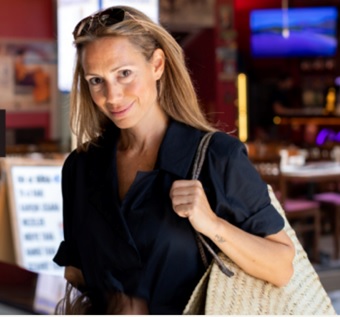
Cemre Torun
Food writer, culinary consultant
Born in Istanbul in 1975, Cemre Torun studied Marketing at Georgetown University and received her master’s degree in Clinical Psychology from Boğaziçi University. After working in both areas in the U.S. and Istanbul, she started working as a food writer and researcher in 2010. She has been the food editor of Vogue Turkey for over ten years and also worked as the food editor of GQ and Condé Nast Traveler Turkey. Her articles have been published in many local and international publications, as well as in leading food magazines and books like MAD Dispatches, Fool and Fare. She also appeared on the popular Netflix shows Chef’s Table and Ugly Delicious.
Cemre Torun is the Academy Chair for The World’s 50 Best Restaurants, covering Turkey, Greece, Israel, and the Balkans. She is also one of the founders of YEDI, an Istanbul-based, international food conference, bringing together chefs, producers, and opinion leaders around powerful discussions on food and beyond.
She has published two cookbooks with more than 250 original recipes focusing on seasonal ingredients. Her latest book project was aimed to support the restaurant industry during the Covid-19 crisis. “Restaurants At Home” includes more than 100 recipes from Istanbul’s best restaurants and quotes from national and international culinary leaders. It sold 10,000 copies over a few months, with all proceeds supporting restaurant workers in need.
Cemre Torun is also a brand and content consultant. She is the editor and consultant of Grundig’s “Ruhun Doysun” project, focusing on sustainability, food waste and awareness around respect for food. She brings together her experience and expertise in the social, psychological, and environmental aspects of food and continues her work as a writer, researcher, educator, and consultant.
PROTOTİP:RAKI – A Work in Progress
We have set out on a journey of continuous evolvement and improvement. With our eyes set on making a better rakı with each passing year and harvest. We keep on digging into all aspects of the process- the grapes, the aniseed, the distilling… While pushing the boundaries a bit, we move ahead with science and our guts. As the name “Prototip” indicates, this is a never-ending process. We’re never really finished. Instead of using the same recipe each year, we want to see how we can evolve and improve on the previous lot. Each year we begin with a clean slate. What grape should we use? What about the aniseed, how much of it? What process should we apply? What are we really after? What’s the desired taste profile? How was the season? During maturation, should we use steel tanks, barrels made of oak or perhaps other times of wood, clay urns or even a combination? Looking back at the previous year, is there anything we would have done differently? These are just some of the questions we ask ourselves, with our curiosity and desire to make an awesome spirit helping us along the way…
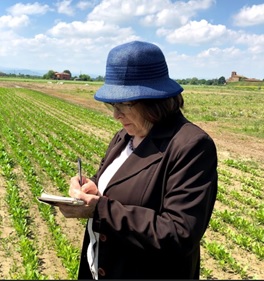
Dr. Fatma Eraslan
Agricultural Engineer – Founder Farmi Agriculture Company
Fatma Eraslan is a graduate of Ege University, Faculty of Agriculture, Department of Plant Protection. Eraslan worked for 27 years on the diseases and pests of vegetables, fruits, potatoes in the Research Institutes of the Ministry of Agriculture. Fatma Eraslan participated in domestic / international examinations and vocational trainings related to the subjects she worked on. She completed her doctorate on potato soil diseases and gave training on plant diseases.
After her retirement from the Ministry, she served for ten years as Agricultural Product Development Manager in Turkey’s largest frozen food company. In this position, Fatma Eraslan devoted herself to the promotion and implementation of the subject of BIOFUMIGATION, which she saw becoming widespread in western countries. For this purpose, she continues his efforts in the FARMİ Agricultural company, which she founded in 2012.
In addition to her professional publications, she wrote a book during the pandemic period called “FATOŞ ANNEANNENİN SEYAHATNAMESİ “, in which Fatma Eraslan describes her extraordinary memories of her business and private travels.
Biofumigation Application Practice in Vineyards
Green manuring with mustard was first started in the California Napa Valley vineyards 40-45 years ago. It was mainly aimed at enriching the sandy soils in terms of organic matter and improving their texture. Every year since 1993, events called the “Napa Valley mustard festival” have been held in this region during the blooming time of mustards.
After 2000, when many soil fumigants, especially methyl bromide, were banned in agriculture, biocidal mustard varieties started to be used in the Napa Valley. Since 2005, biocidal green manure has become widespread in vineyards in France and Italy and has become a standard agricultural process. In the BIOFUMIGATION application made in vineyards with FARMİ varieties:
- The vineyard areas of the new facility are disinfected before planting.
- Soil structure is corrected, organic matter is increased, and nitrogen leaching is prevented.
- Erosion is prevented in sloping vineyards.
- The nematode Xiphinema index, a carrier of short node virus disease, is taken under control.
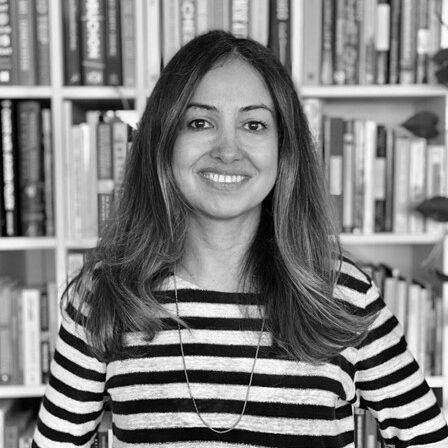
Gözdem Gürbüzatik
Founder - Fern Collective, Innovation, Strategy, Food & Alcoholic Beverages
–
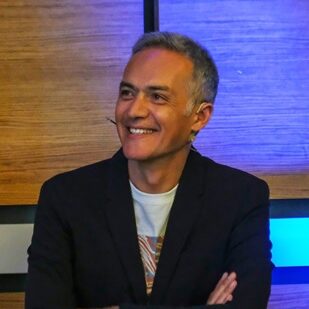
Umay Çeviker
Architect – Old Vine Turkey Regional Ambassadors, Member of Slow Wine Coalition
Wine & Spirit Education Trust (WSET) eğitimli bir mimar ve Ankara’da üyesi olduğu tadım grubu ile birlikte 18 yıldır her ay temalı tadımlar yapan bir şarap tutkunudur. Çoğunluğu Türk şaraplarına ait 4.000’e yakın tadım notunu Cellar Tracker portalında yayınlamaktadır.
Hugh Johnson ve Jancis Robinson’ın The World Atlas of Wine eserine 7. ve 8. baskılarında, Jancis Robinson, Julia Harding ve José Vouillamoz’un Wine Grapes’ine ve The Oxford Companion to Wine’ın 4. baskısına Türkiye hakkında katkıda bulunmuştur. Birçok makalesi Jancisrobinson.com’da yayınlanmıştır.
2015 yılında, gelişmekte olan şarap bölgelerine destek veren, The Vintners’ Company himayesindeki Geoffrey Roberts Ödülü’ne layık görülmüştür. Amacı Türkiye’nin kaybolmaya yüz tutmuş bağlarını, üzüm türlerini ve bölgelerini açığa çıkarmak olan bu projeyi halen; Levon Bağış ile birlikte kurduğu Yaban Kolektif girişimi ile desteklemektedir.
Dünyanın en prestijli şarap yarışmalarından biri olan International Wine Challenge’da (IWC) jüri üyesi olarak 2015 yılından bu yana görev almaktadır. Sarah Abbott MW öncülüğünde başlatılan ve amacı yaşlı asmalara ve bağlara dikkatleri çekmek olan Old Vine Conference adına Türkiye’yi temsil etmektedir. Aynı zamanda Slow Food ve Slow Wine Coalition oluşumlarının üyesidir.
Old vines, local varieties
There is no scientific definition at what stage a vine is classified as ‘old’. However, the common view is that a vine after 35 is considered old. Many parts of the world have vines much older than this. For example, the quartet classification of Barossa Old Vine Charter, which was established in Australia in 2009, includes vines aged 125 and over in the ‘Barossa Ancestor Vine’ category, which is the highest age group.
The age of 35 is also the limit at which many growers renew their vines, who do not want to risk their yield or the health of their vines. However, old vines; Thanks to its deep-rooted roots, its adaptation to the region and climate it belongs to, and its resistance to climate change, it is now able to produce more deep wines compared to young vineyards.
In the case of Turkey, this is rather the subject of an existential debate. The vineyard area we have lost in the last thirty years due to various reasons is equal to the total vineyard area of Australia, which is the 6th largest wine producer in the world. There is no doubt that these vineyards we lost were mostly old vineyards with local varieties.
The only way to reverse this trend is to convince both producers and consumers that the grapes from these vineyards are valuable, yielding deeper wine, better molasses, or finer table grapes. The Old Vine Conference, Root Origin Soil initiative, and the Yaban Collective formation aim precisely at this goal.
It is necessary to act before it is too late, to recognize, promote and protect these heritage ties.
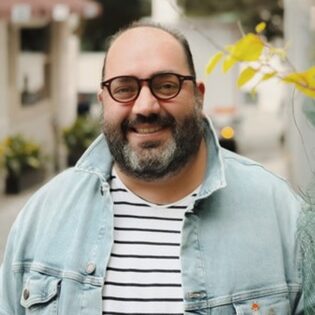
Levon Bağış
Wine Expert and Instructor, Foxy Wine Bar Co-Founder, Yaban Collective Co-Founder
Levon Bağış was born in Istanbul in 1980. While studying Public Administration, he started to be interested in wine. This curiosity eventually became his professional life. By participating in certificate programs in educational institutions such as WSET, London Wine Academy, and Ecole du Vin, he reinforced his knowledge with his certificates. He established Kavaklıdere Winery, Turkey’s first chain of wine boutiques; between 2003 and 2009, he had the chance to work in the vineyard and the pine tree during the vintage period. He worked as Kavaklıdere Wines Marketing Coordinator for four years. For 15 years, he has been doing his favorite thing, namely wine, as a professional profession. Levon Bağış, who has prepared Kavekol, which is one of the most comprehensive wine professional training programs in Turkey and has been given under the body of Kavaklıdere Wines since 2006, has a wine training book called “ABC of Wine”. His articles appeared in Karaf Magazine and FEED magazine. He is the article author of the Nuts Encyclopedia. He took part in the founding team of “New Local Conversations”, one of the essential studies for identifying Turkish Cuisine. He undertook the consultancy of the “Gastronomika” project within Salt. In the 2009-2010 academic year, he gave the course “Liquor and Beverage Culture” as a guest lecturer in the Gastronomy Department of Okan University. Since 2015, he has been continuing to provide wine training at the Culinary Arts Academy. He continues to give consultancy under the OBUR brand and writes a column in the weekly AGOS Newspaper and GastreaMag, Ruhun Doysun internet publications. Since 2016, he has been a jury member of the London-based world’s most prestigious wine competition, “INTERNATIONAL WINE CHALLENGE.” He is the founding partner of ‘FOXY Local&Real,’ Turkey’s only wine bar and bistro with natural wines, where only local wines. He is one of the executives of the Yaban project, which protects and promotes the local grape variety, the most precious heritage of Turkey’s geography.
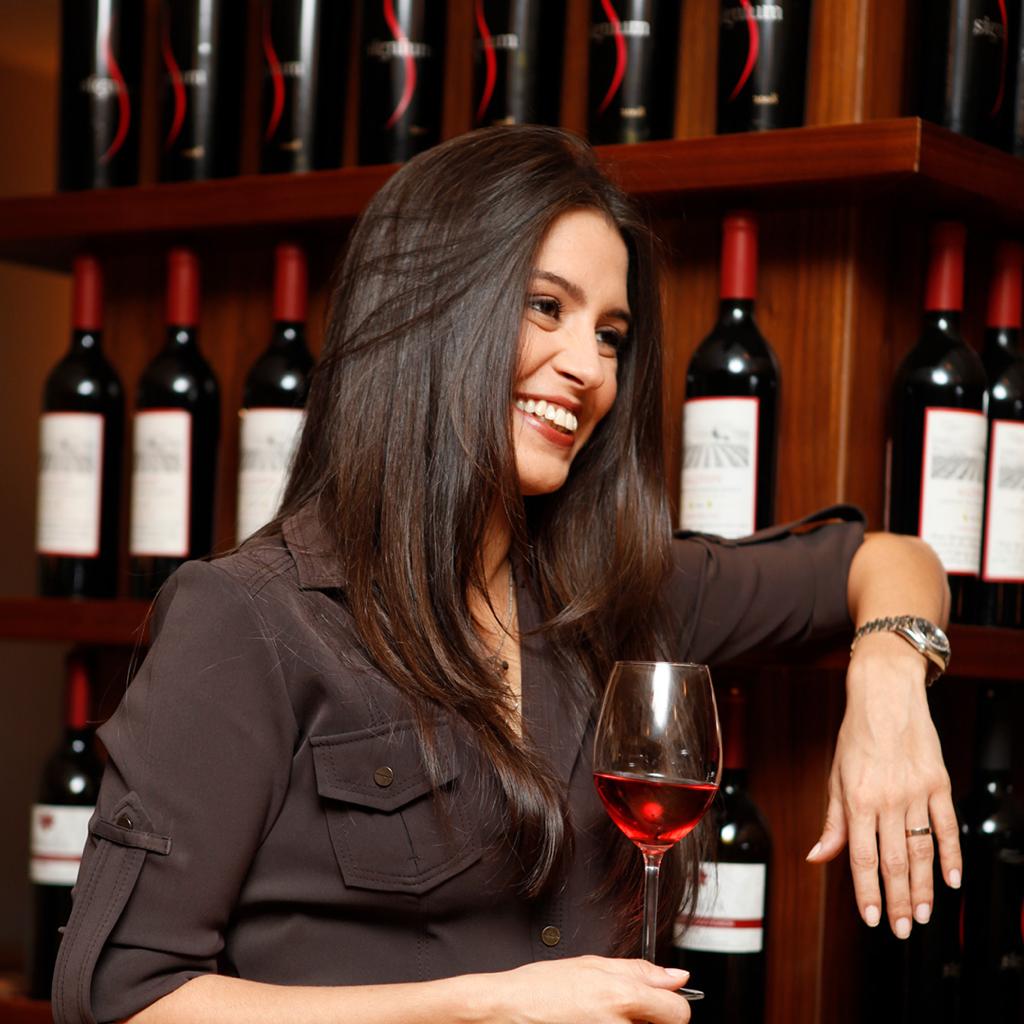
Sibel Kutman Oral
Doluca Wine - Board Member
She was born in 1975 in Istanbul.
She completed her high school education at Robert College, and her university education at Wesleyan University in the USA on Modern Dance and Business Marketing.
She studied Wine Production and Degustation as a Postgraduate at New York University.
Between 1998-2008 Doluca Winery Pazarlama ve Tic. Inc. She has been serving as the Marketing Director, and as a Member of the Board of Directors since 2008.
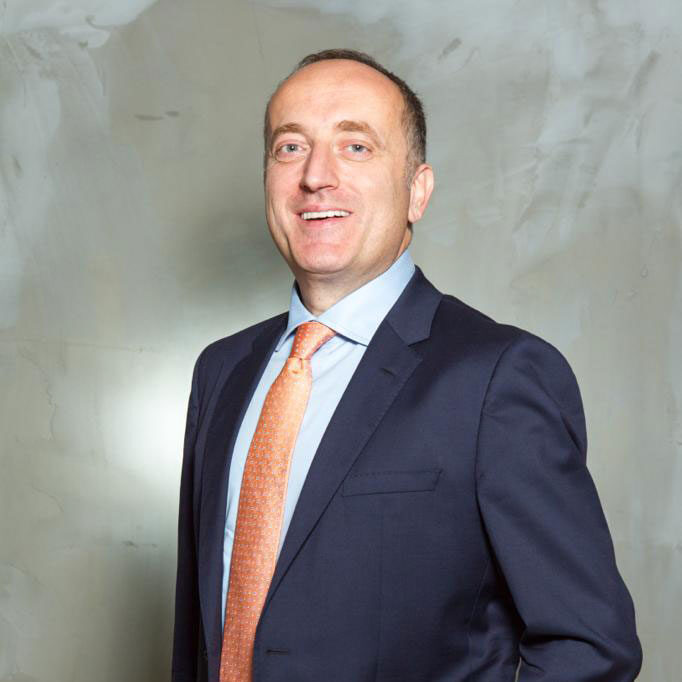
Levent Kömür
Mey|Diageo Turkey General Manager
Levent Kömür is General Manager of Mey|Diageo Turkey. He has held a variety of senior positions across the company including Marketing Director and Sales & Distribution Director Mey|Diageo Turkey.
Levent was previously the General Manager of the Istanbul Office of Integer Group, one of the leading shopper marketing agencies in the world. He started his professional life in Procter & Gamble as Brand Manager Assistant, continued to work as Regional Brand Manager responsible from Central & Eastern European countries and as Marketing Director he continued to work at Procter & Gamble Egypt and the Near East (Egypt, Lebanon, Jordan, Syria and Iraq), Procter & Gamble Turkey and Procter & Gamble South and East Africa.
Levent was raised in Istanbul and graduated from the Industrial Engineering department of Bogazici University in 1992.
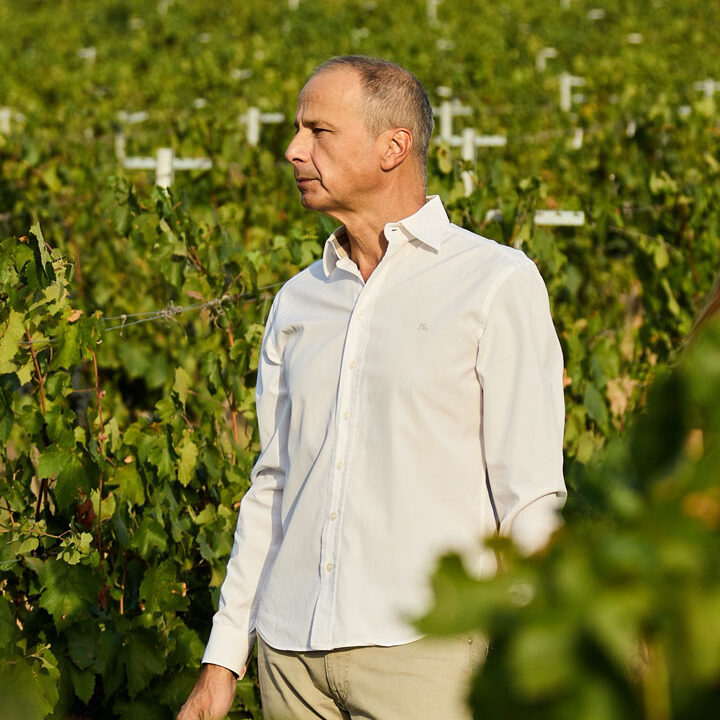
Ali Başman
Kavaklıdere Wines - Board Chairman
After graduating from Saint Joseph High School, he completed his university education at Istanbul University, Faculty of Economics, Department of Finance and started working in Kavaklıdere Wines in 1985, and today continues his career as the Chairman of the Board of Directors.
Ali Başman is a member of the Board of Directors of TÜSİAD, Ankara Chamber of Industry, Turkish Belgium Luxembourg Trade Association, Turkish French Trade Association, Deputy Chairman of Istanbul Exporters’ Association, President of the Wine Producers Association and Chairman of the Board of Sevda Cenap And Muzik Foundation.
Ali Başman, who is also a member of Chaine Des Rotisseurs, Wine Club of Ankara, Şarap Dostları Association and Galatasaray Sports Club, is a true animal lover as well as his passion for music and viticulture.
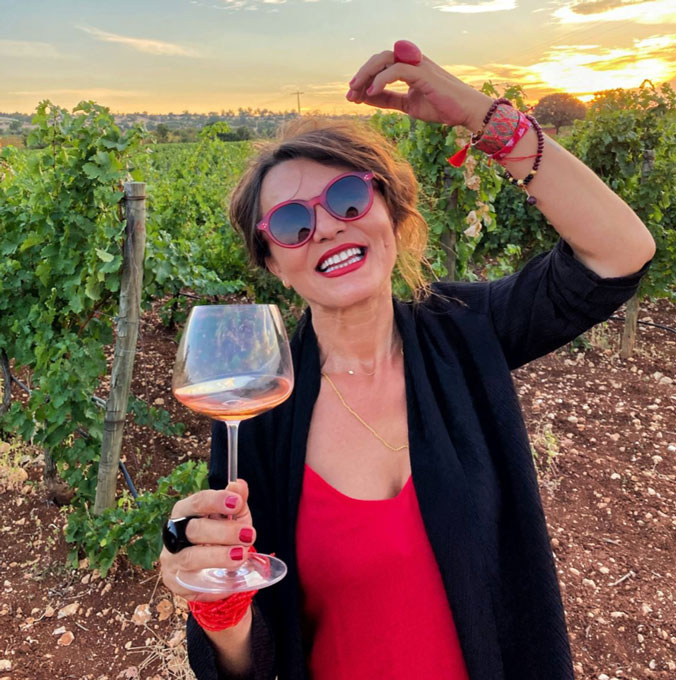
Selda Tokat
Pamukkale Wine - Board Member
I was born in Güney, a small town in the north of Denizli, in 1970.
I grew up in a big courtyard where our big family lived. In the courtyard where there were many children, six wineries, the doors are never locked, big tables are always set up, and laughter is constantly heard.
It was my first hobby to collect the different bottles that come to the winery, and to be able to remove the labels from these bottles without tearing them.
The most special game of my childhood was to make a castle out of the residue of pressed grapes.
I went to primary school in Güney. After that I went to a boarding school in İzmir when I was 10 years old. I learned to struggle and cope in boarding school.
After the boarding school my new goal was to work in our winery, so I went to Hacettepe University. I started studying Food Engineering, in the second year of school, I realized that I wanted to work in sales and marketing, not production.
After school, I worked for 4 years in Ankara and 1 year in Istanbul, one of the most important companies of the world, Unilever, to get my family business license. I learned a lot from Unilever, which was a second school for me.
In 1999, with the request of my family, I joined the management of the family company.
In 2004, I almost gave birth to my daughter, Su, next to wine boxes.
Like almost every woman who has a child and has ended her marriage in Turkey, I started to be interested in psychology, I decided to take it one step further and study sociology. I graduated from Anadolu University Open Education Faculty Sociology department.
Eating good food and drinking good wine is very precious to me.
By the way I love tennis but only my screams sound like Sharapova!
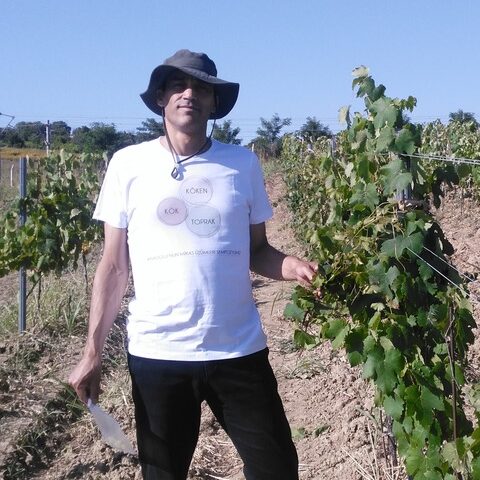
Tamer Uysal M.Sc
Agricultural Engineer, Msc Tekirdağ Viticulture Research Institute
Tamer Uysal was born in 1971 in Muğla. Uysal graduated from Söke Agricultural Technical High School in 1989. He completed his undergraduate education in 1997 and his master’s degree in 2009 at Tekirdağ Namık Kemal University.
Tamer Uysal started working at the Ministry of Agriculture and Forestry in 1989. He has been working at the Tekirdağ Viticulture Research Institute since 2000.
Tamer Uysal carries out the projects of “Research on the Identification, Conservation and Identification of Turkey Vine Genetic Sources”, “The Establishment and Conservation of the International Vine Variety/Stockroot Collection”, and “Turkey Vine Genetic Sources Database”. He also takes part in the vine breeding projects.
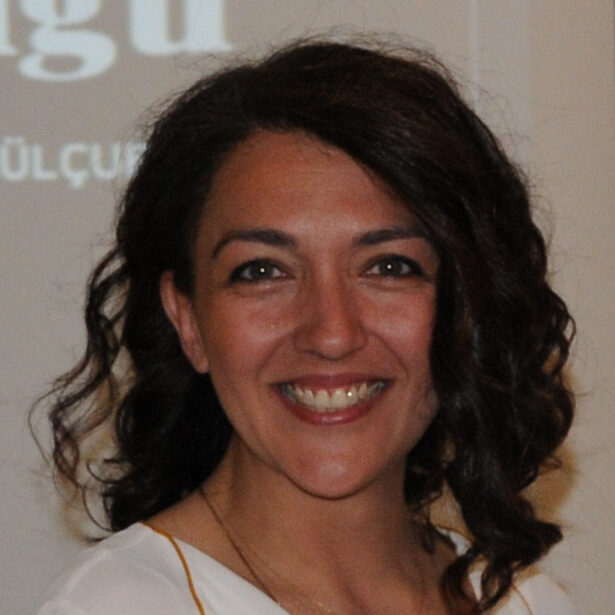
Işık Gülçubuk M.Sc
Winemaker
Işık, who started her research on wine with her graduation thesis at the Department of Food Engineering at Ege University, was selected for the Wine Women Awards in France in 2009 among 400 people. She completed a master’s degree in Vinifera Euromaster in Montpellier SupAgro in the first year and in Winery and Viticulture at Madrid Polytechnic University in the second year. Işık Gülçubuk has worked in both wineries and vineyards with important producers in Bordeaux in France, Marlborough in New Zealand, Cariñena in Spain, and Napa Valley in the USA. Holder of WSET Advanced certification. In addition to wine & vineyard consultancy, she teaches Wine Science at the university. Işık Gülçubuk takes part in projects that make production with minimum intervention, with respect to nature and sustainable viticulture principles.
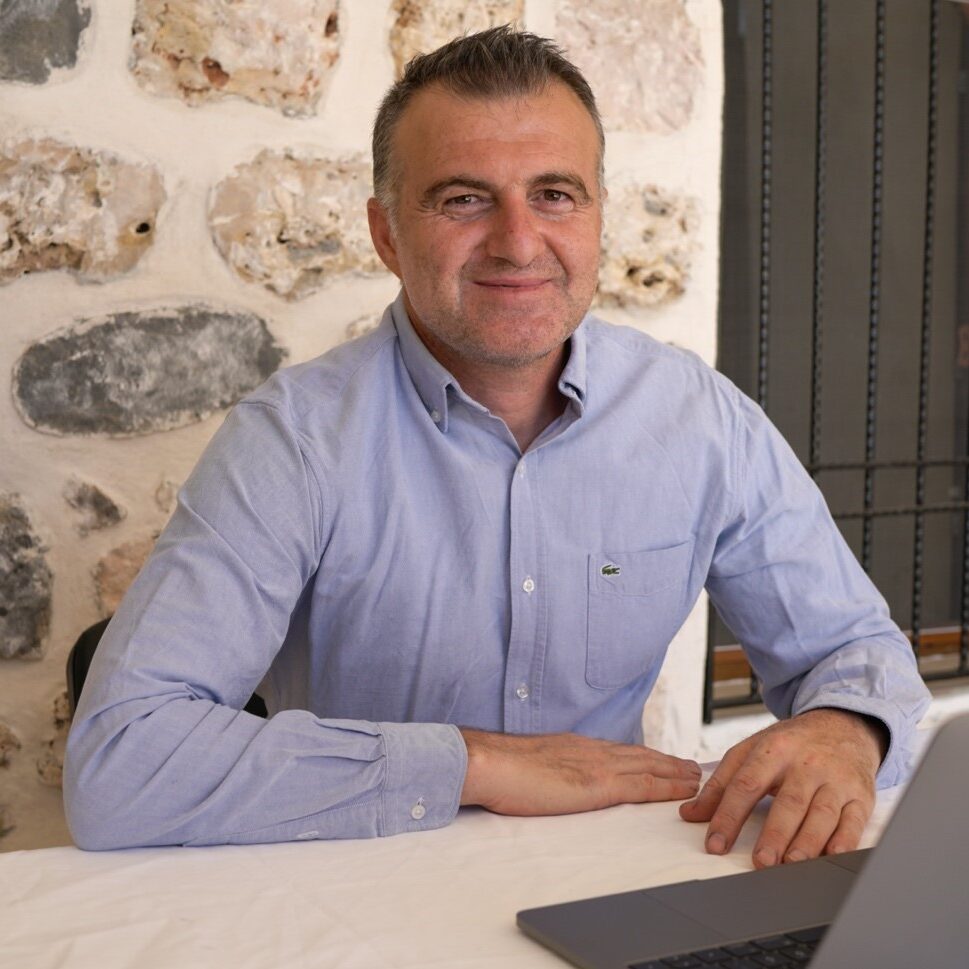
Markus Ürek PhD
Midin Wines
1977, Born in Öğüntük, idil – Şırnak. He graduated from Öğüntük village primary school and Midyat High School.
Master’s Degrees;
Marmara University Communication, Ankara University, Political Science
Overseas Master’s Degrees;
International Relations by The New School University, New York, Fulbright Scholar
Ph.D. and Thesis studies;
Police Academy, Security Strategies and Management, PhD
China Middle East Energy Security Policy, Thesis
Articles;
Articles in the line of China and Energy.
Book;
Lobbying in Turkey and the USA
Born and raised as a farmer and a vigilante.
He founded Midin Wines in 2019, starting in 2021.
It produces 150 acres of family-owned wine and 60 thousand wine-inked bottles with grapes from the surrounding villages.
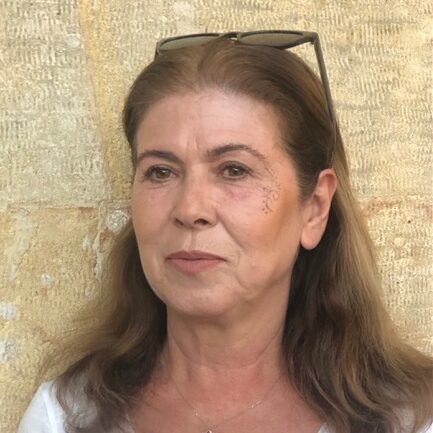
Fatma Yiğit
Tafali Wines Co-Founder
Fatma Yiğit, one of the founders of Tafali Vineyard, was born in 1959 in İzmir Ödemiş. Fatma Yiğit graduated from Ege University, Faculty of Agriculture, Department of Vineyard and Garden in 1981. She retired in 2002 after working in various research and agricultural production departments of the Ministry of Agriculture. That year, Fatma Yiğit got together with her friend Alime Cicerali, who is also an agricultural engineer, and started growing Kalecik Karası grapes in Kalecik. What they started as city people turned them into soil people. In 2019, they established Tafali Vineyard and Boutique Winery. In this boutique winery with a production capacity of approximately 5000 lt, wine is produced with wild yeast in the skin of the grape and only from grapes grown in the Tafali Vineyard.
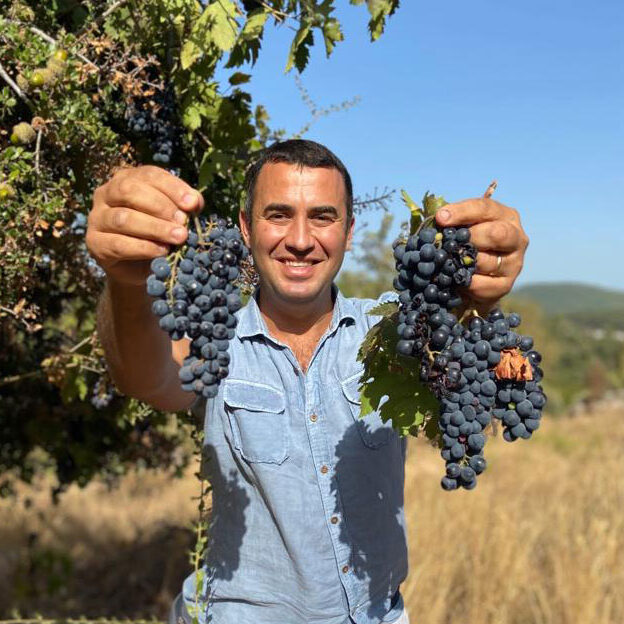
Çağlar Bozçağa
Neferiye Wines - Founder
—
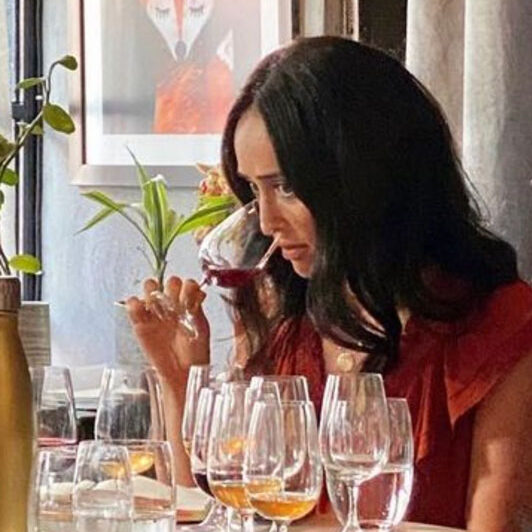
Safiye Arifağaoğlu
Mesashuna Wines
Born in 1986 in Artvin, Safiye was raised by a family that has always been interested in nature, farming, food and wine. With their Georgian heritage and enthusiasm for nature and wine, they planted the first vineyards in Artvin and started making natural wine for the family consumption in the early 2000s.
Safiye, a lawyer with more than 10 years of experience in corporate and capital markets law, took a deep interest in natural wine during her study for her master’s degrees in law and business in Spain and the US.
During her frequent visits to Georgia, she started learning about the process of qvevri wine making using ancient Georgian techniques and decided to professionalize the family’s natural wine making production.
Since then, she has been leading the winery operations of Mesashuna Wines while being actively involved in the winemaking process. Her goal is to make better natural wines with the least human intervention possible every year with the maximum respect for the soils and nature.
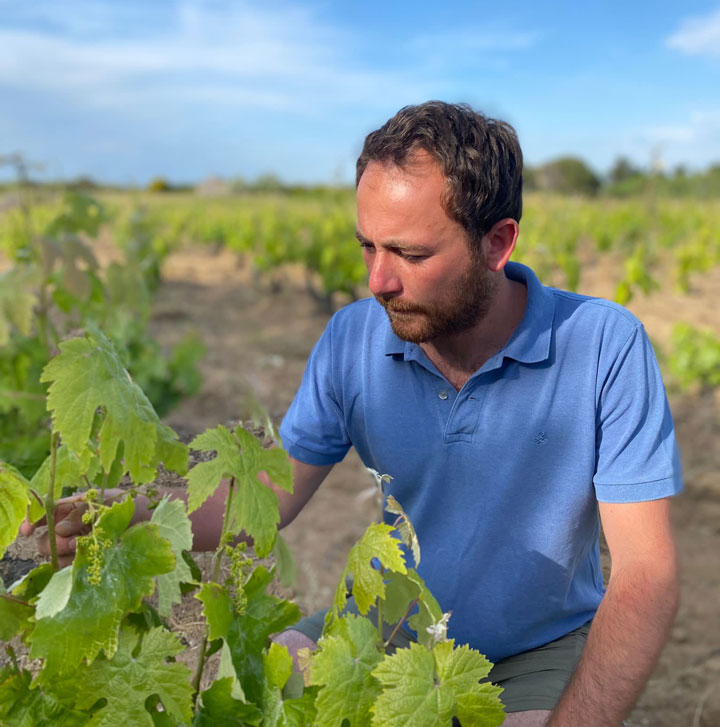
Günay Yurdakul
Çamlıbağ Wines - Winemaker
Born in 1990, Günay Yurdakul has been living in Bozcaada since he was born. After graduating from Yeditepe University, Department of Food Engineering, he returned to Bozcaada and devoted himself to his father’s profession, vineyards, and winemaking. After the death of Haşim Yunatçı, the last generation representative of Çamlıbağ Wines, one of the leading wine companies of the island, Günay Yurdakul is responsible for the production, quality, and sales processes of Çamlıbağ. Creating new vineyard areas to keep the local grapes of the island alive and develop is his biggest endeavor. Günay Yurdakul, who wrote articles on winemaking and viticulture in the island’s Mendirek magazine, is also the founder and operator of Tenedion Hotel.
Time
Program
Title
Speakers
10.00
Registration
Coffee & Snacks
10.45
Opening
Root Origin Soil
Sabiha Apaydın
Founder, Root Origin Soil
10.50
Talk
Viticulture Conditions in Thrace Region
Prof. Dr. Elman Bahar
11.15
Panel
Economics of Wine;
What to Do in Export?
Uğur Gürses, Moderator
Sibel Kutman, Doluca
Seda Tokat, Pamukkale
Levent Kömür, Mey&Diageo
Ali Başman, Kavaklıdere
12.00
Talk
Making Suryani Wine:
History, Identity and Authenticity
Marc Soileau
12.25
Lunch Break
Food prepared by the Culinary Arts Academy MSA
KRONOTROP Filter Coffee
ULUDAĞ Soft Drink
13.35
Talk
We Need to Build a Credible Category for Old Vine Wines
Sarah Abbott
Umay Çeviker
14.00
Panel
Micro Scale Macro Effect
Gözdem Gürbüzatik, Moderator
Markus Ürek, Midin Wines
Fatma Yiğit, Tafalis Wines
Çağlar Bozçağa, Neferiye Wines
Safiye Arifağaoğlu, Mesashuna Wines
14.40
Talk
Biofumigation Applications in Vineyards
Dr. Fatma Eraslan
14.55
Talk
Our Soil Can No Longer Be Exploited Just As A Production Factor
Mateja Gravner
15.15
Coffee Break
15.15
Konuşma
Prototip Rakı:
A Work in Progress
Cemre Torun
Mehmet Gürs
16.05
Panel
Climate Crisis, Wine and Terroir
Levon Bağış, Moderator
Işık Gülçubuk
Günay Yurdakul
16.35
Talk
"1435" Autochthones Anatolian Vines
Udo Hirsch
17.30
Talk
Slow Wine Coalition and The Power of Community
Maddalena Schiavone
17.45
Talk
Anatolian Grapes Under Protection with Turkey Vine Genetic Resources Project
Tamer Uysal
18.05
Conference Closing
18.30
Tasting
Wine Tasting from Local Grapes
* will be held at MİKLA restaurant.
21.30
Closing
Deep thanks for your support.

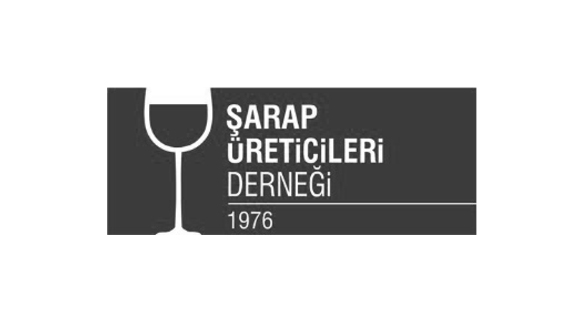

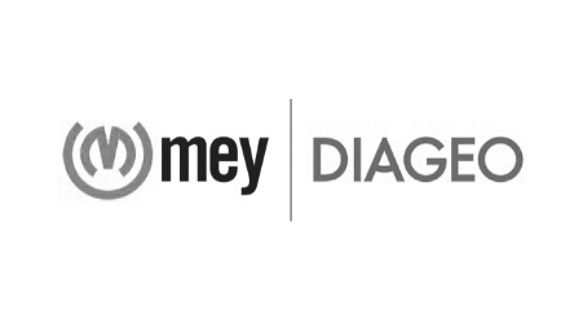
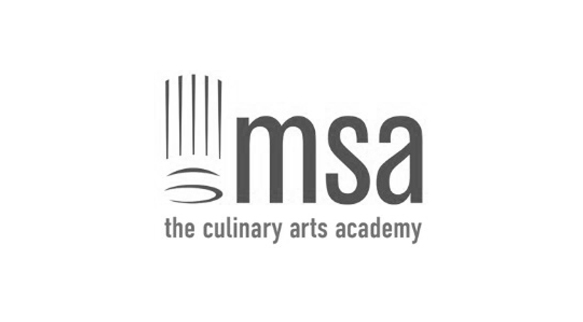
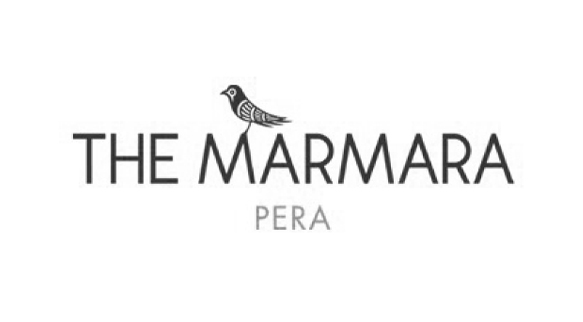
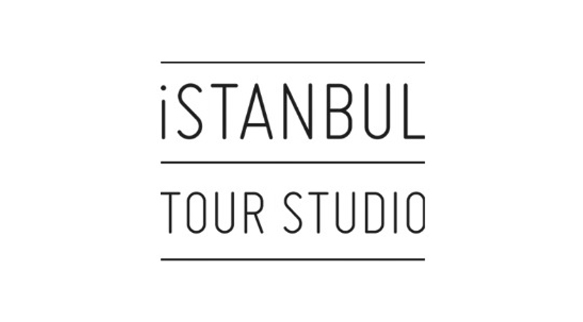
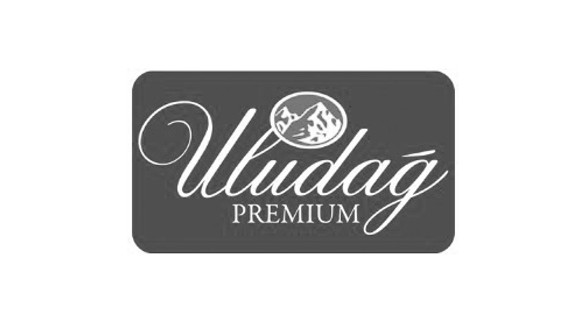
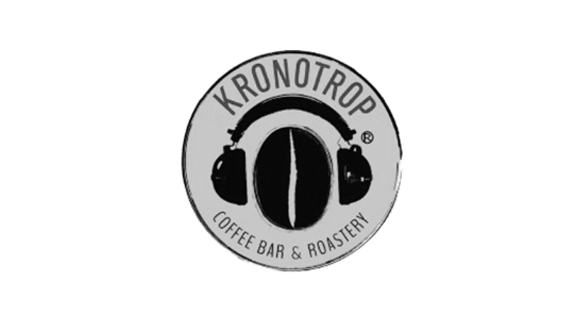

Hafize Gül

Gizem Kürekol
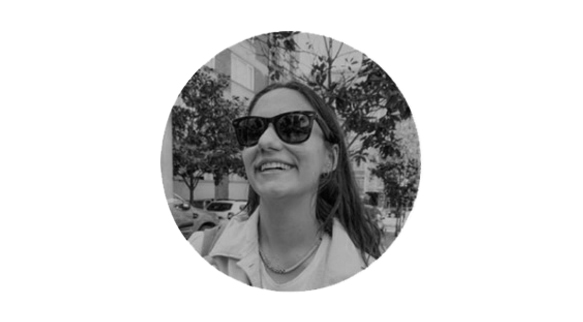
İpek Auf

Image Gallery
cc
